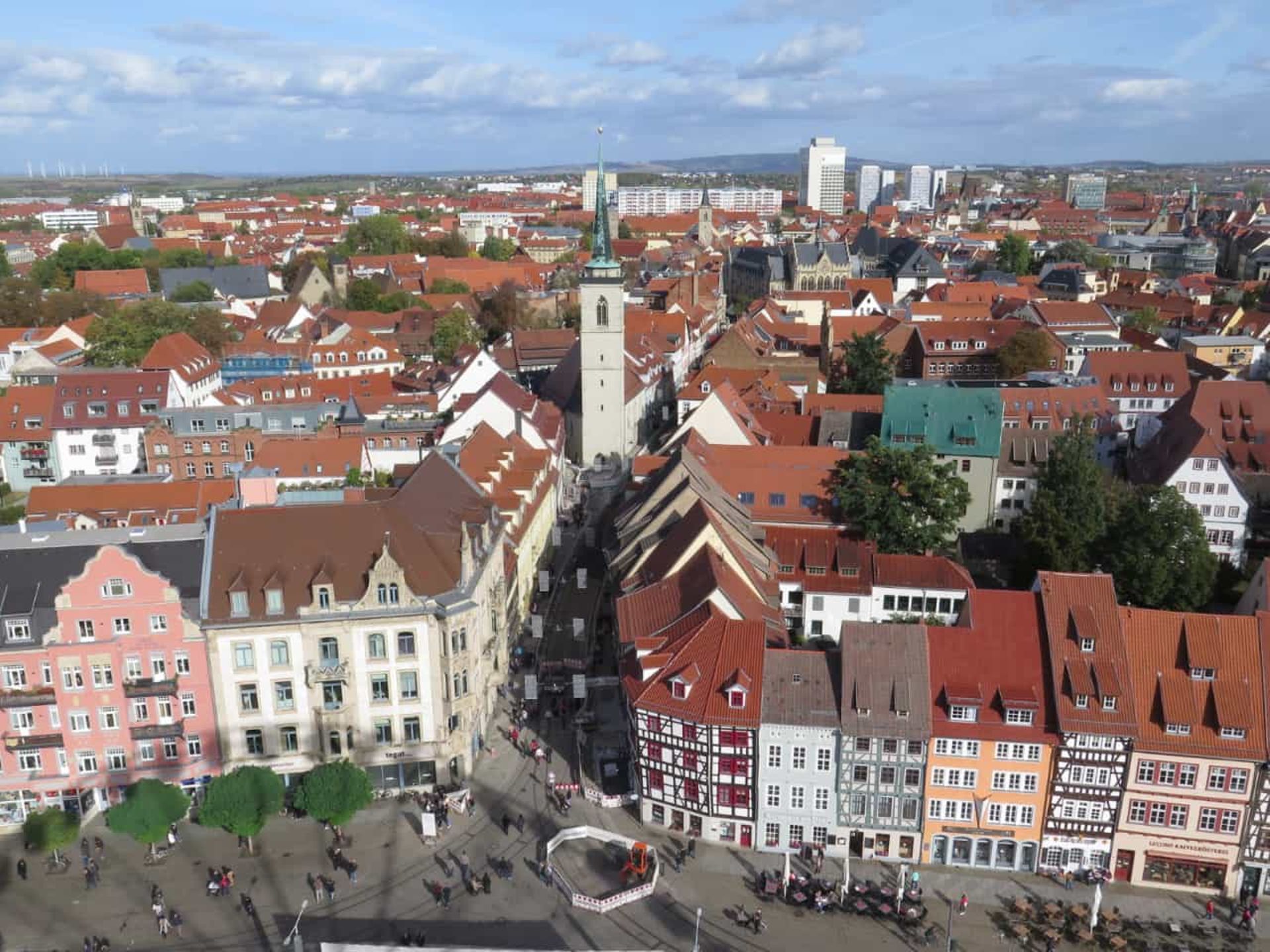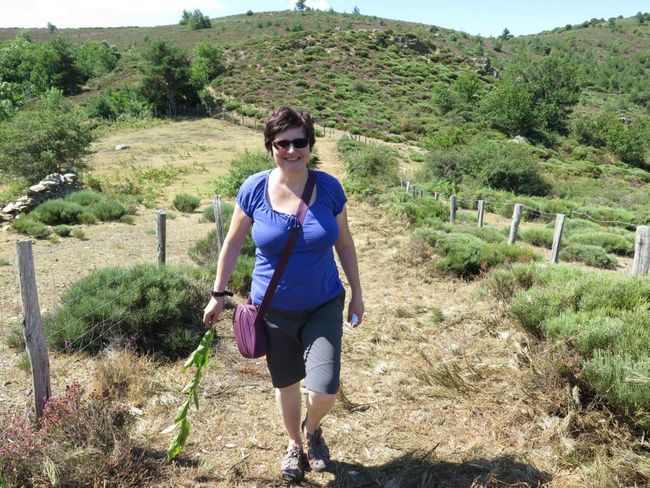2023 - September - Little
Published: 14.09.2023
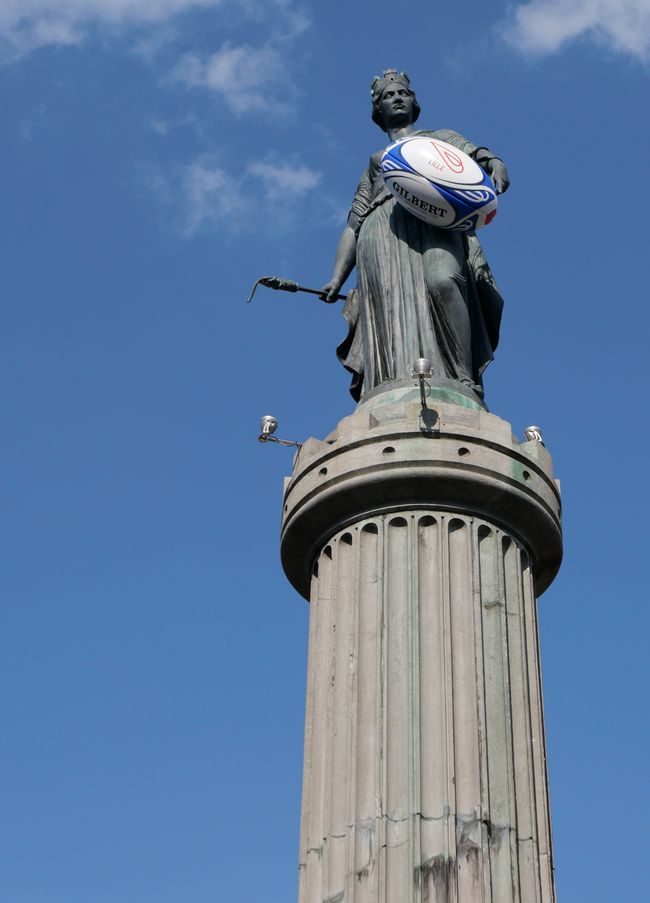
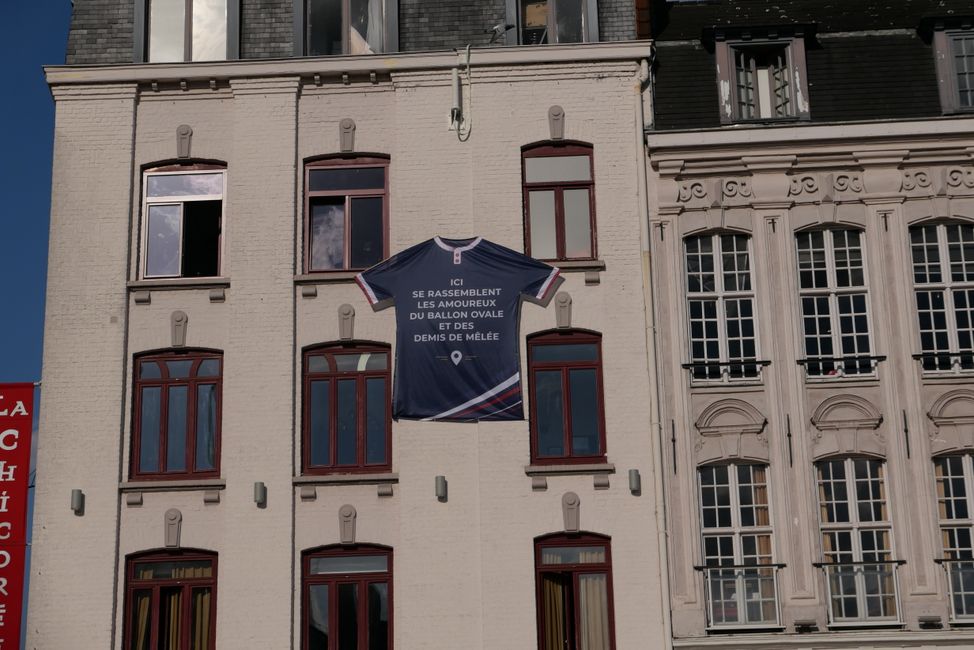
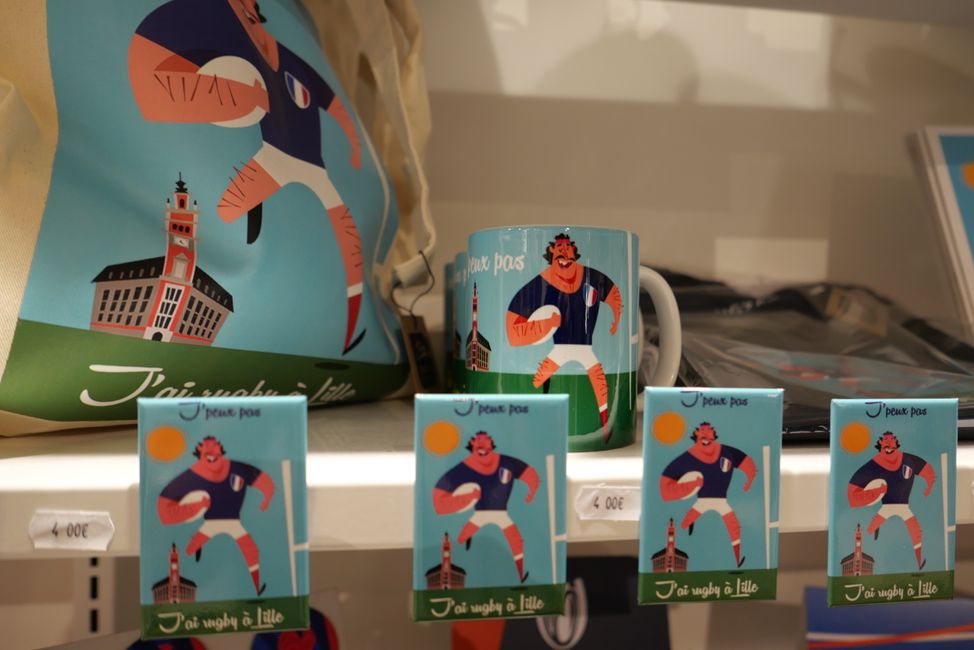
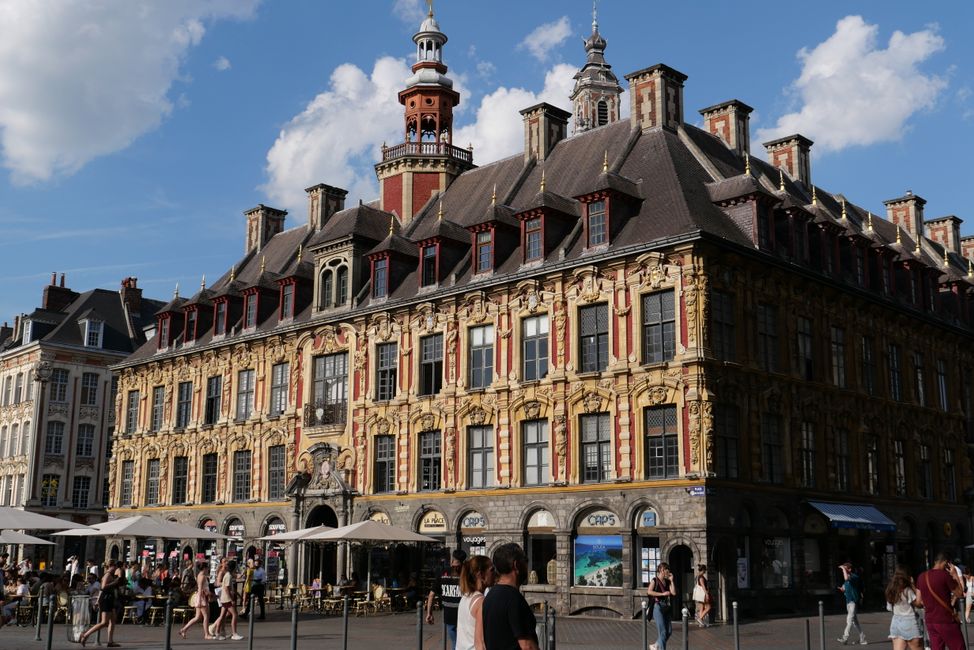
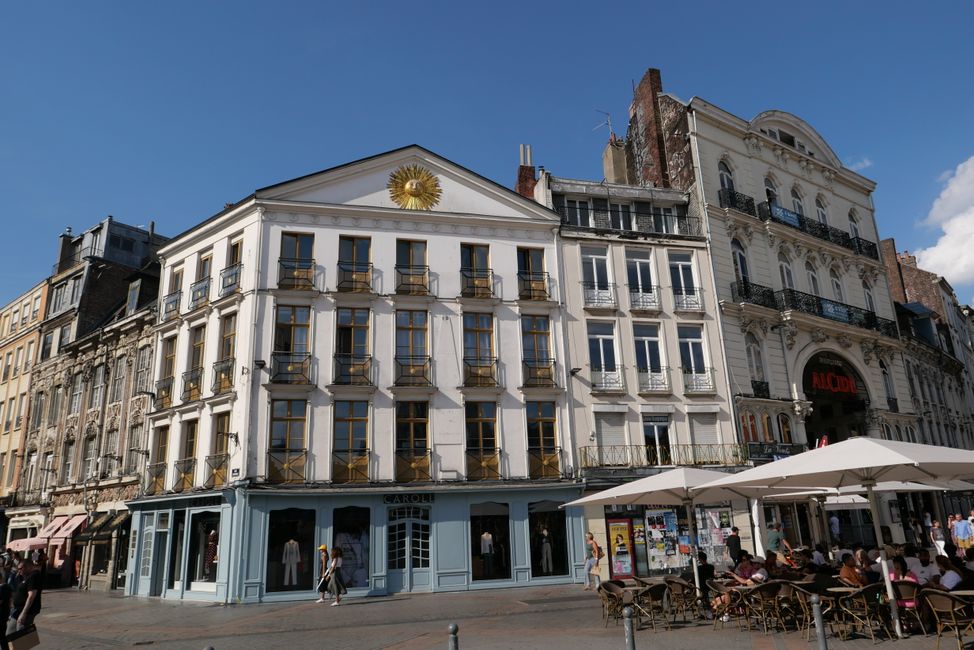
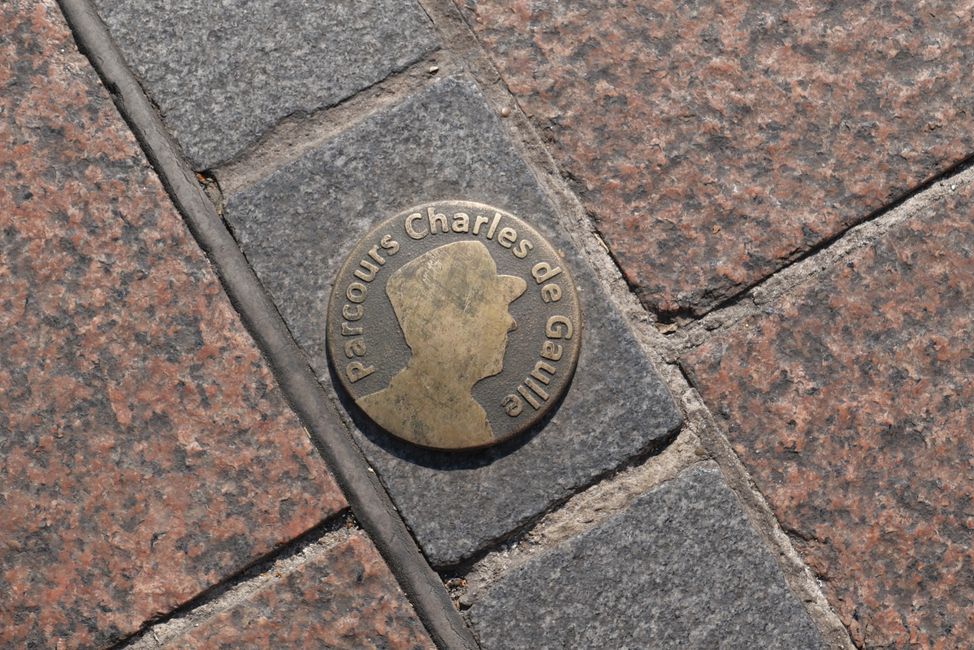
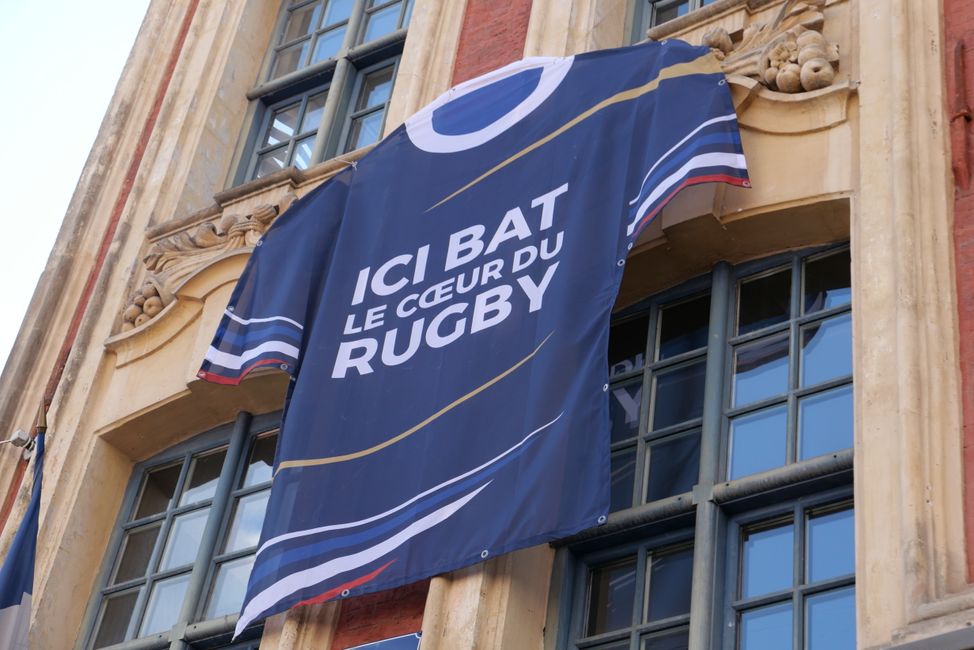
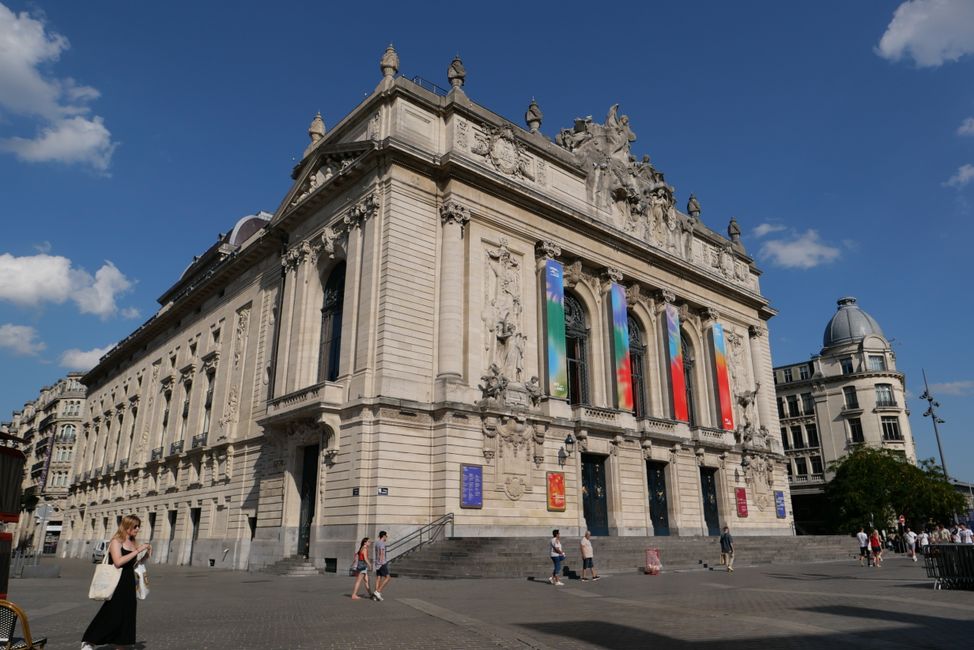
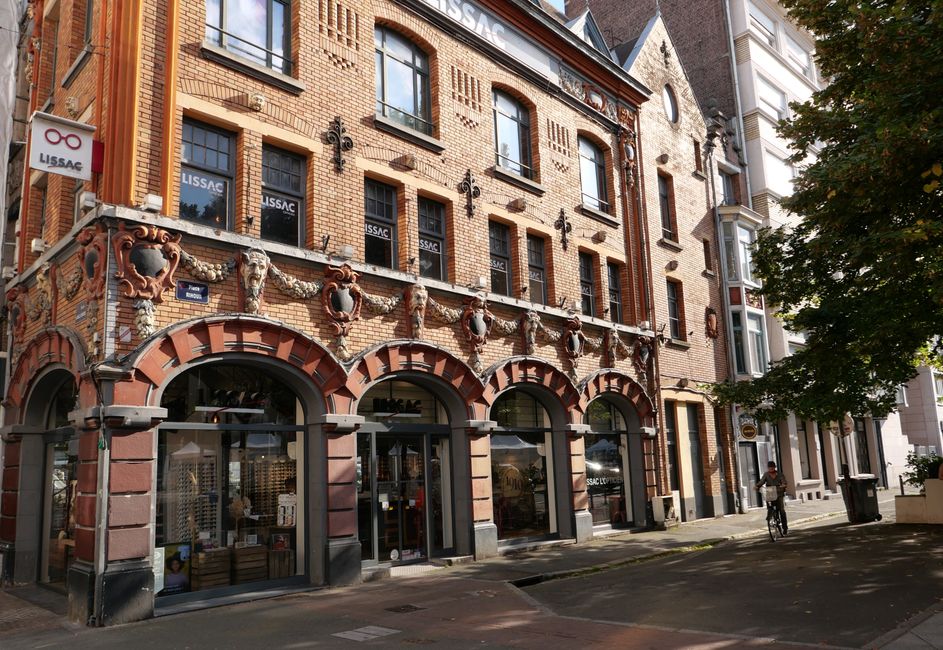
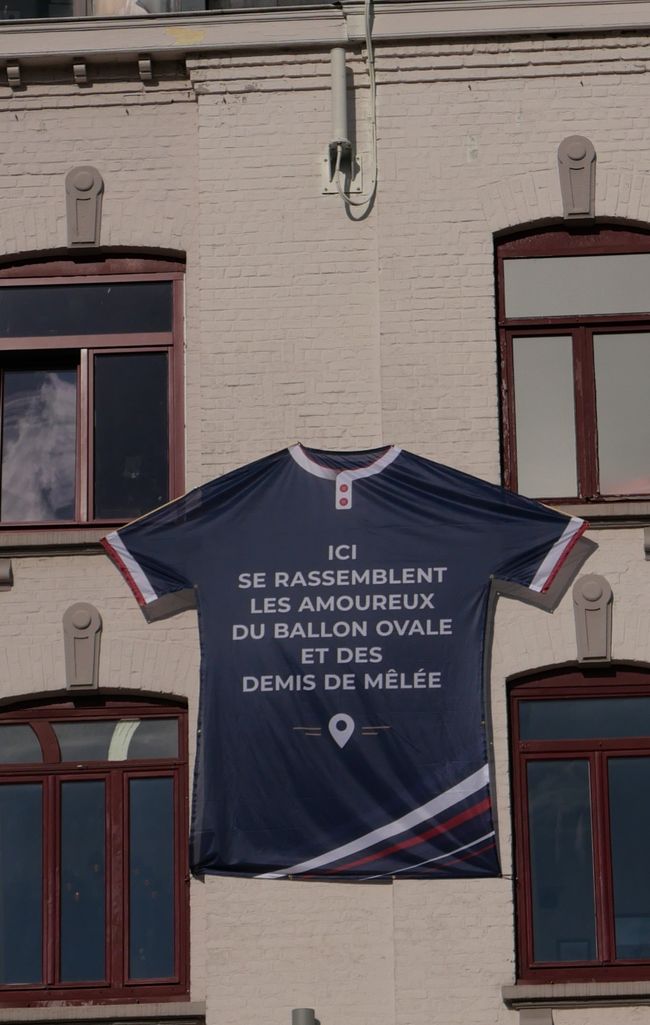
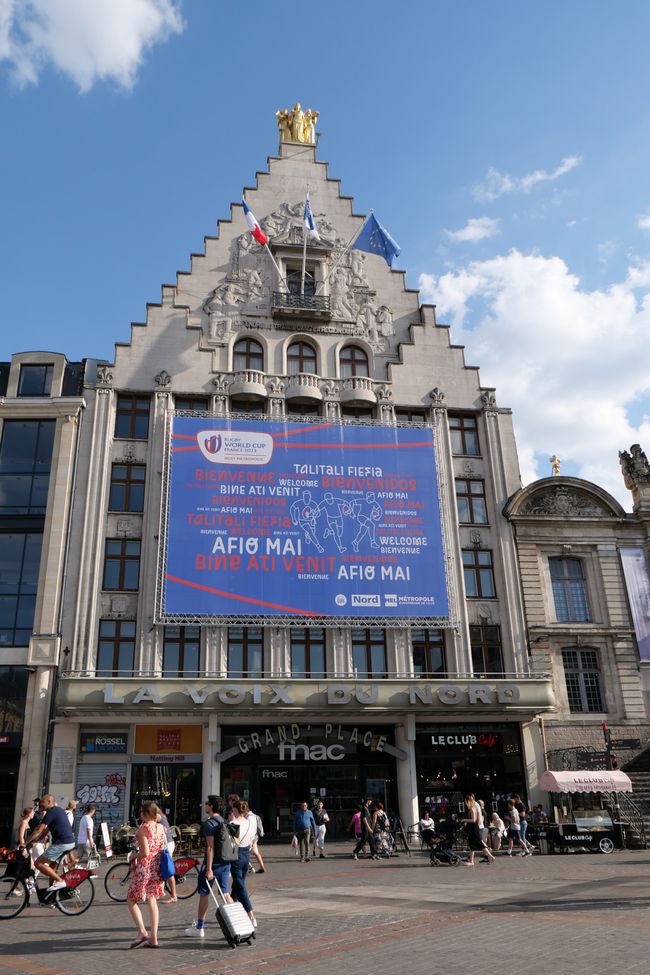
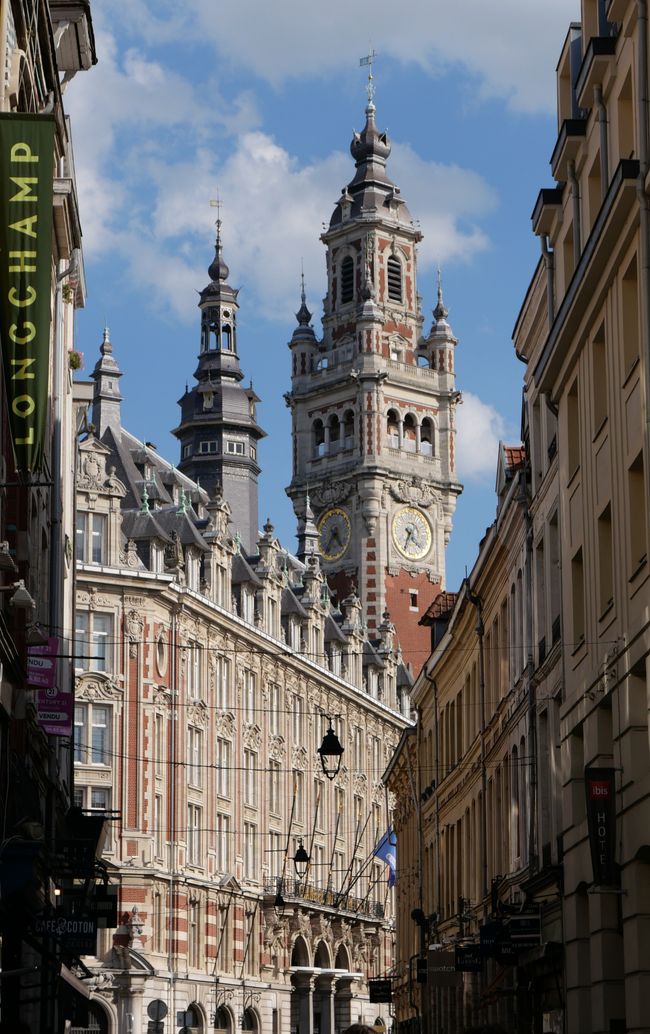
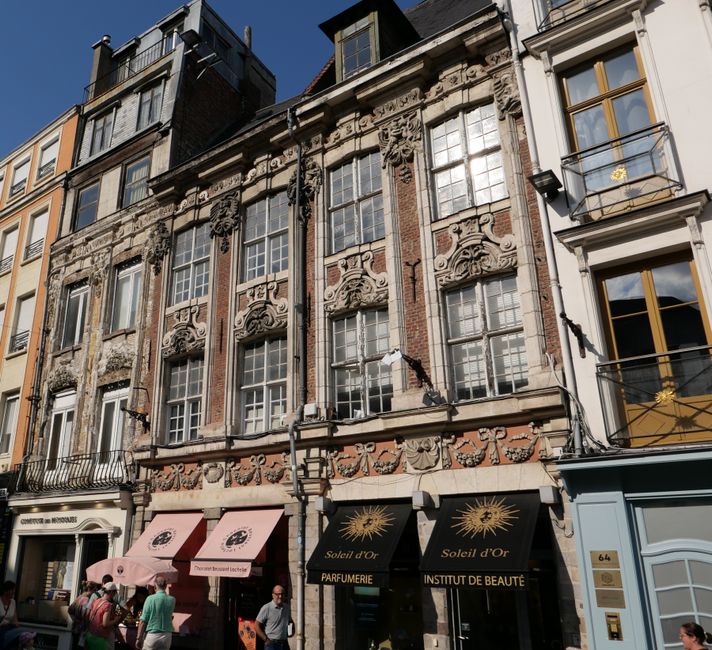
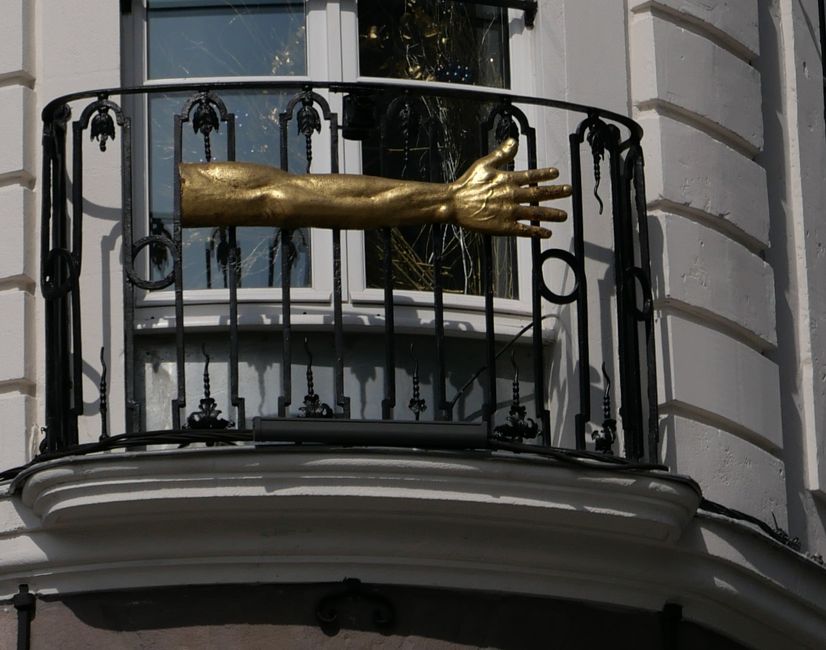
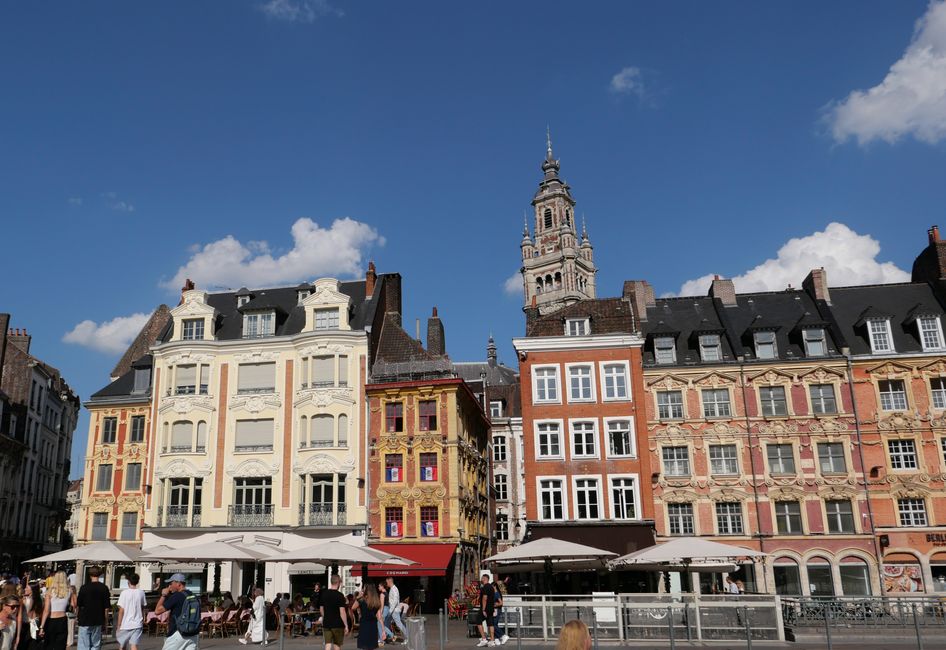
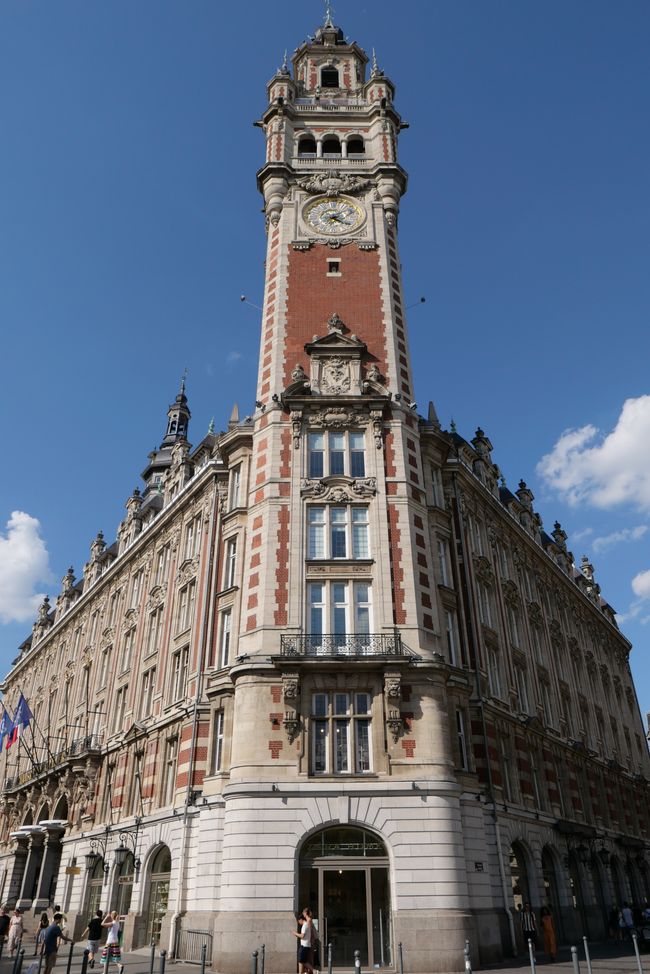
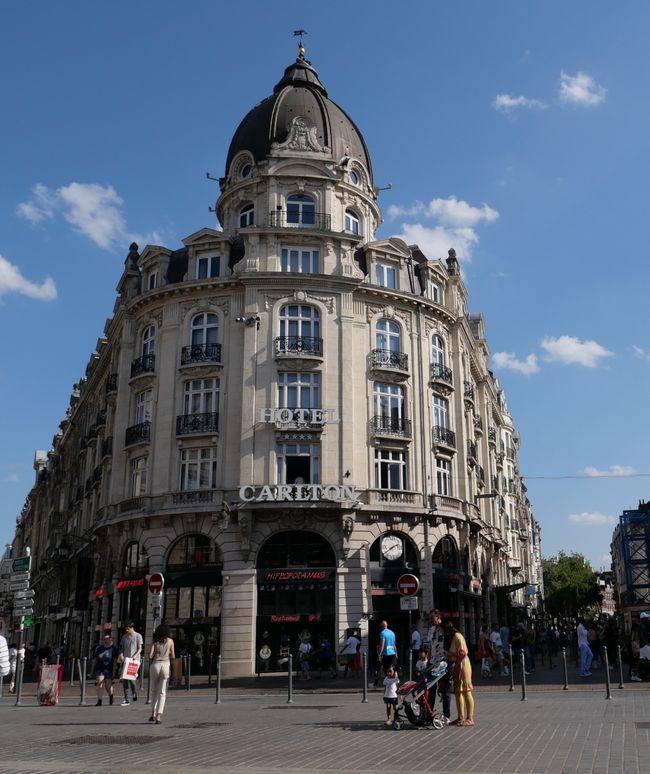
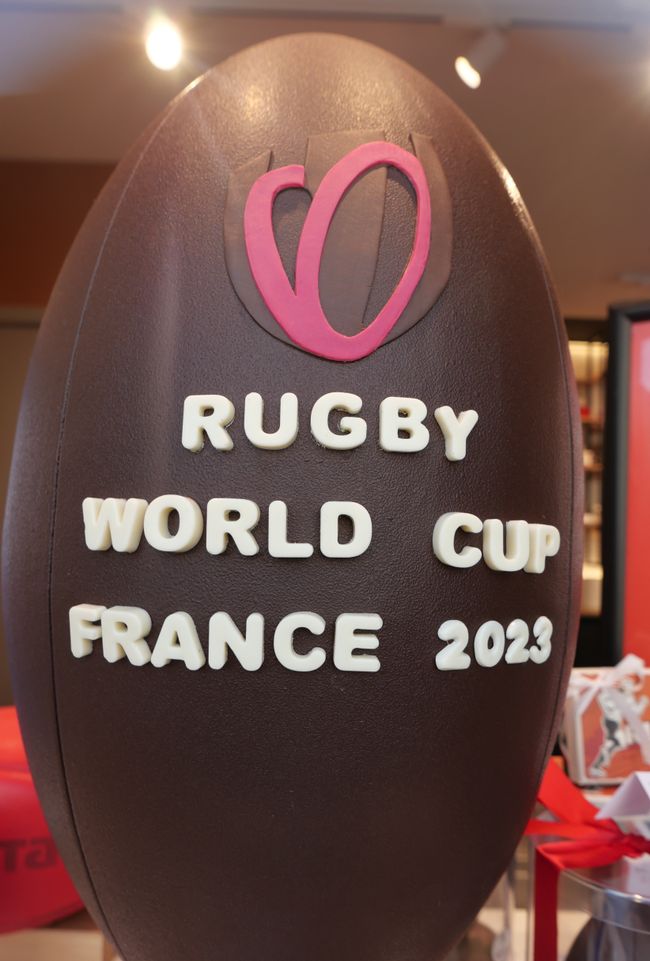
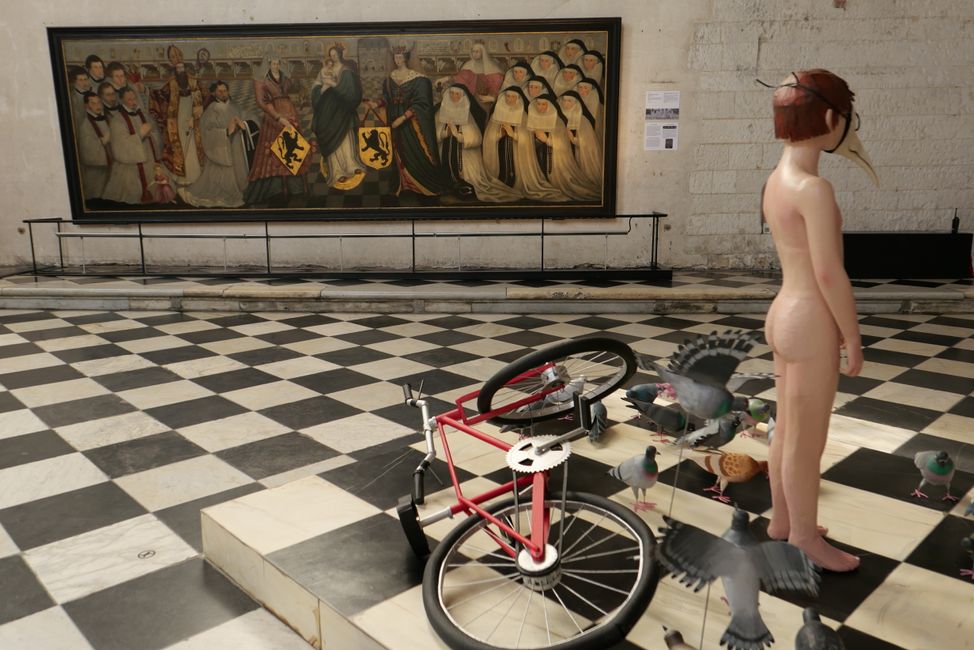
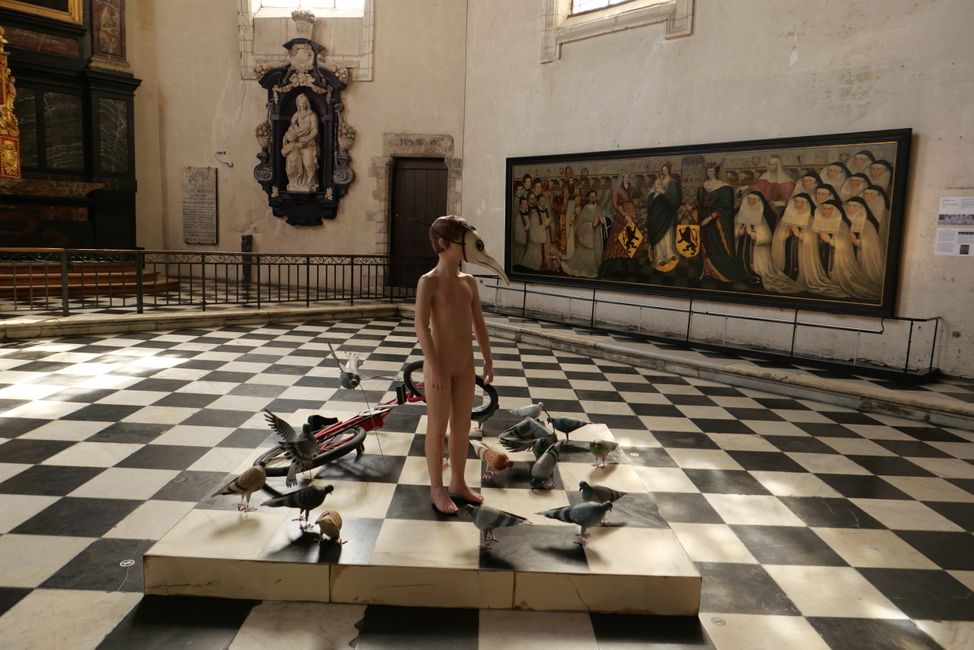
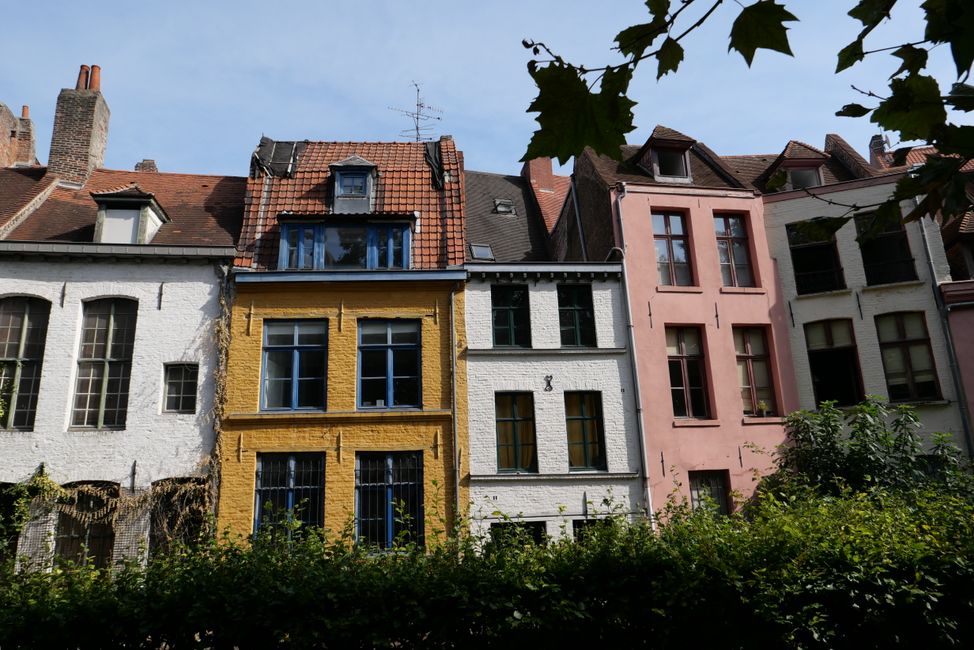
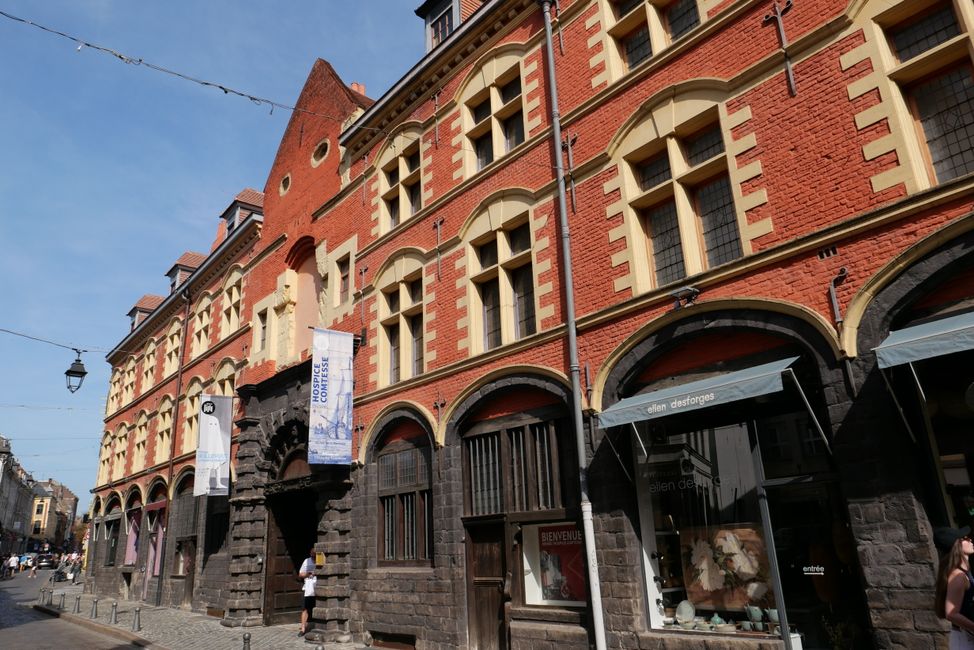
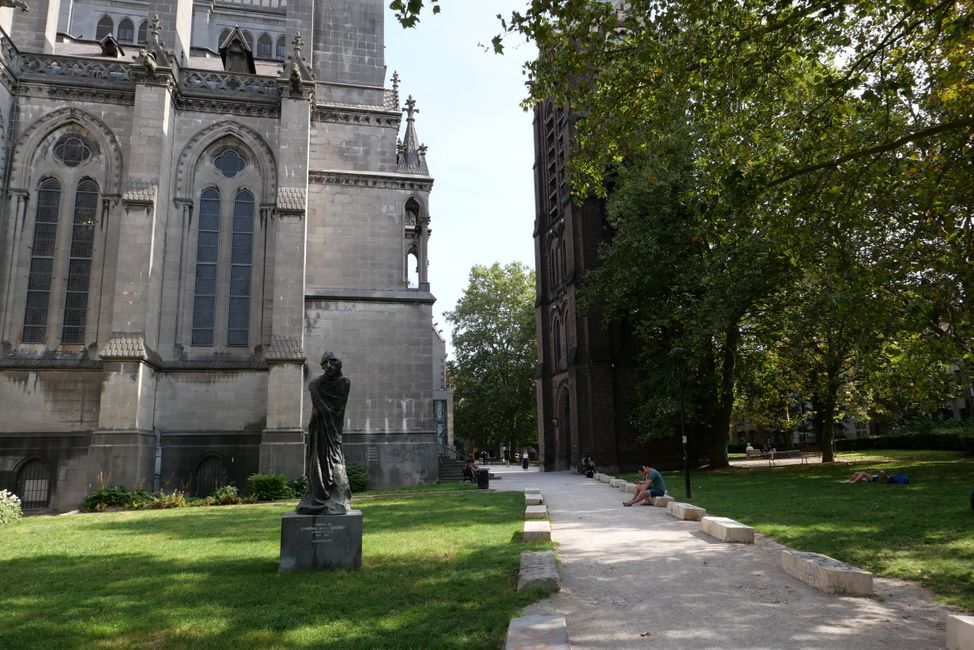
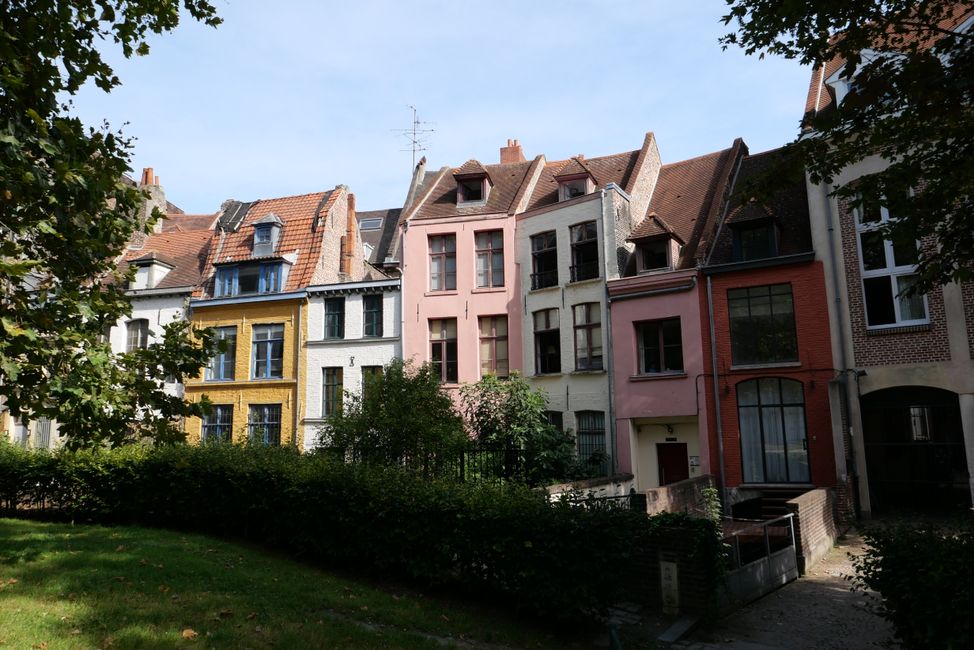
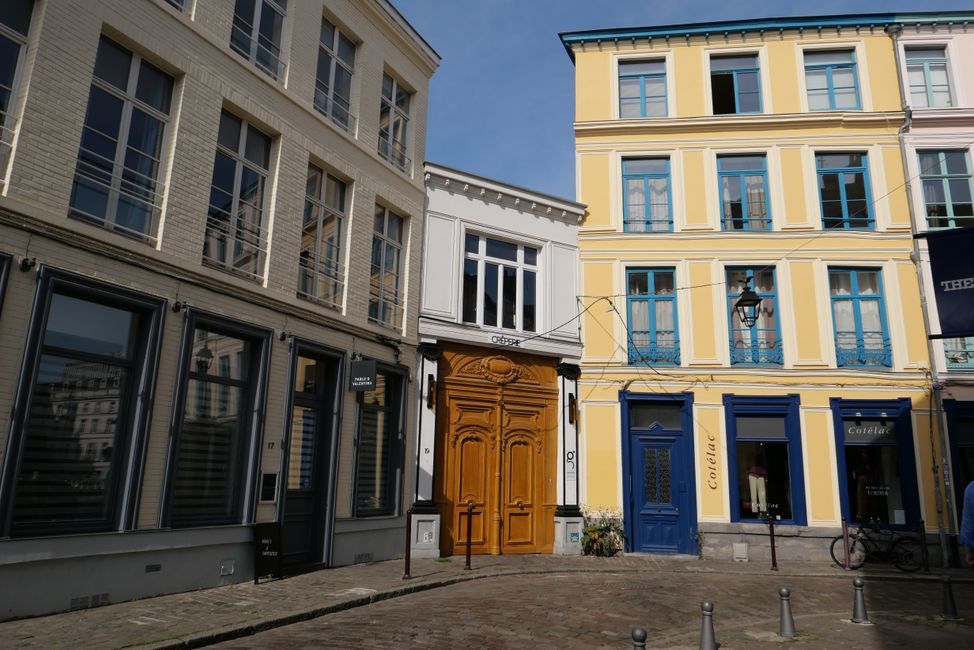
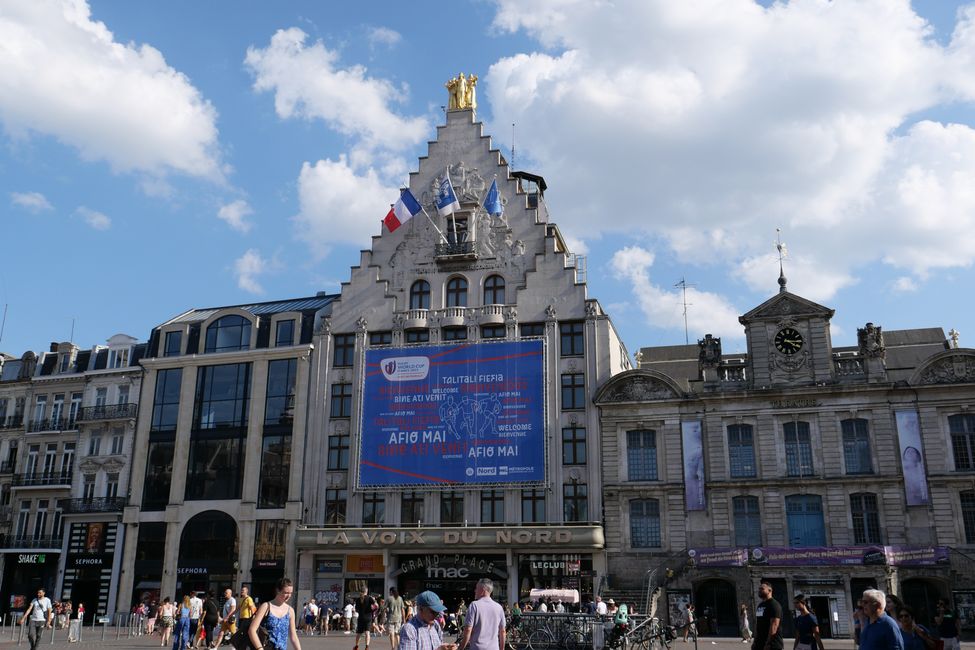
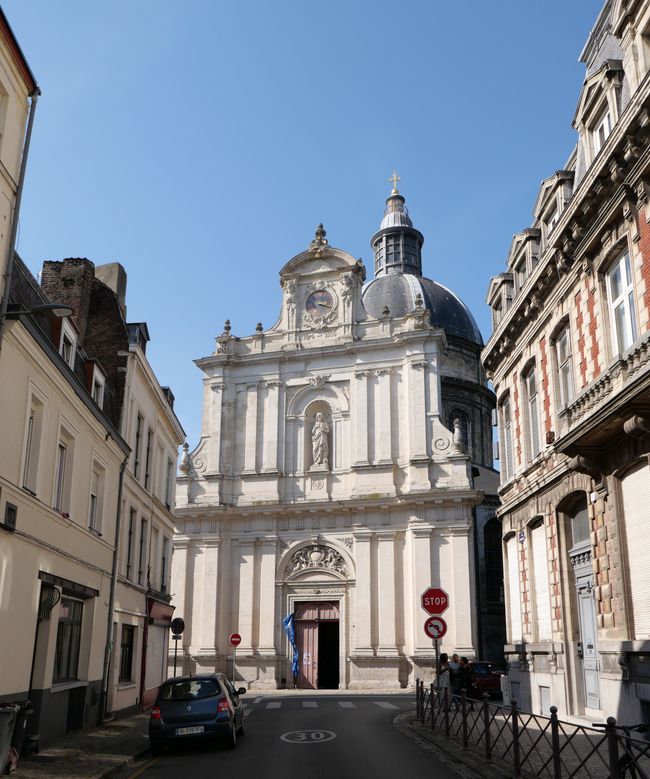
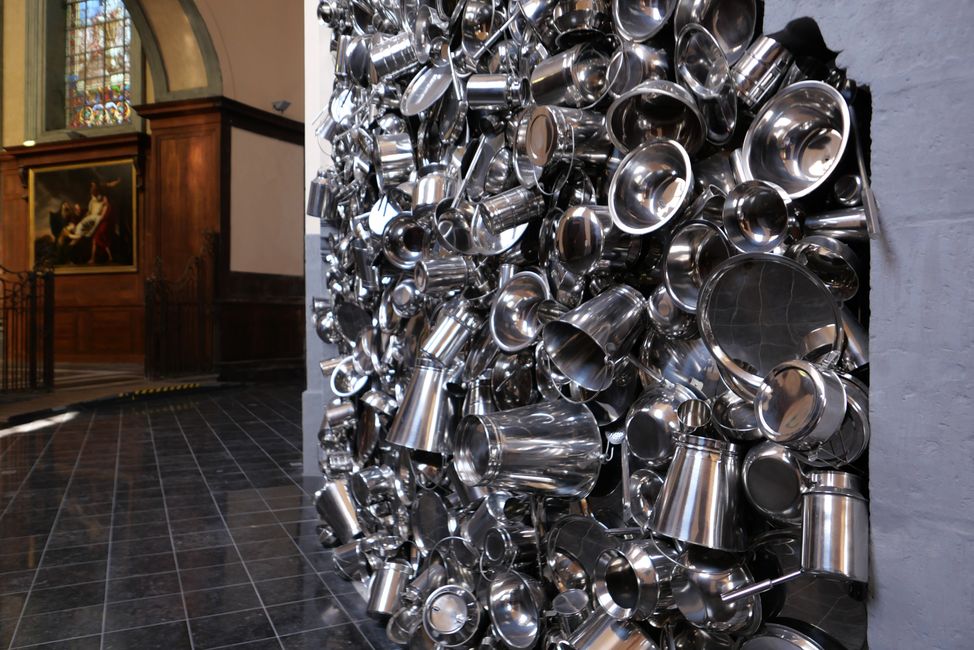
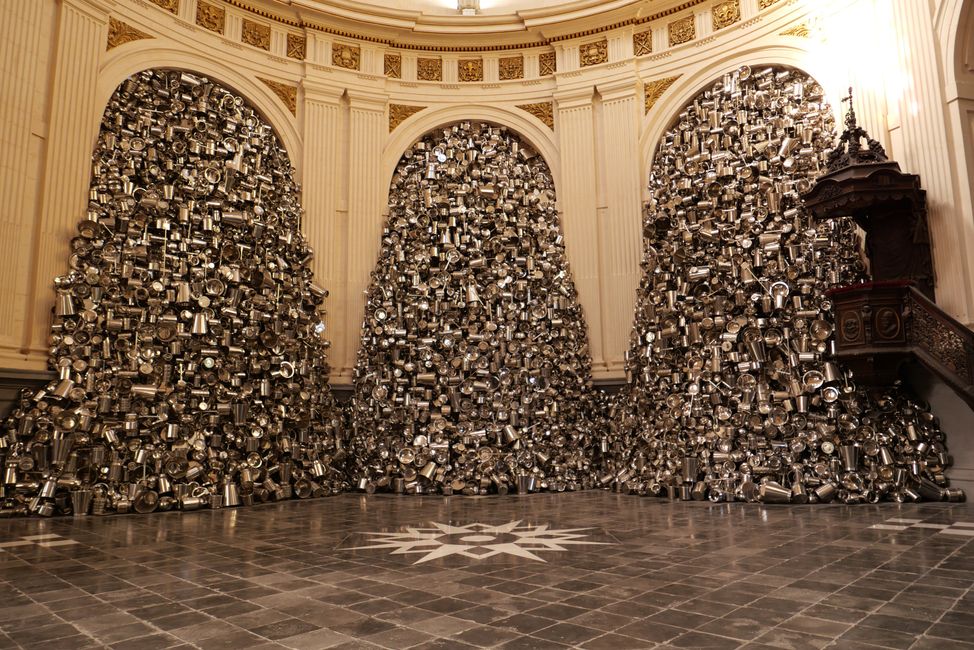
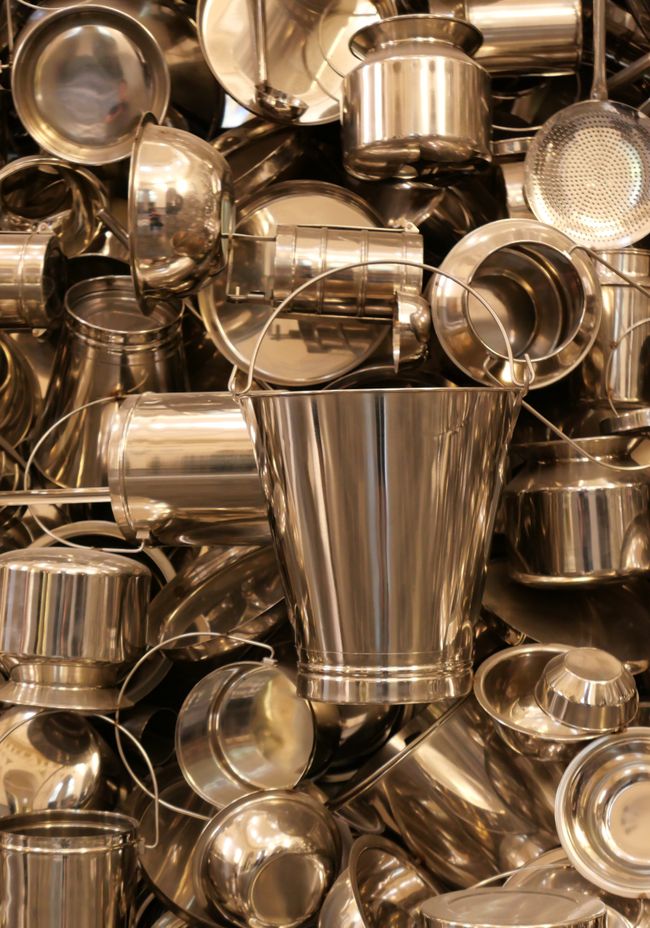
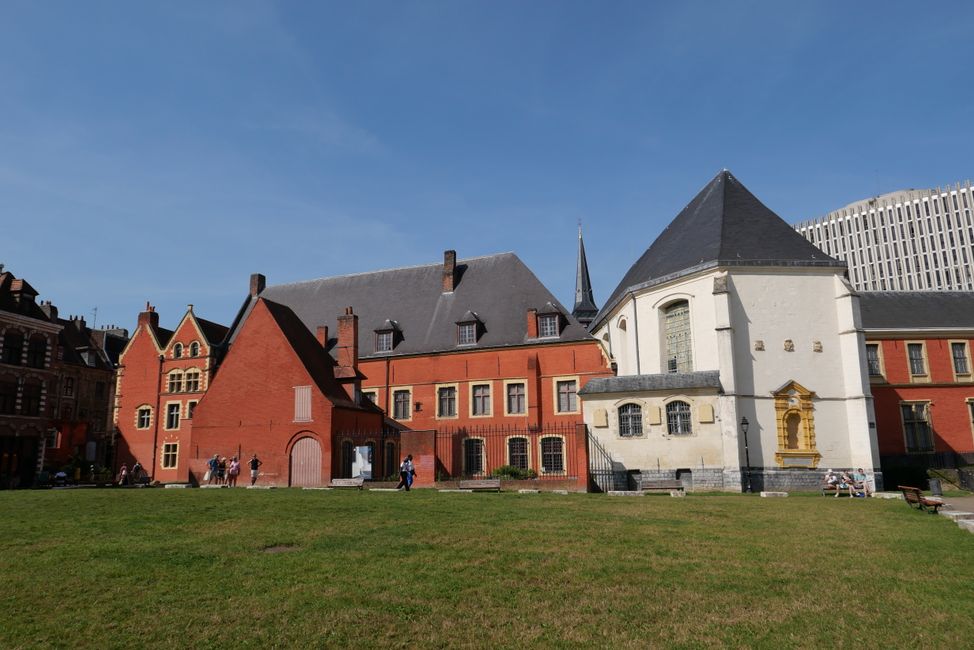
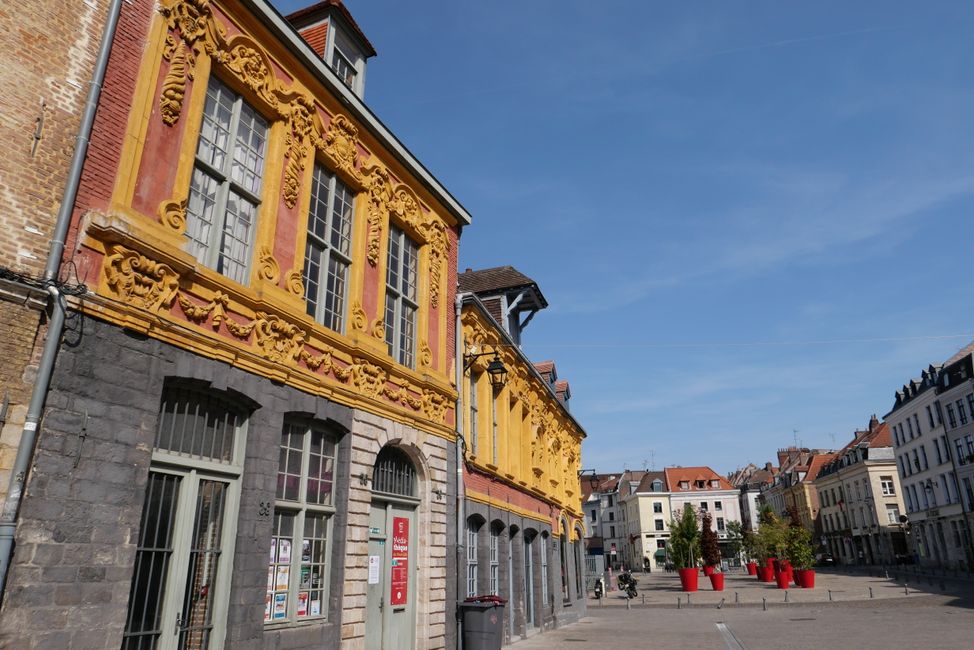
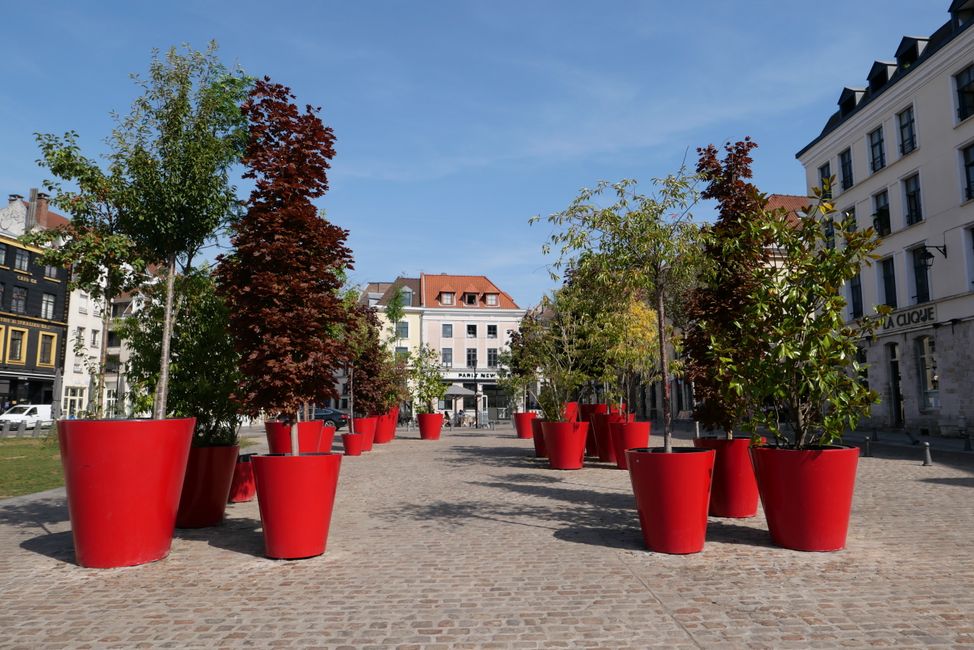
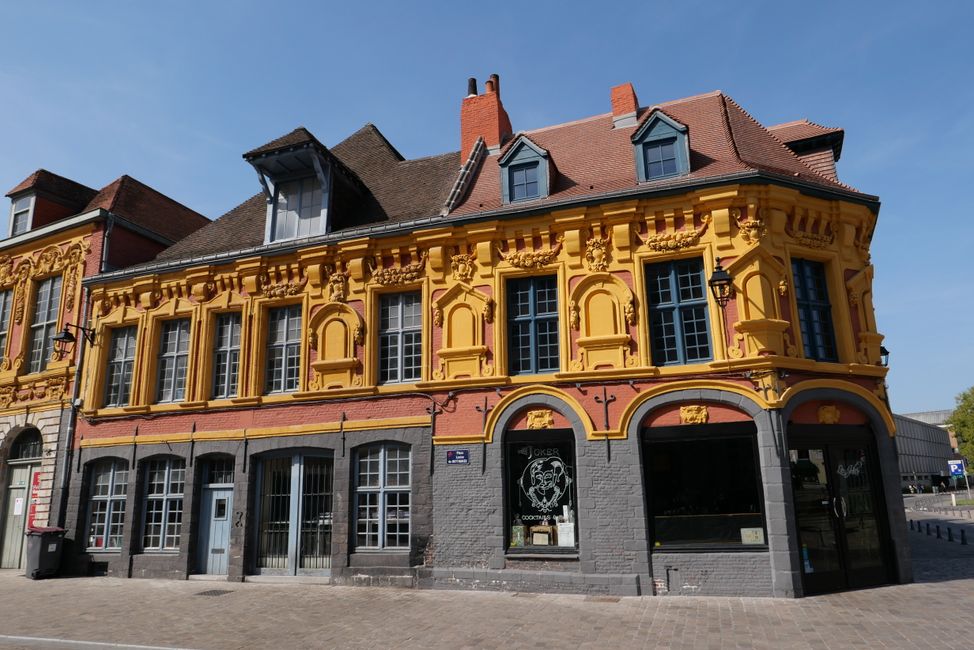
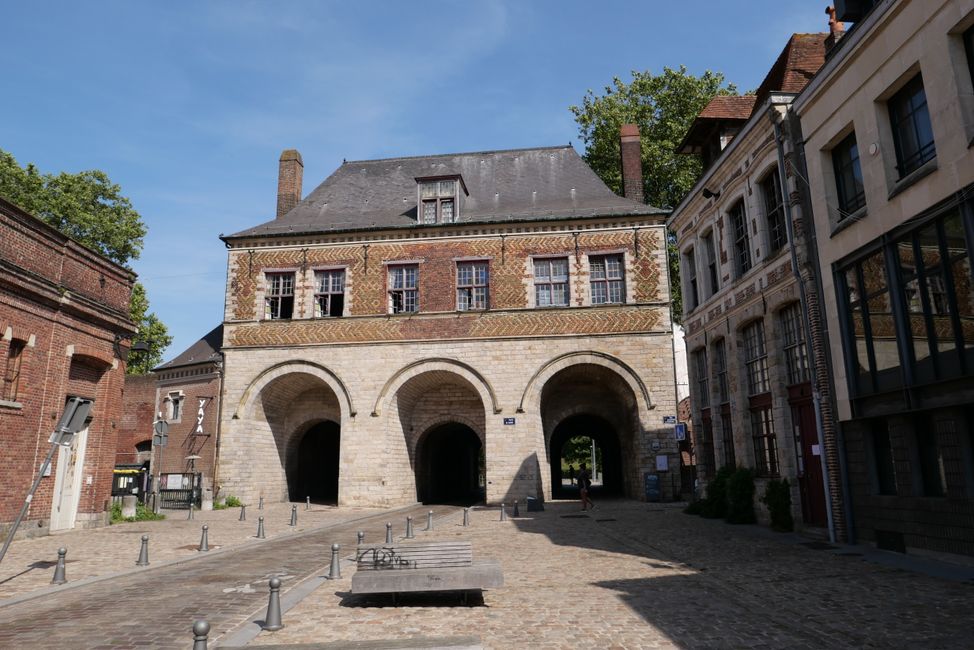
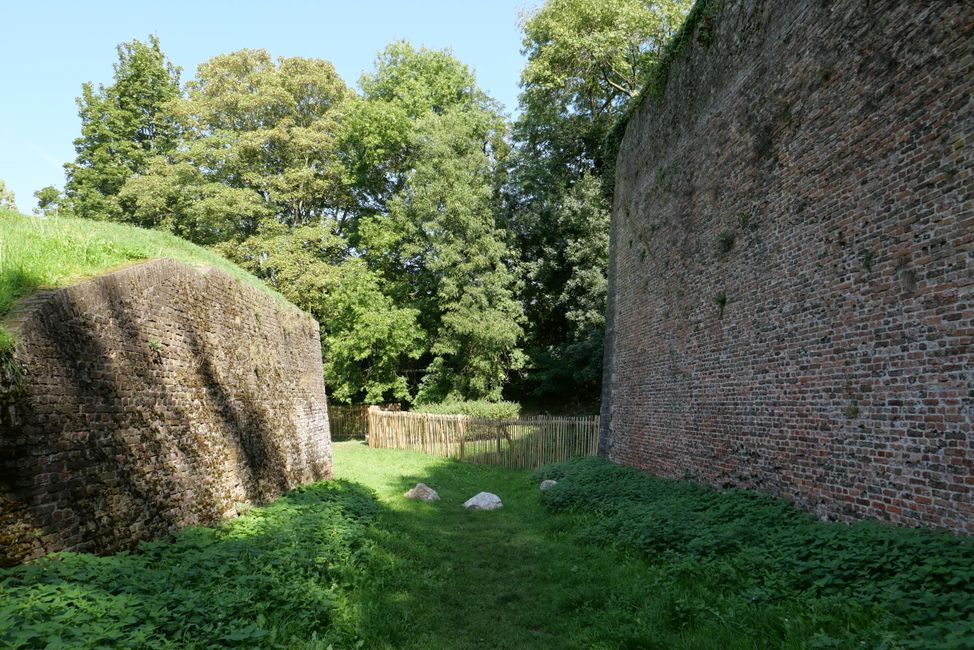
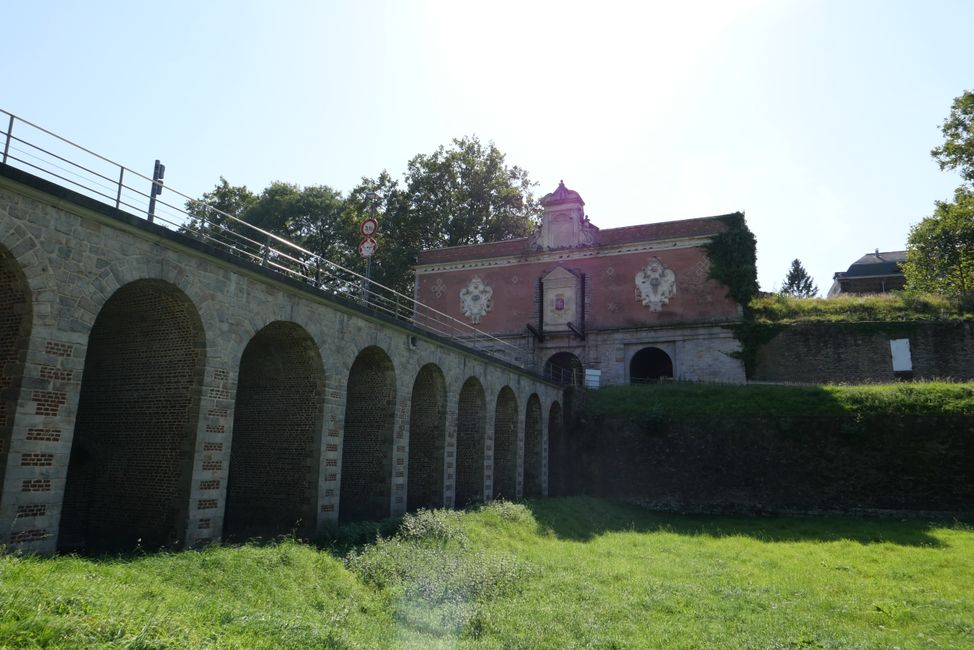
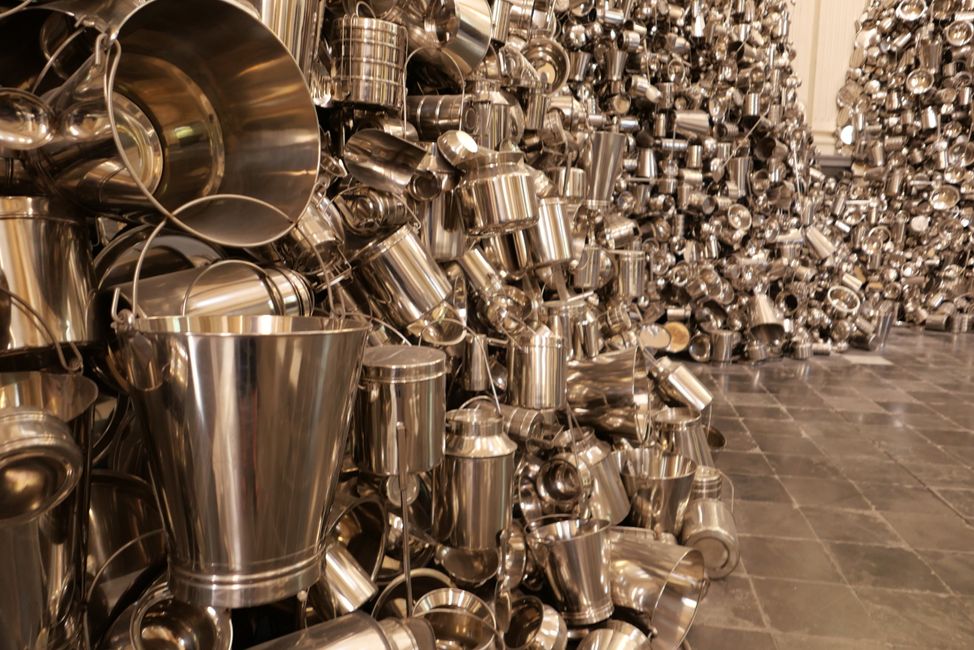
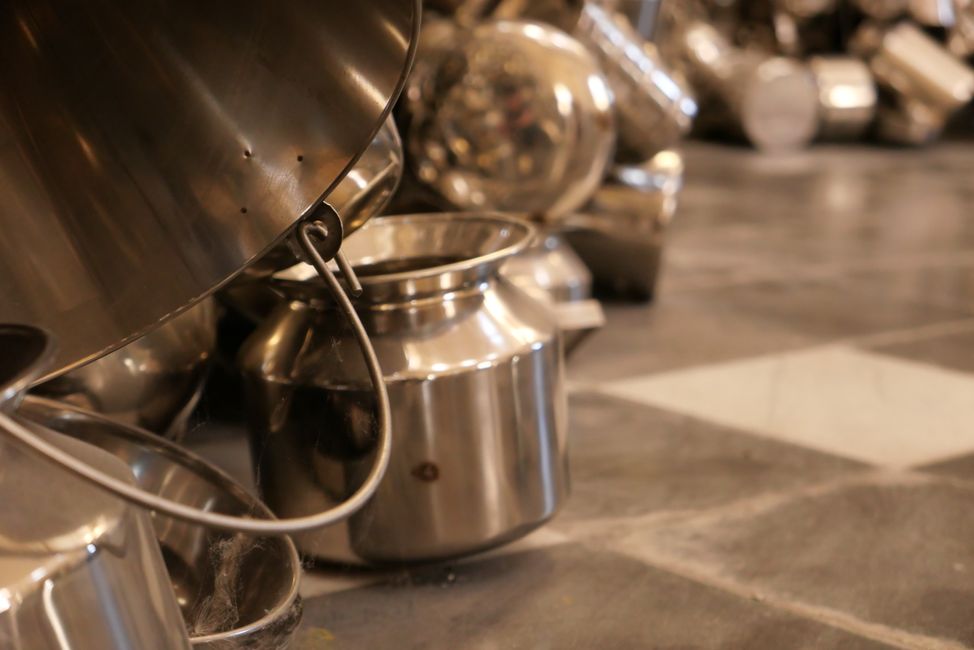
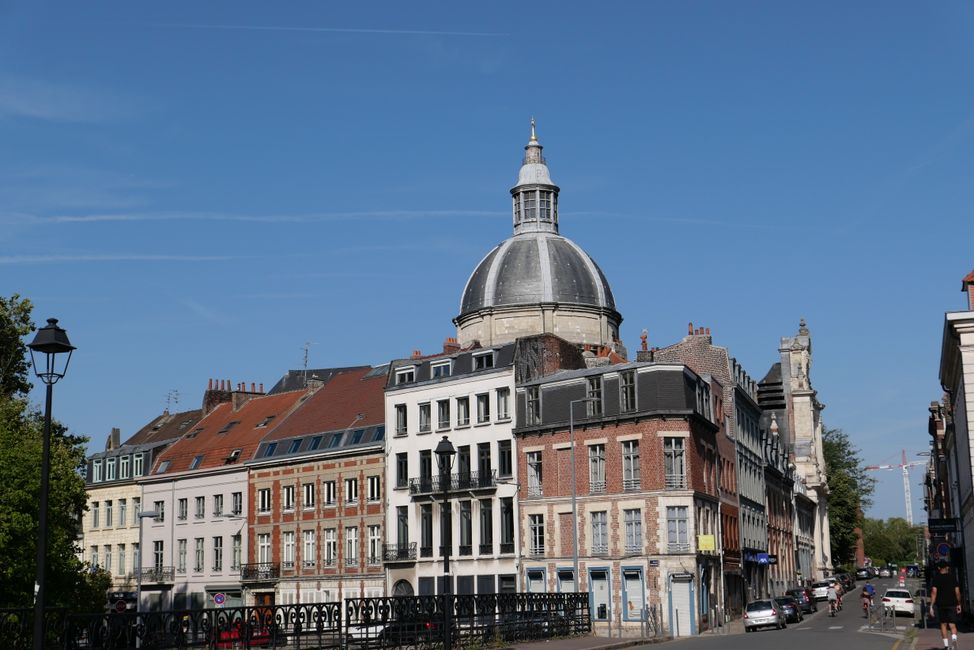
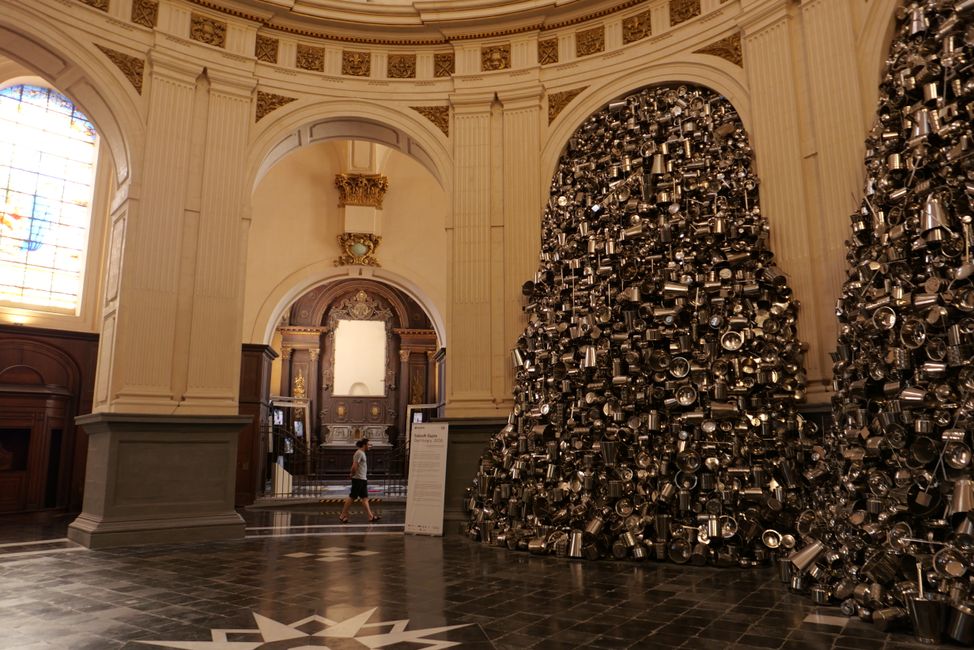
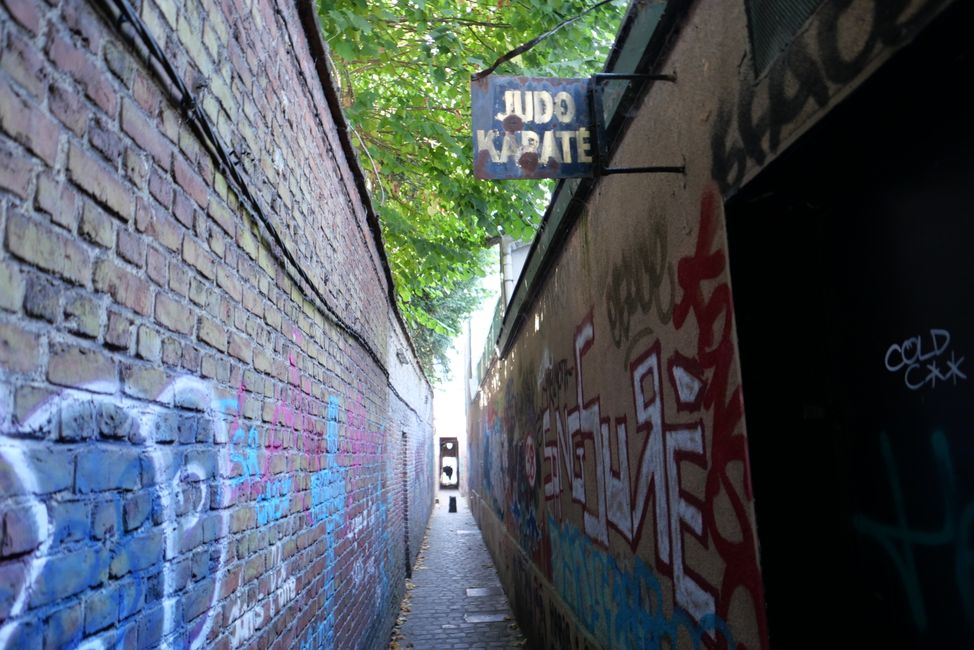
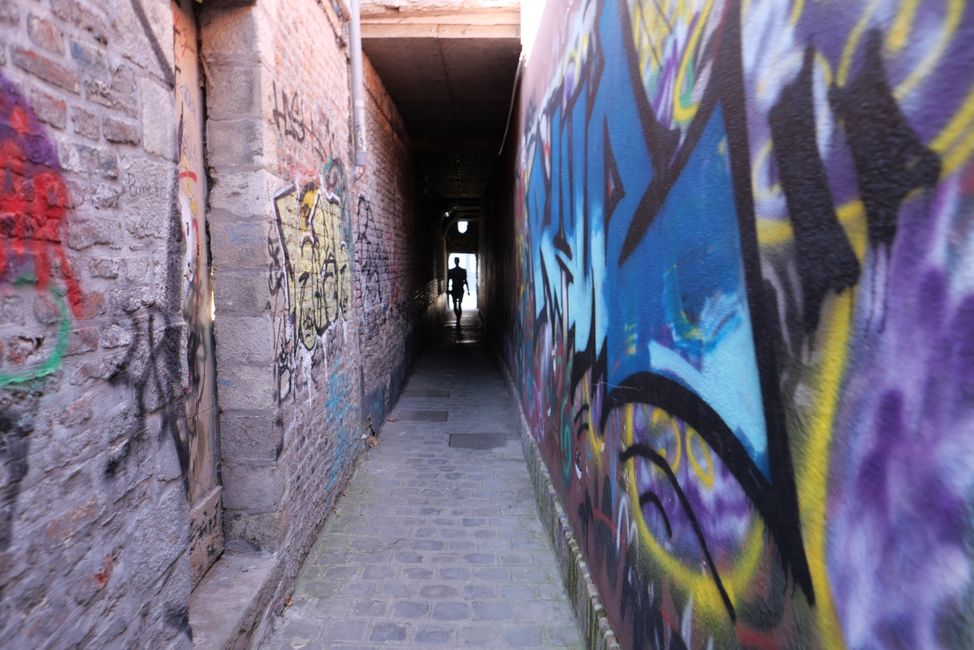
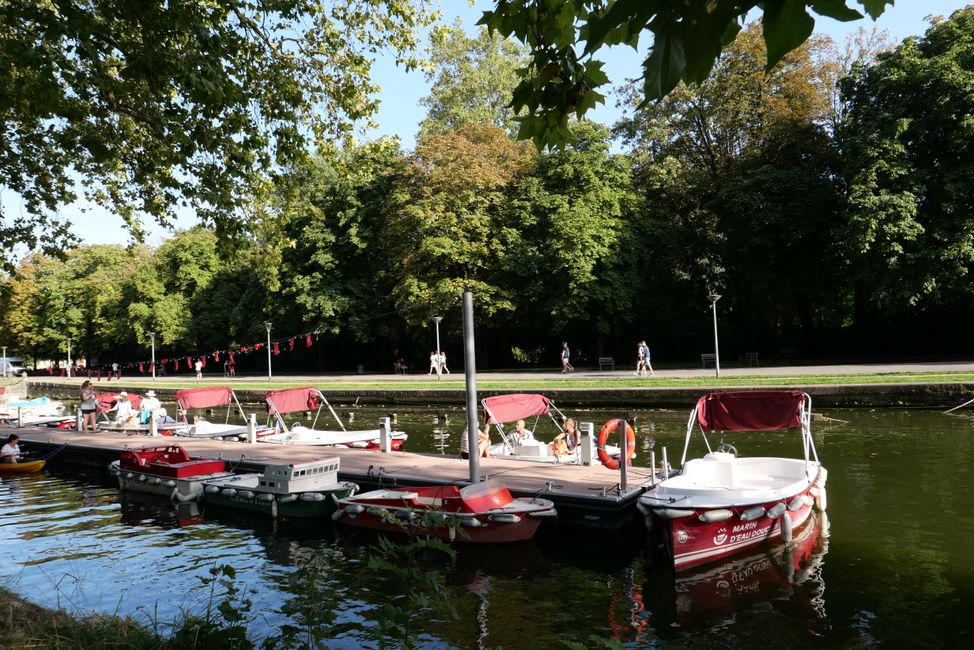
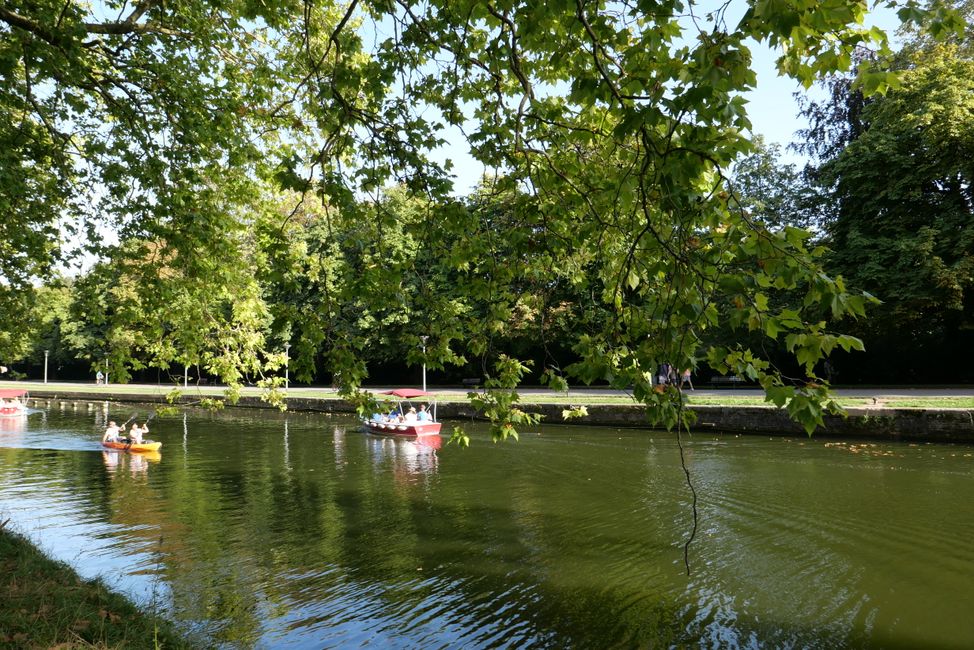
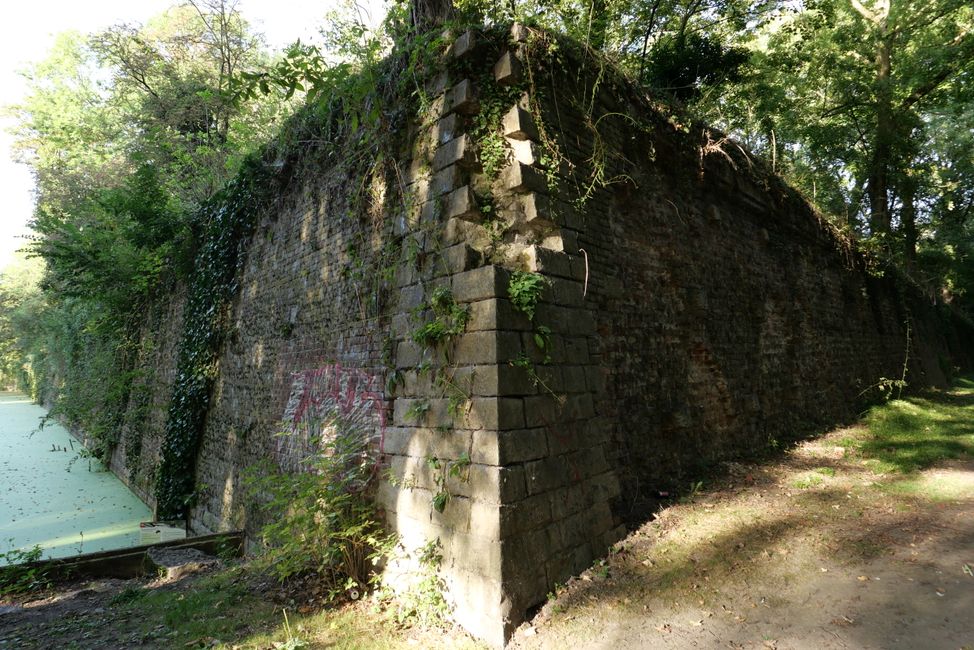
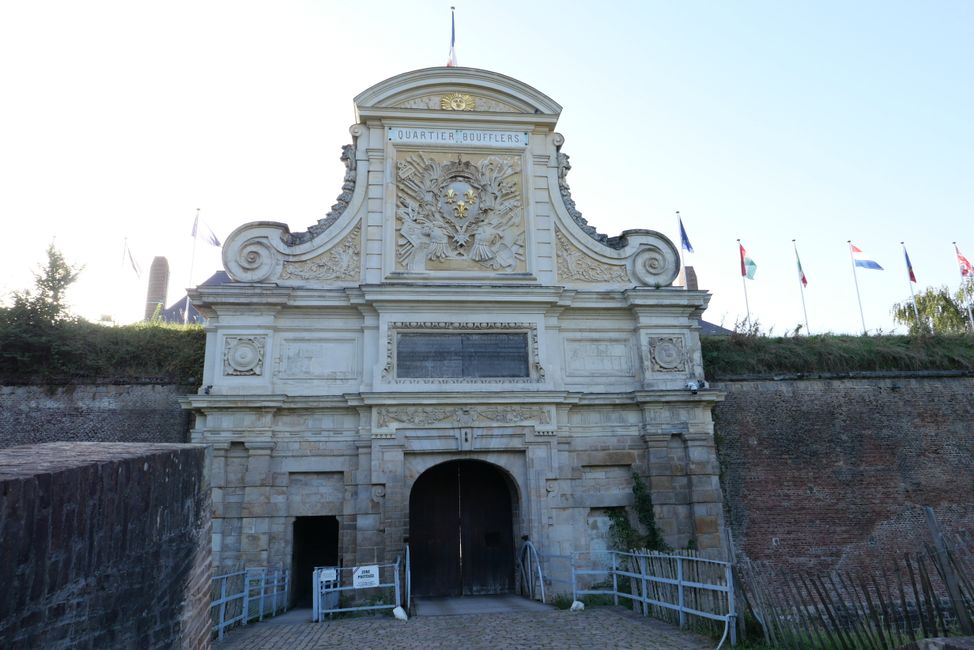
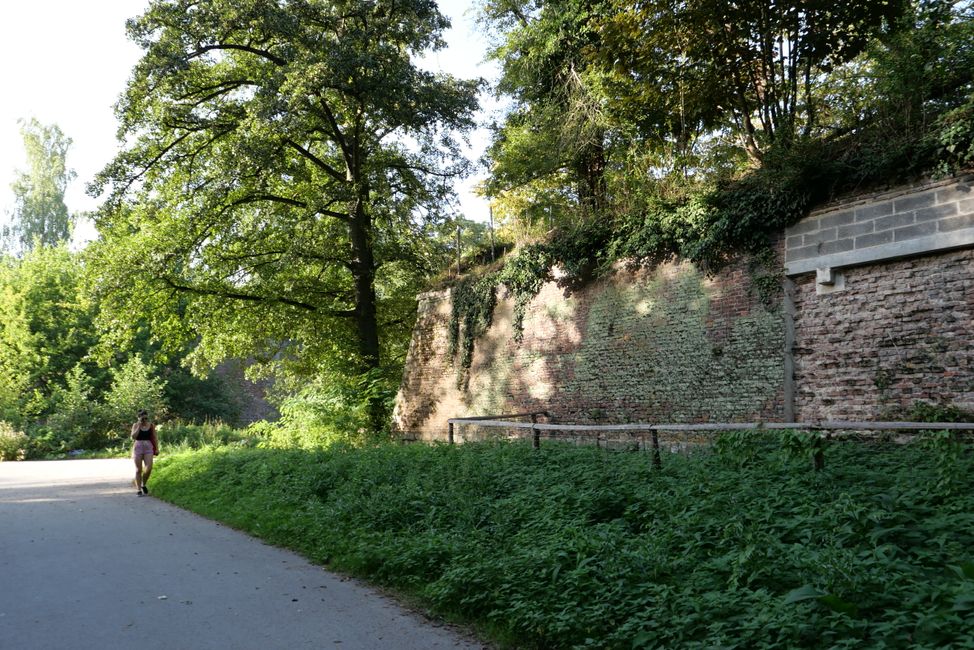
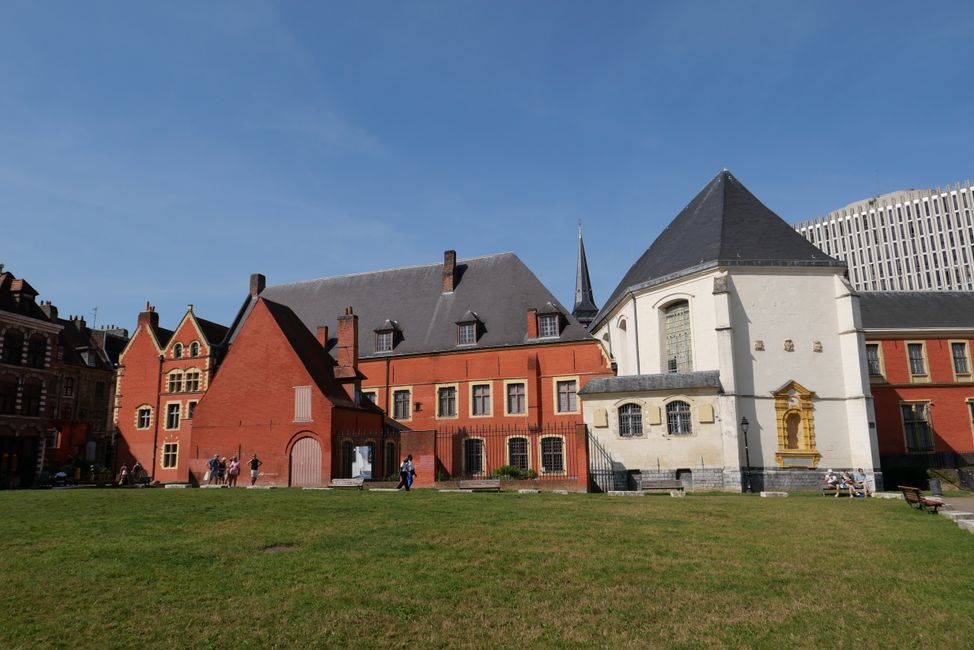
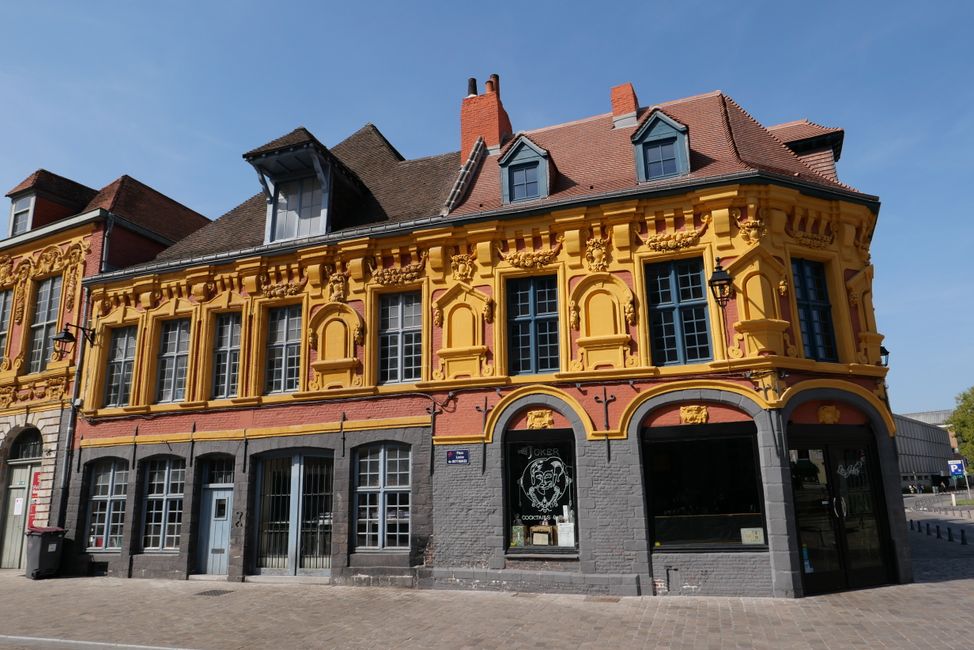
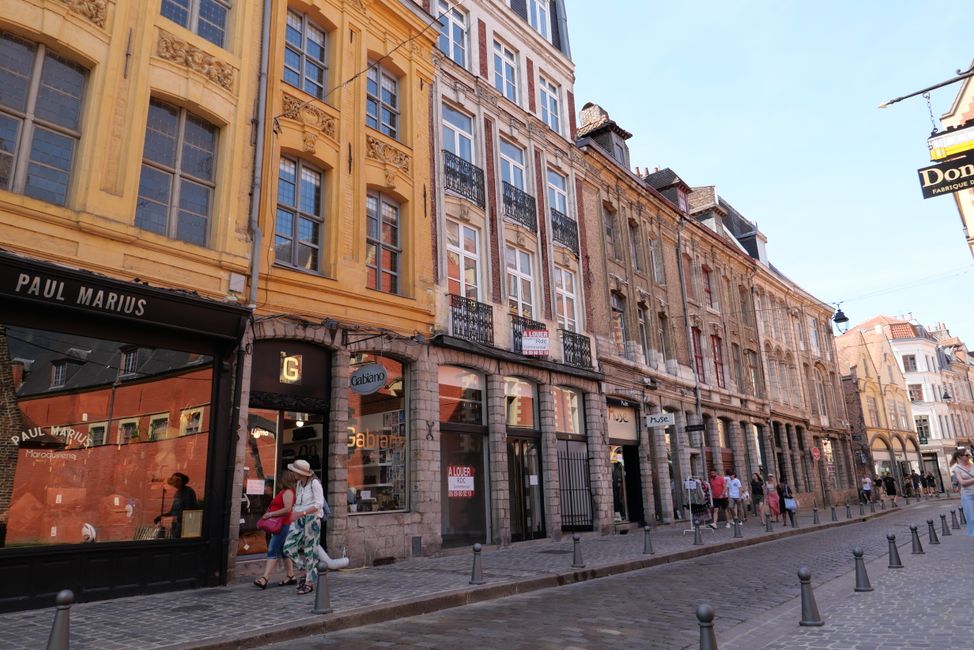
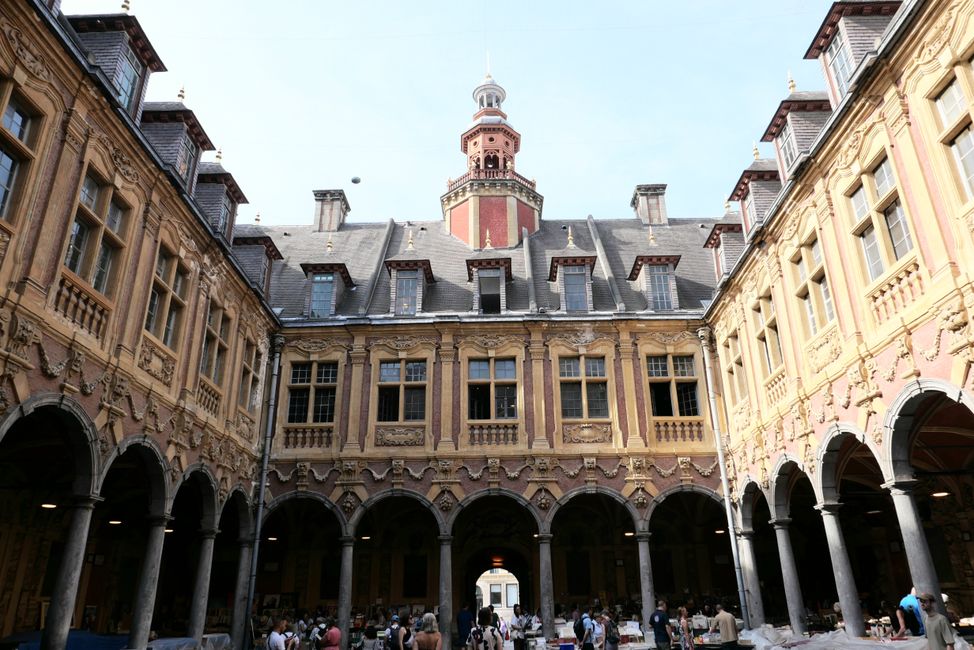
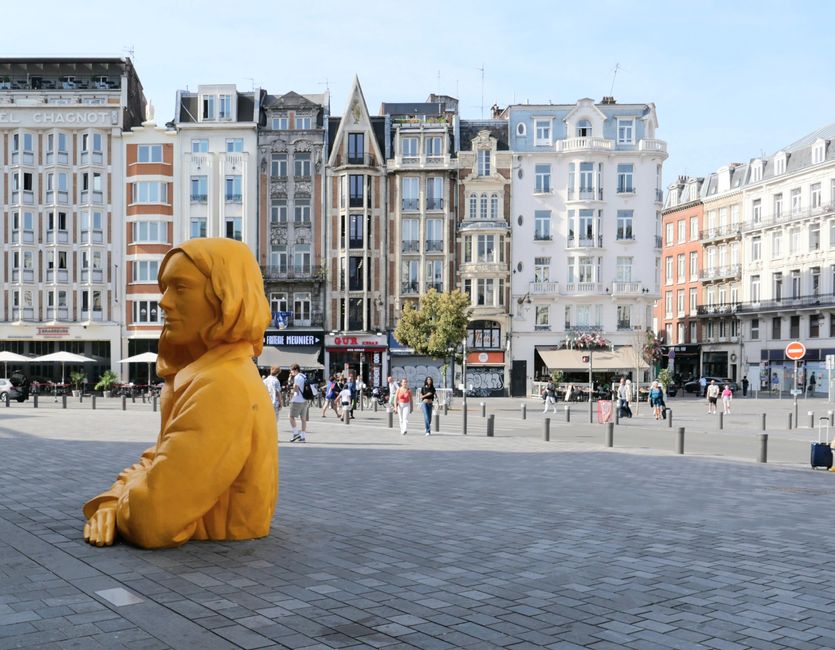
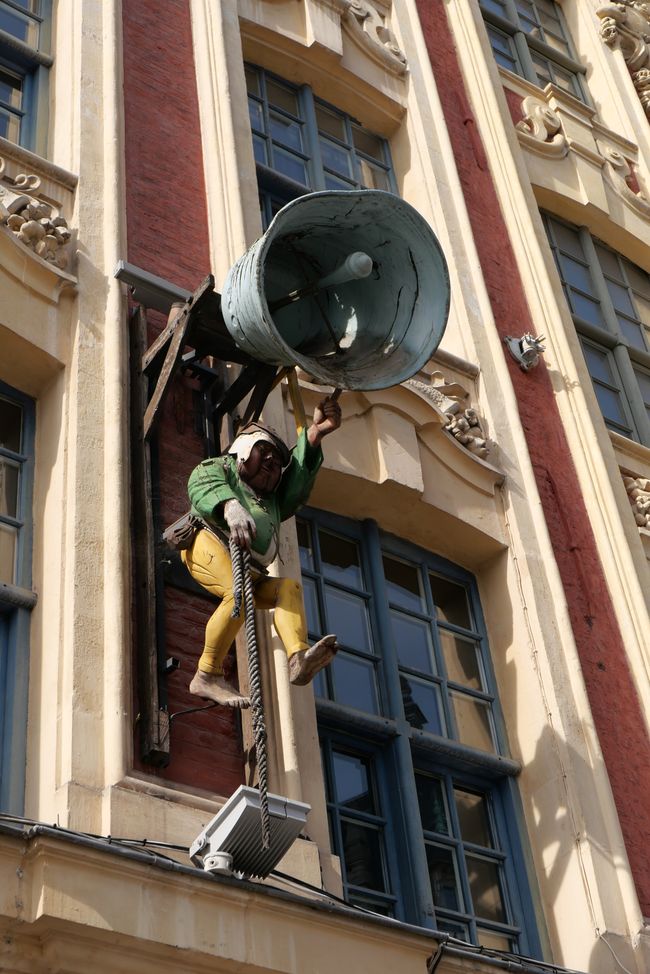
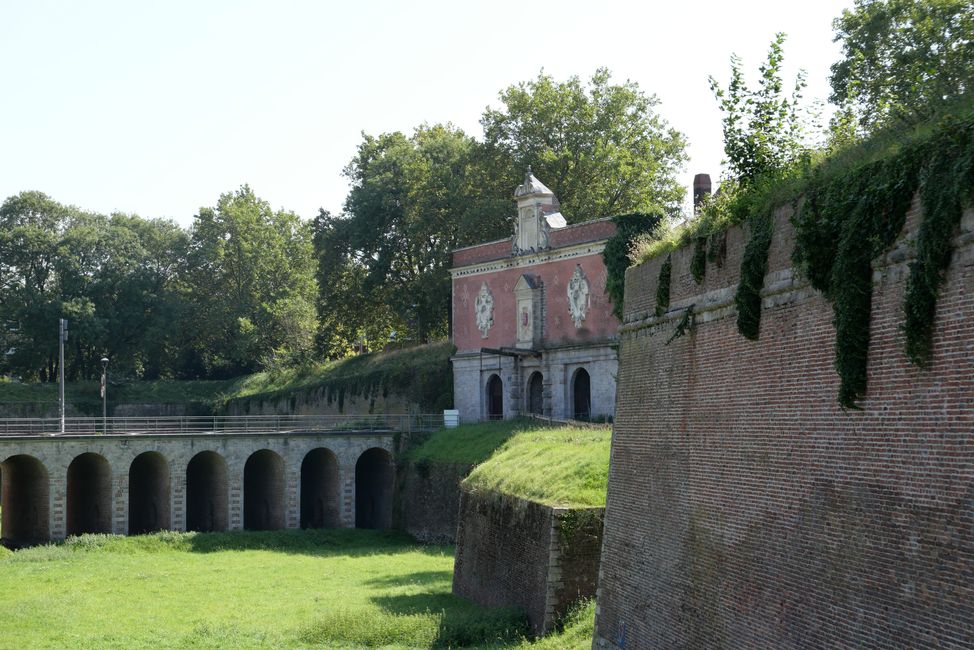
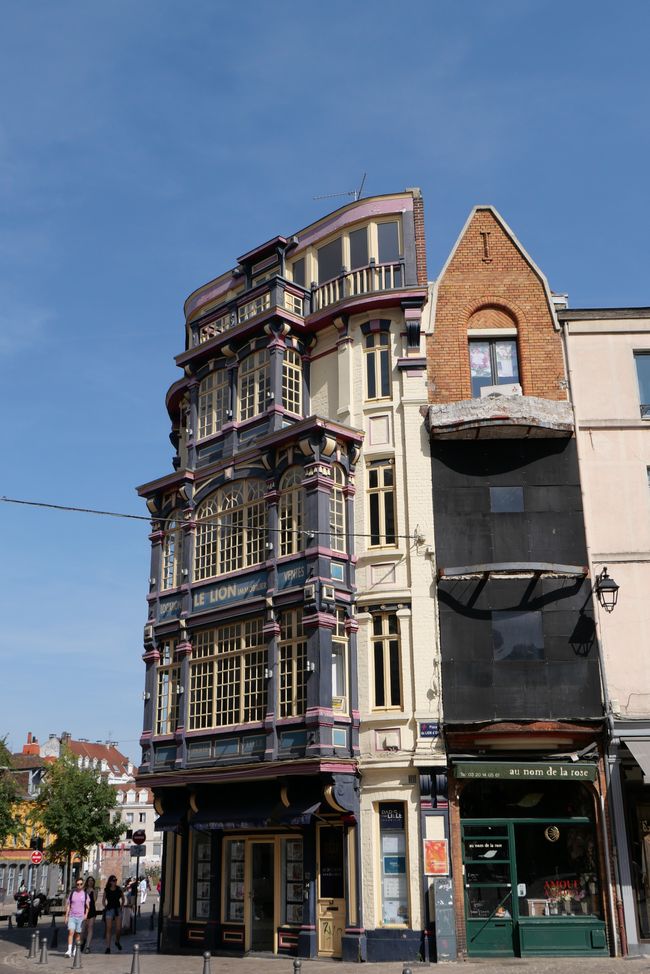
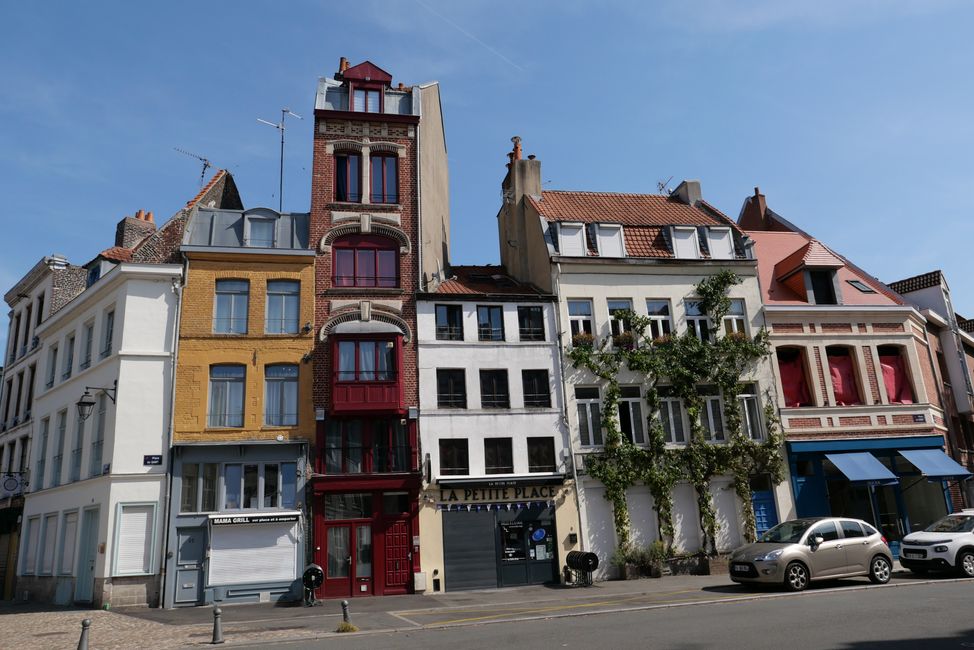
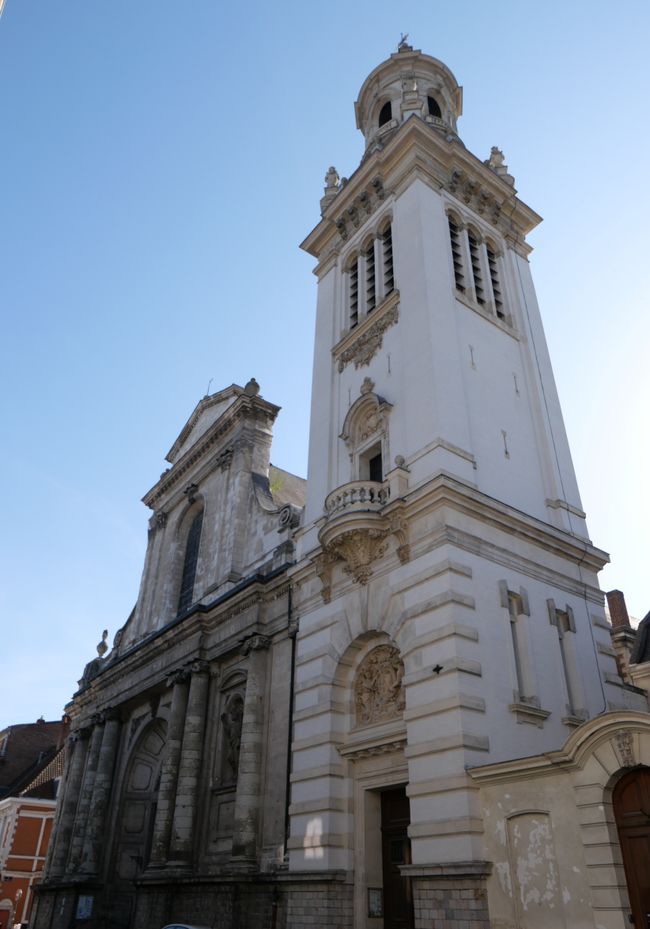
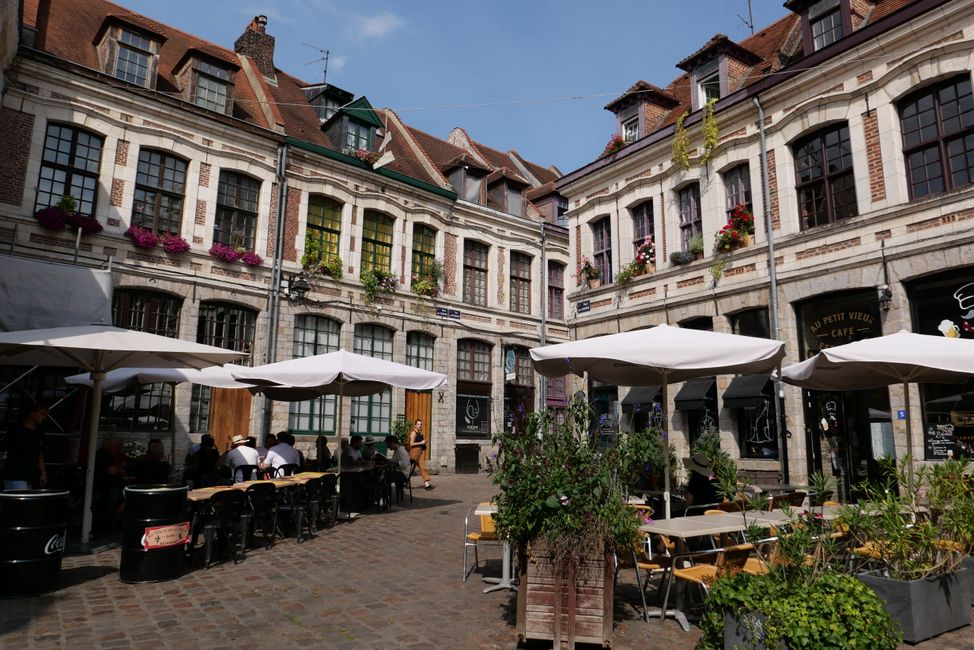
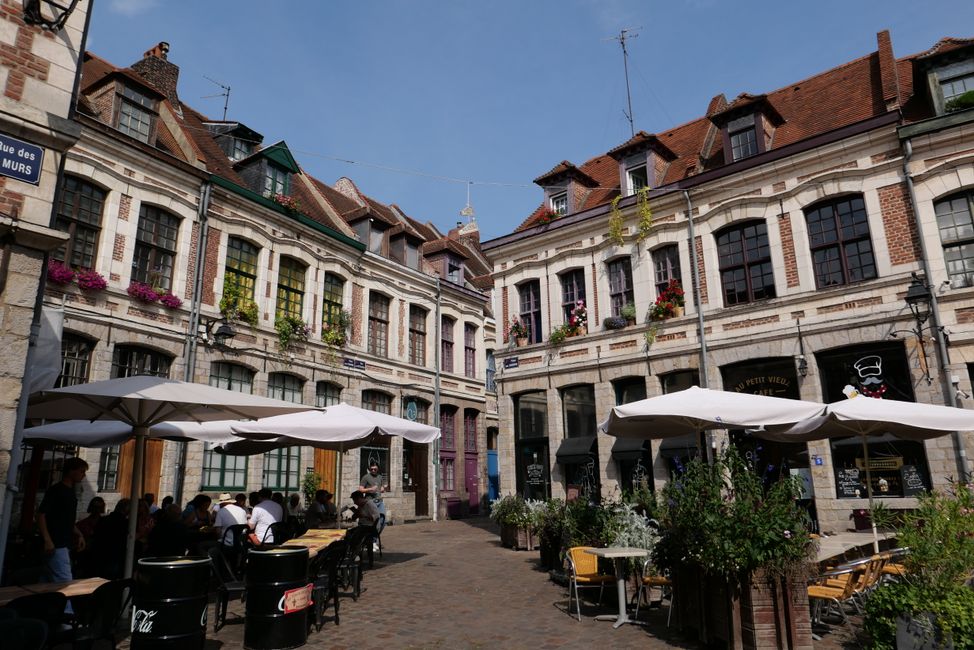
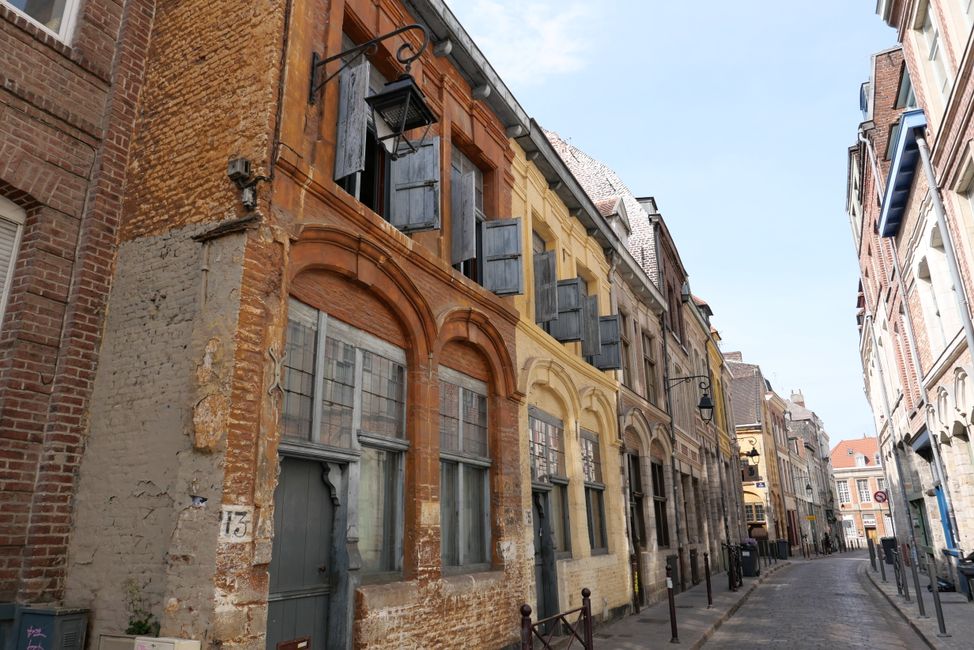
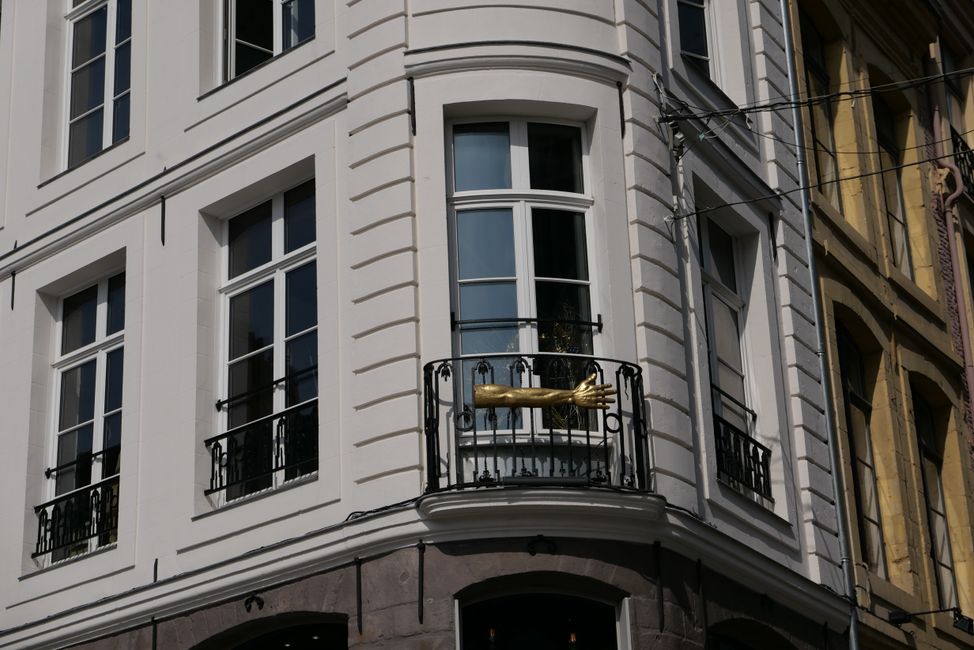
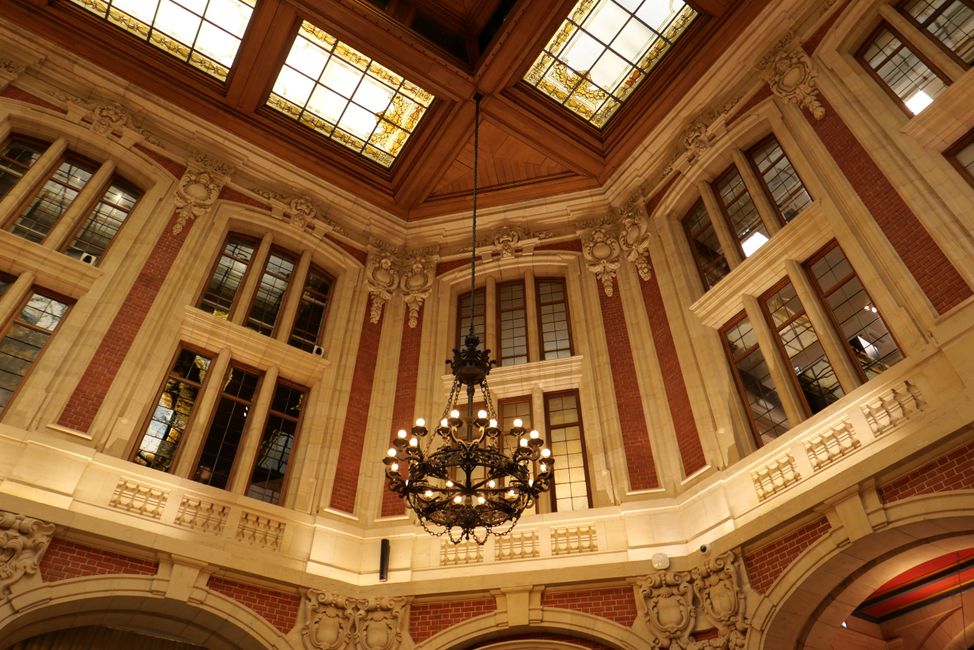
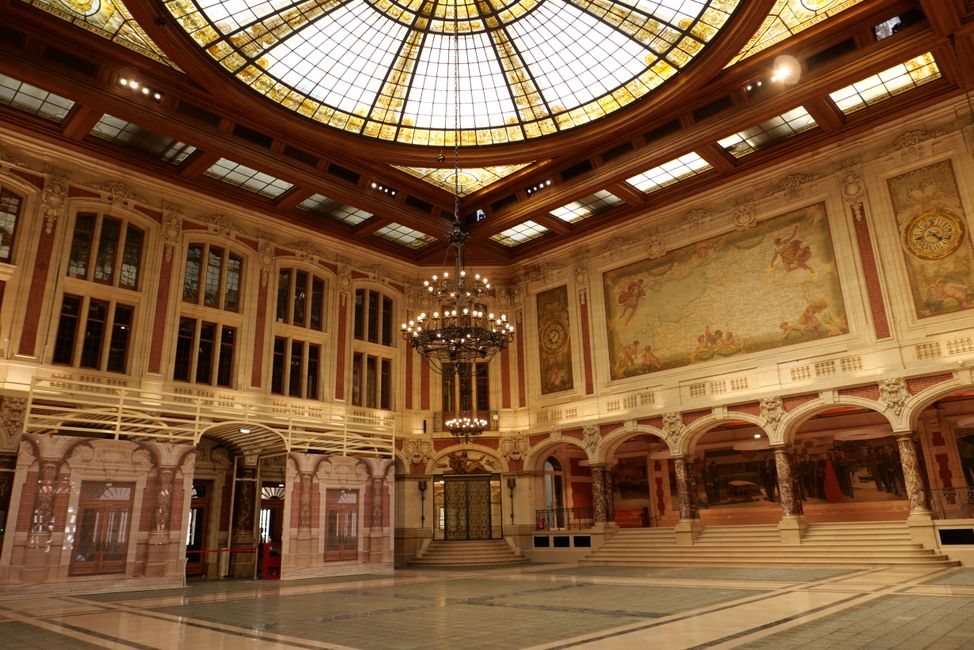
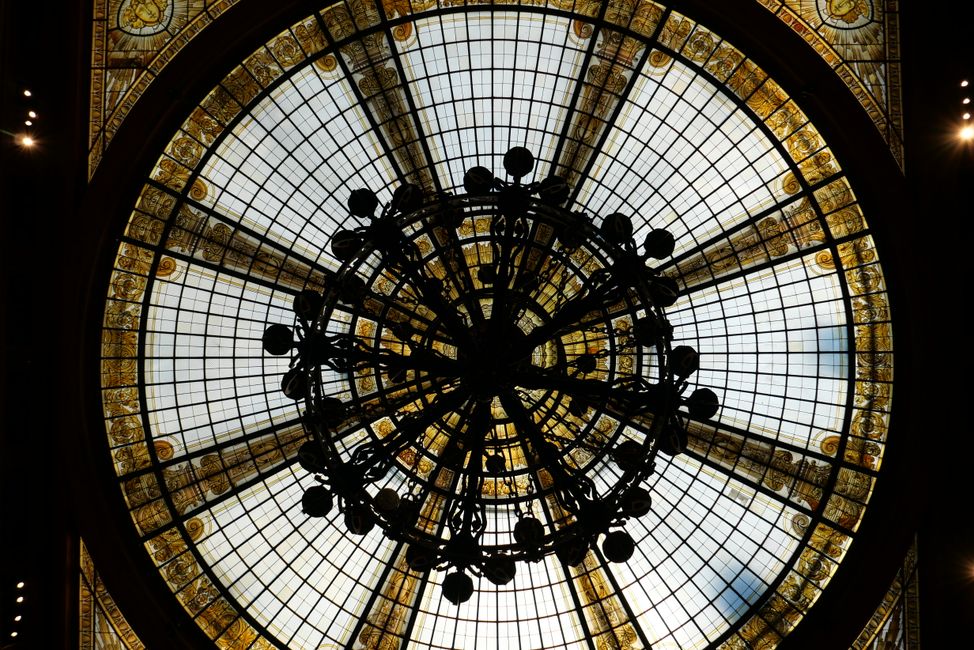
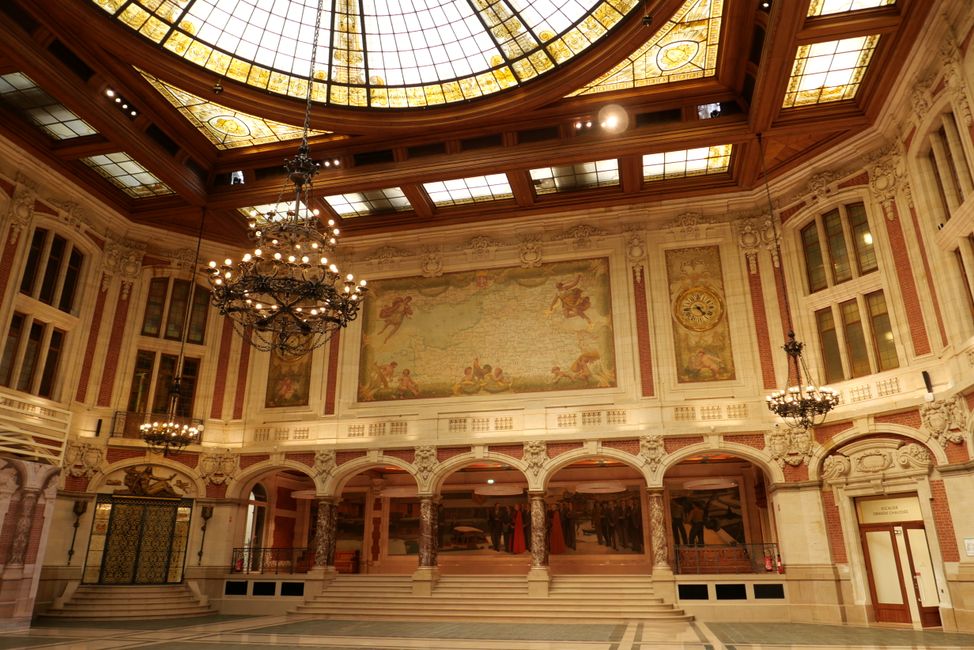
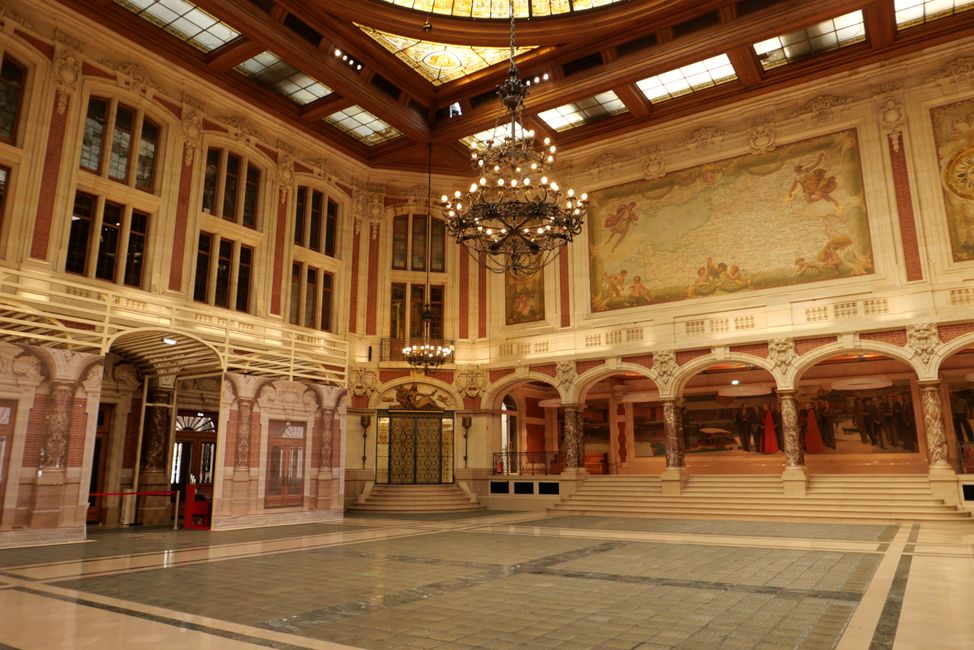
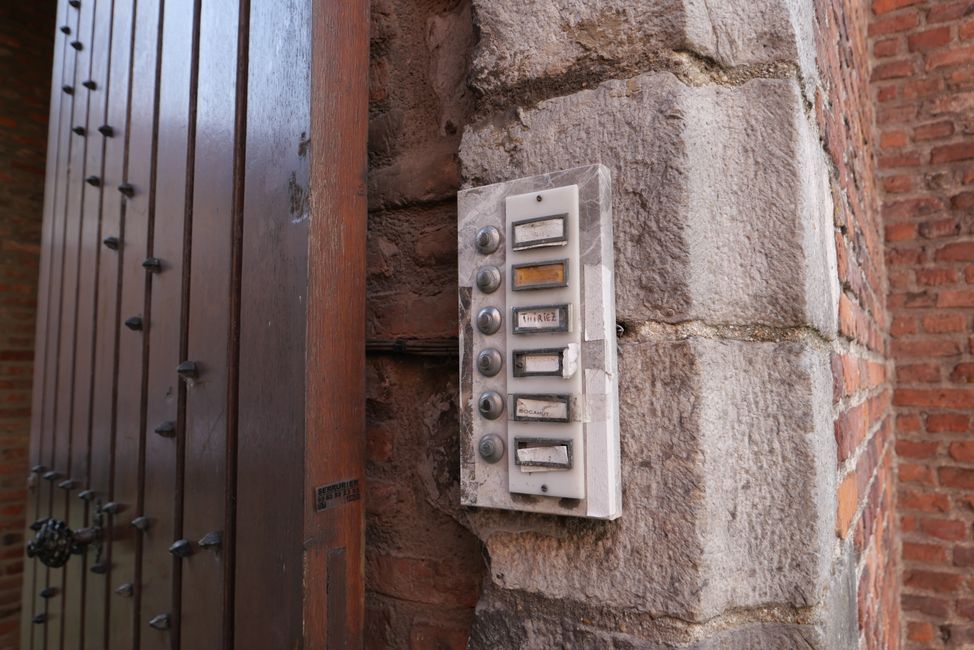
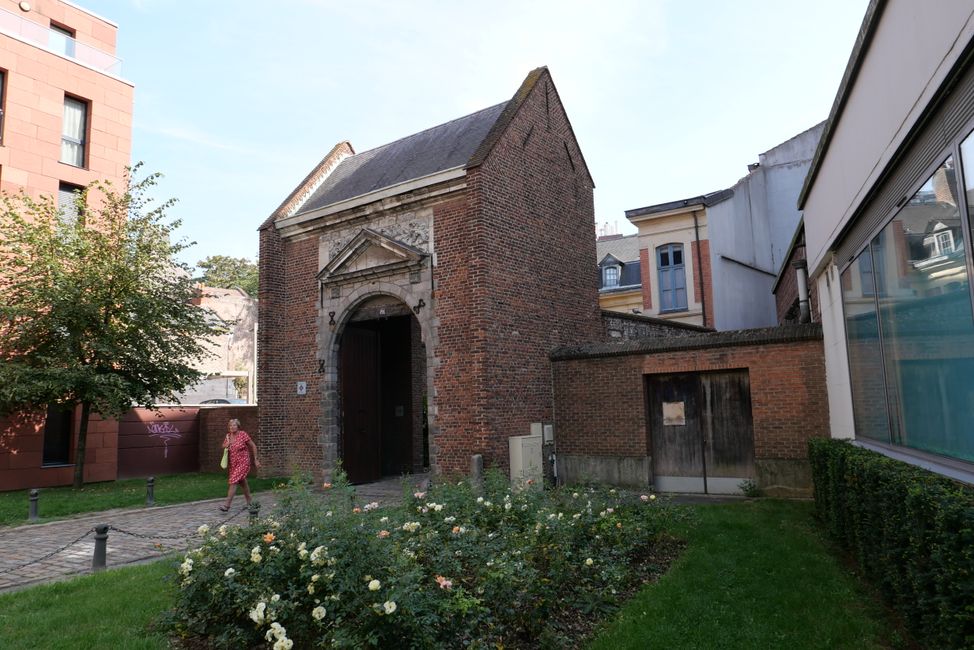
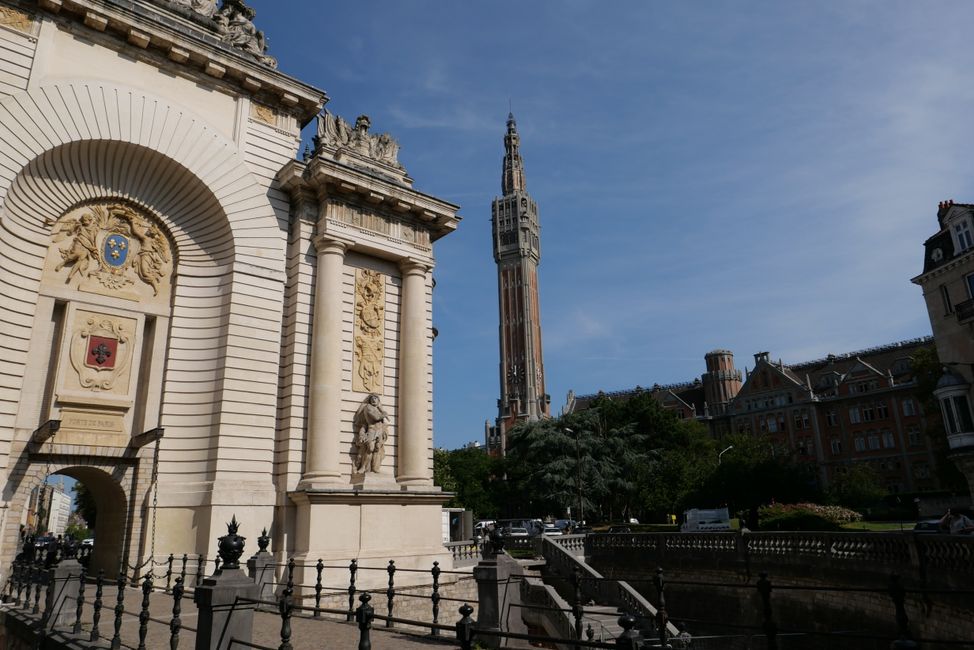
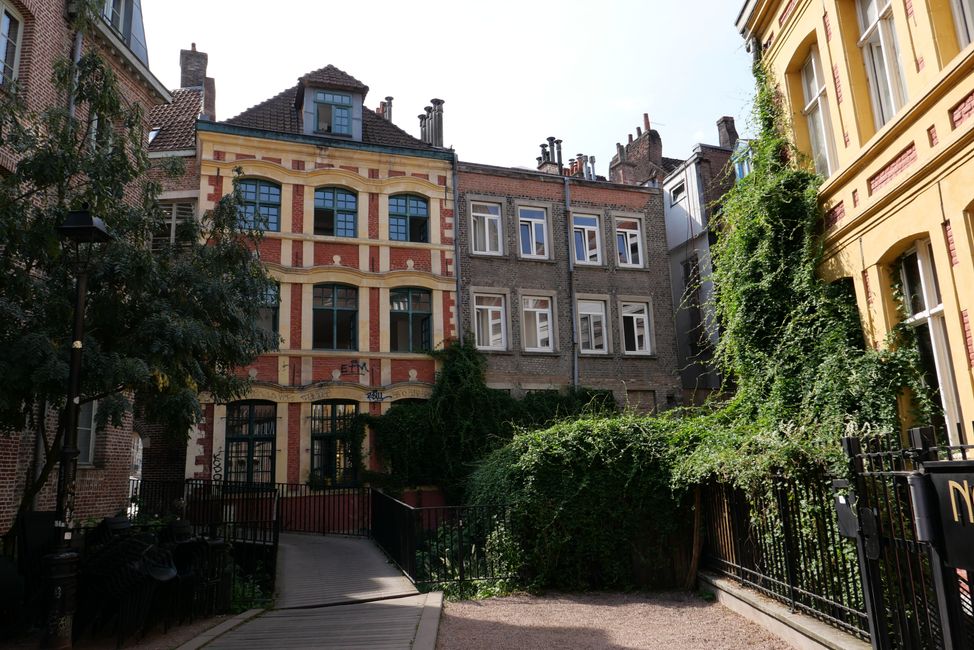
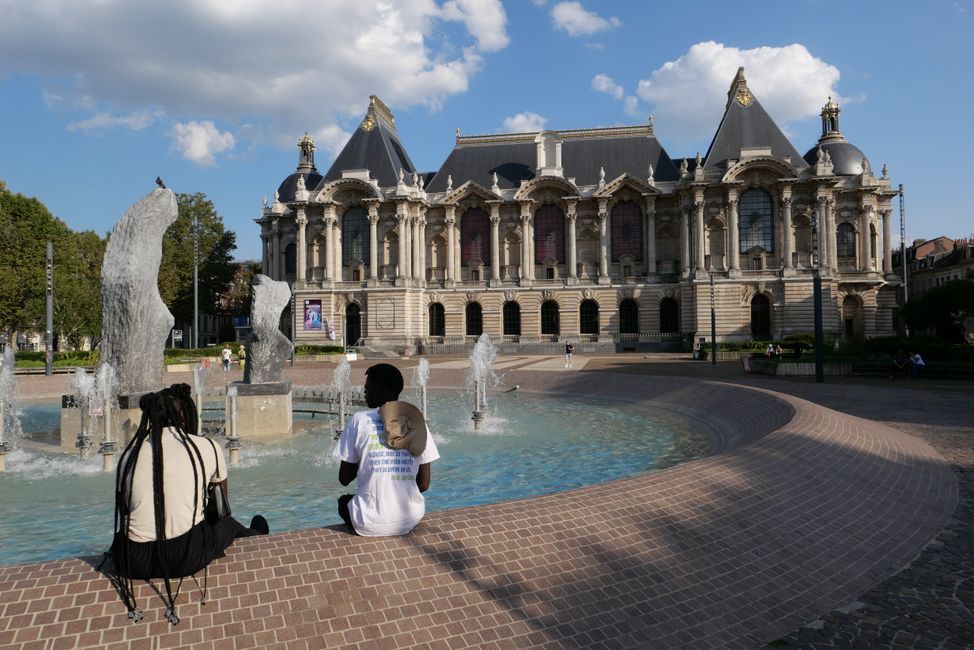
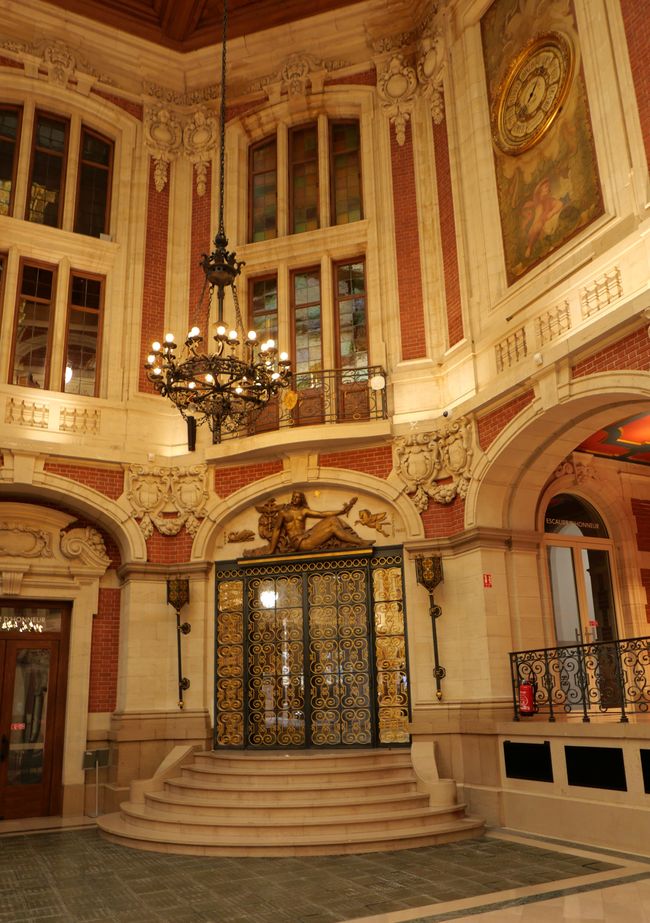
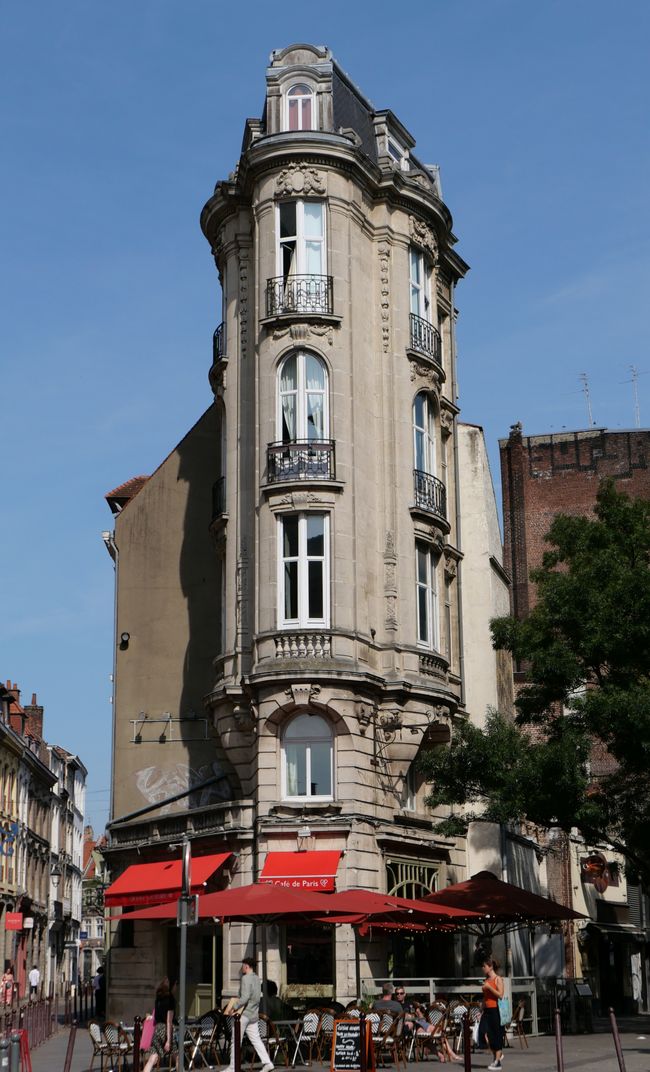
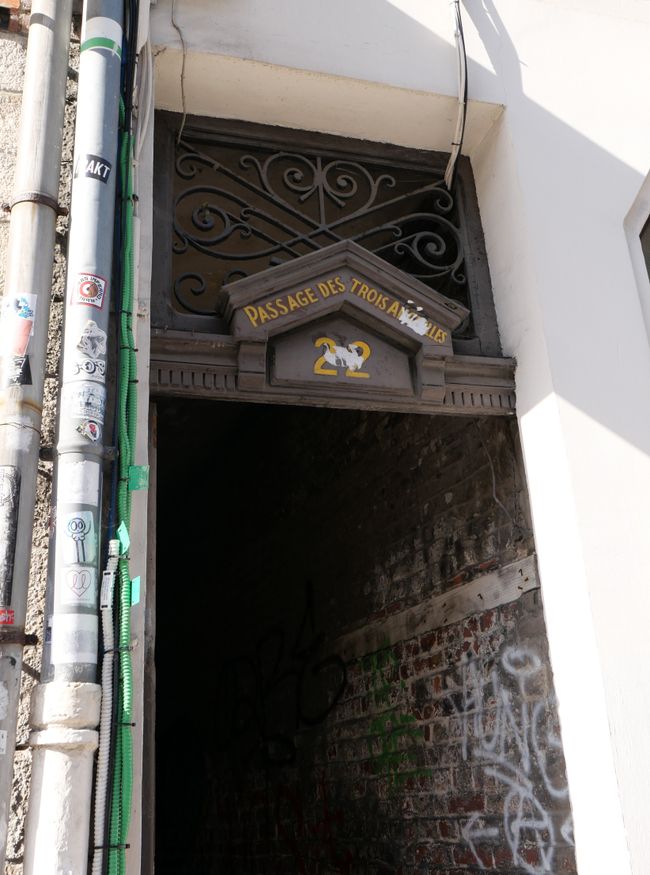
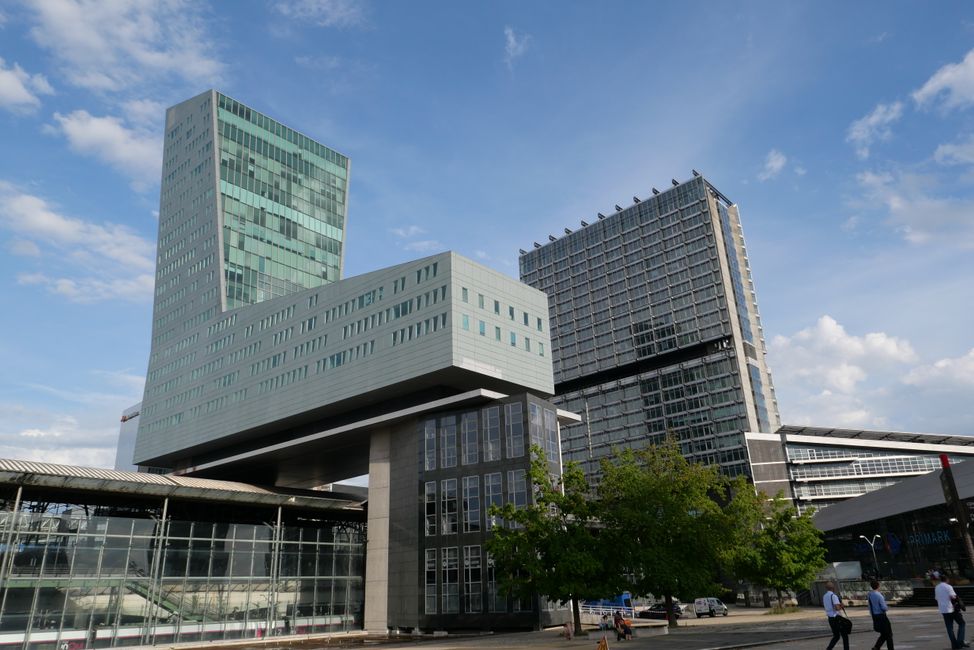
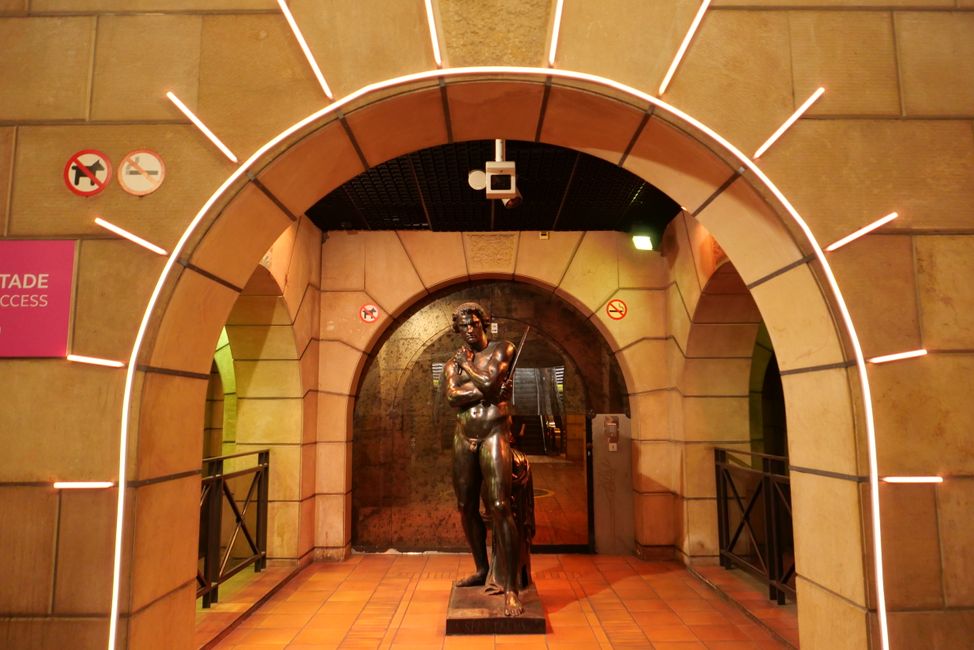
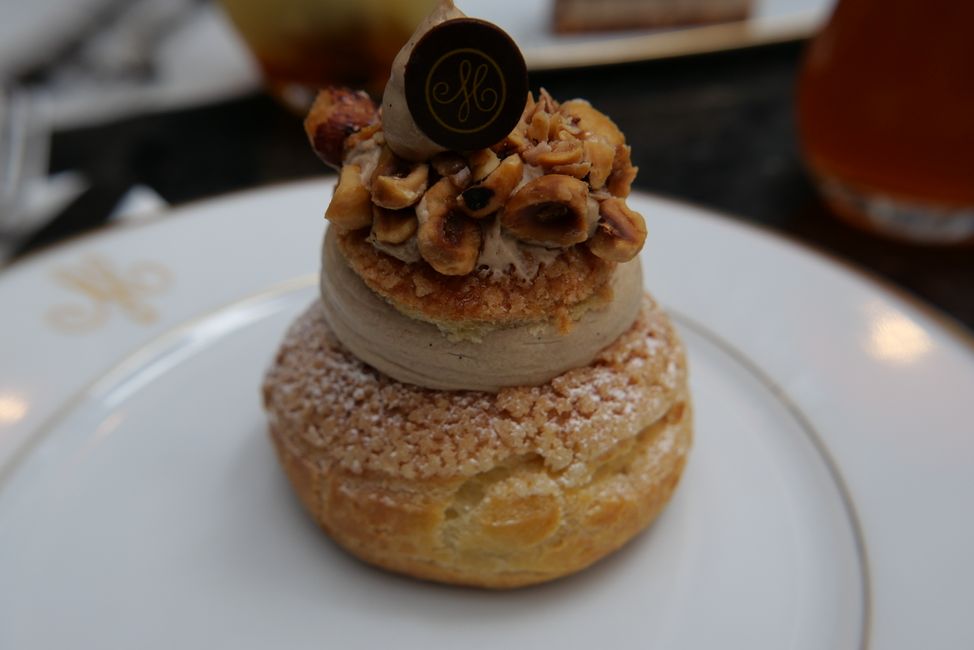
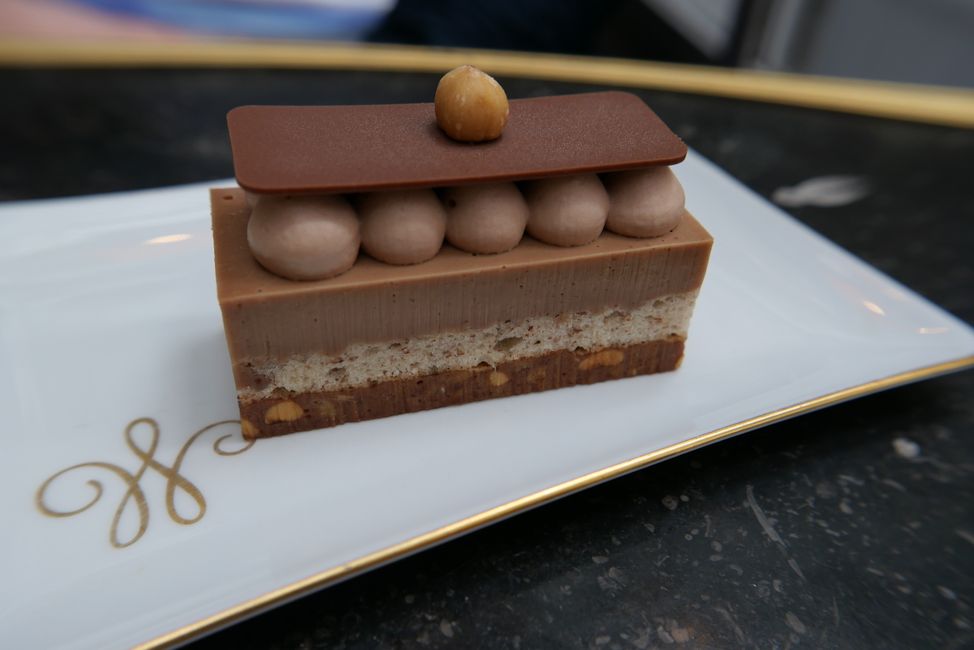
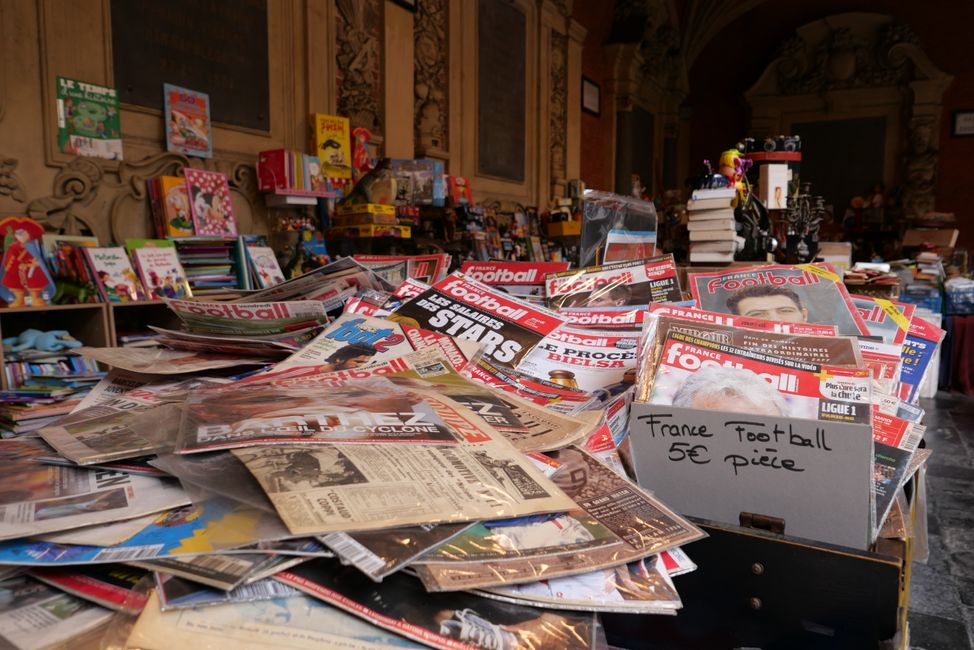
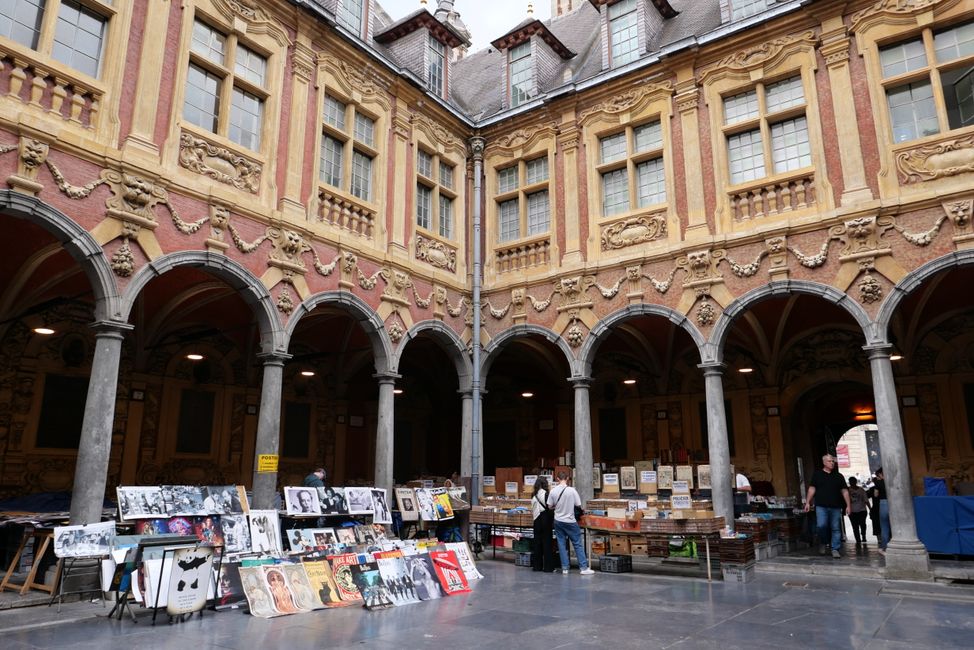
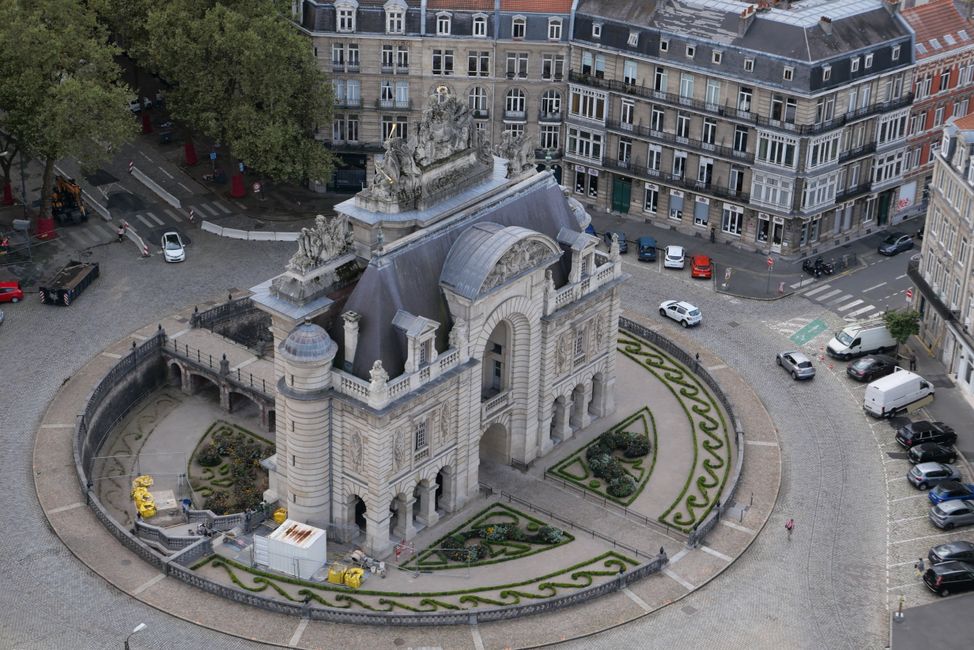
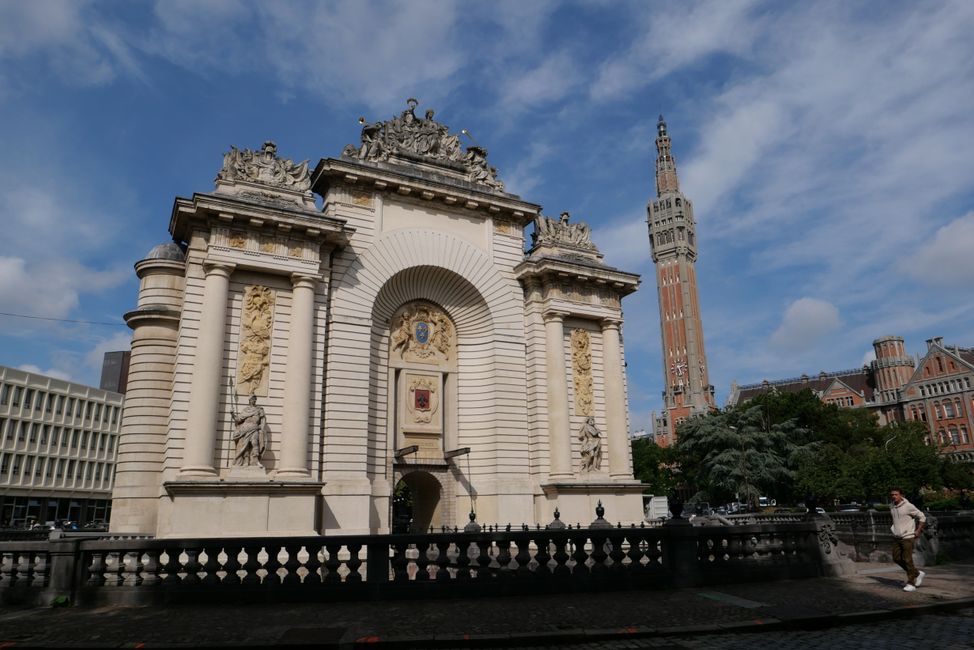
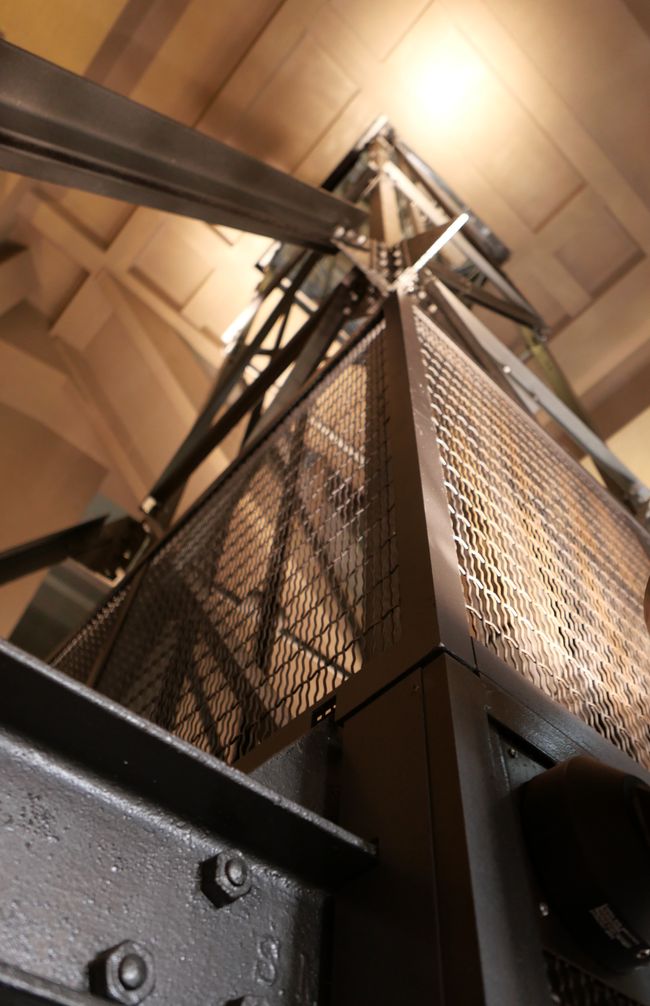
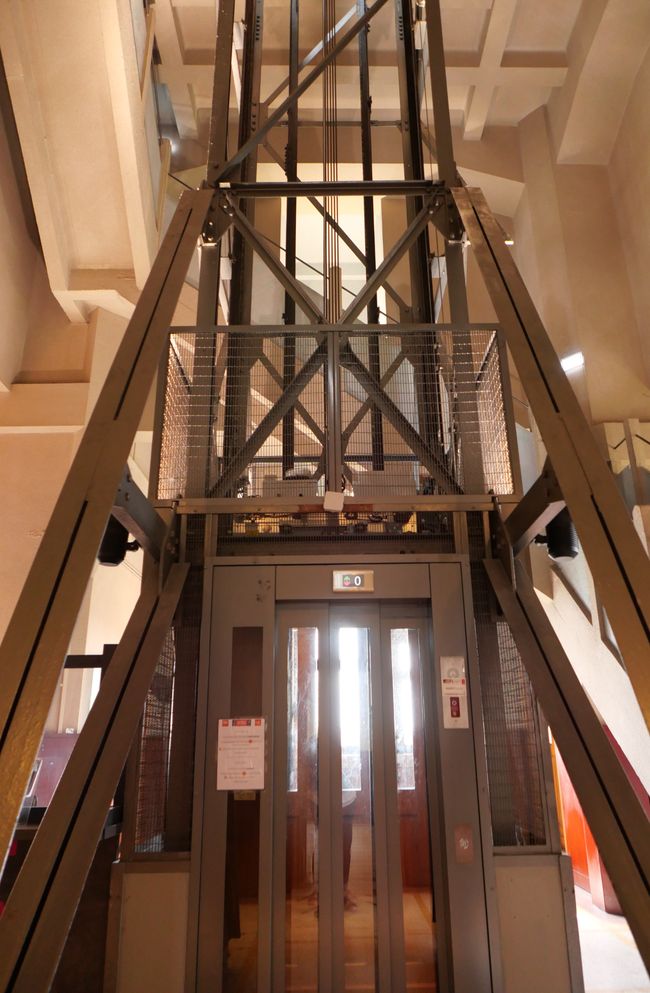
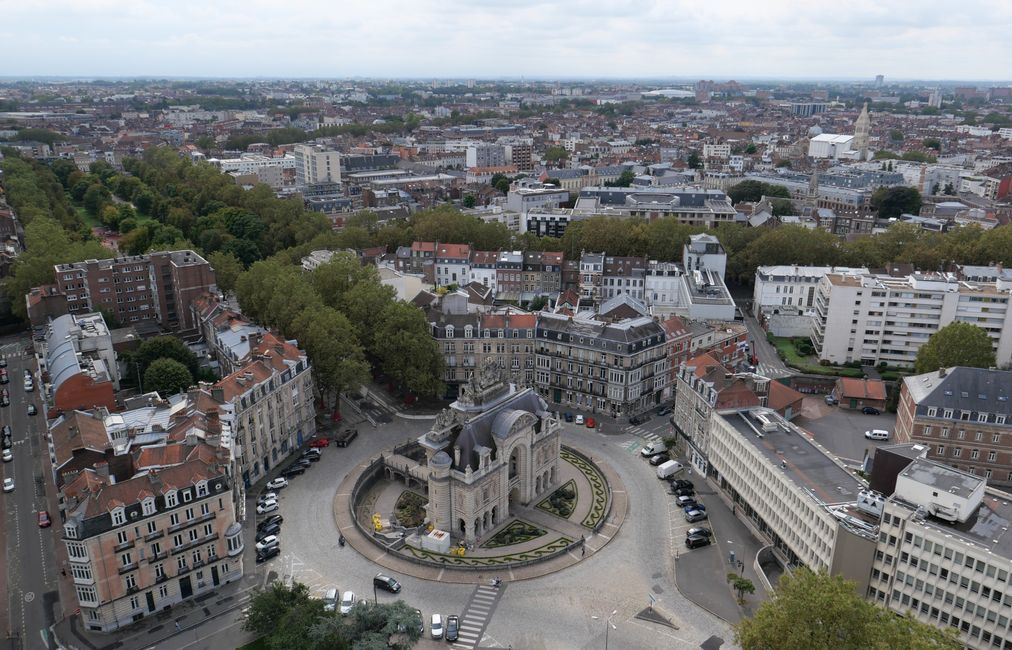
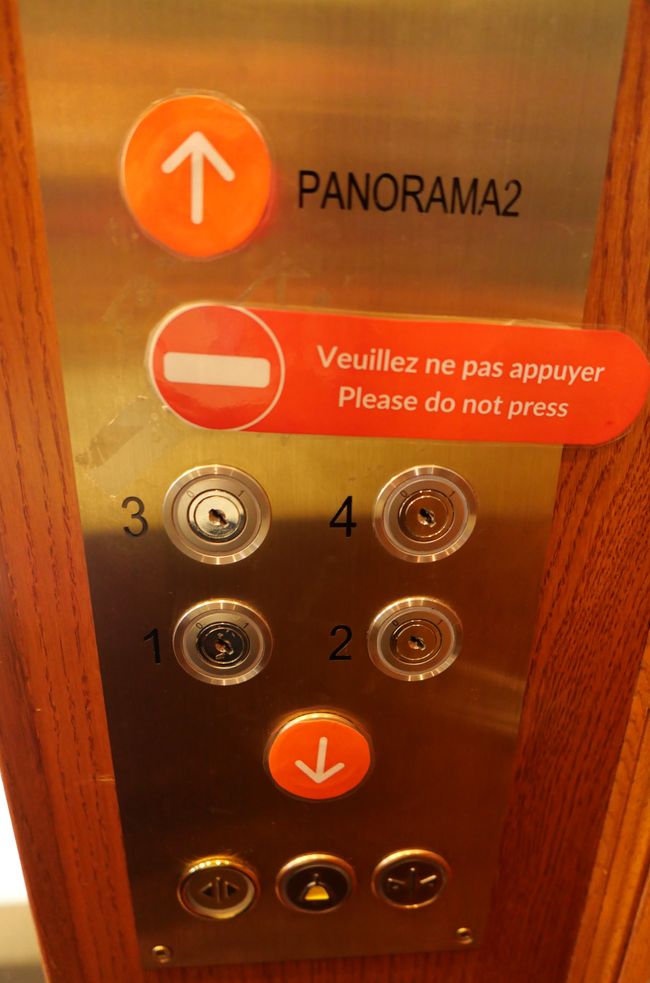
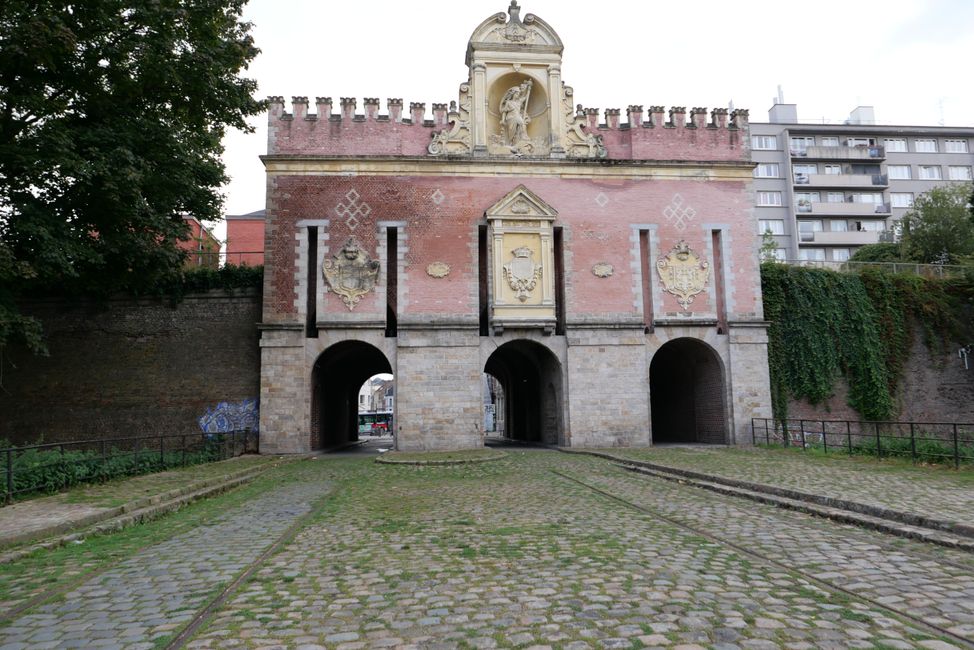
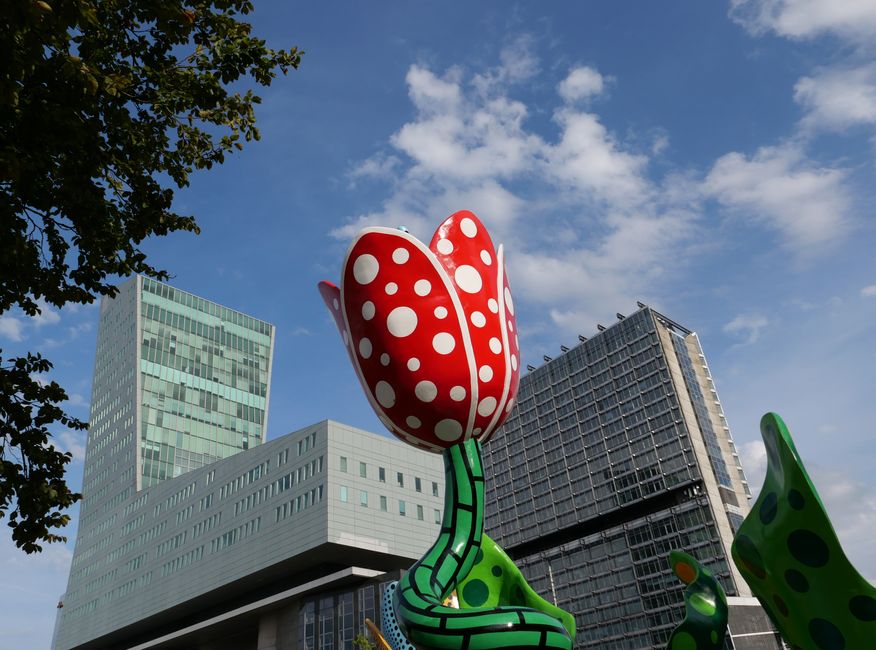
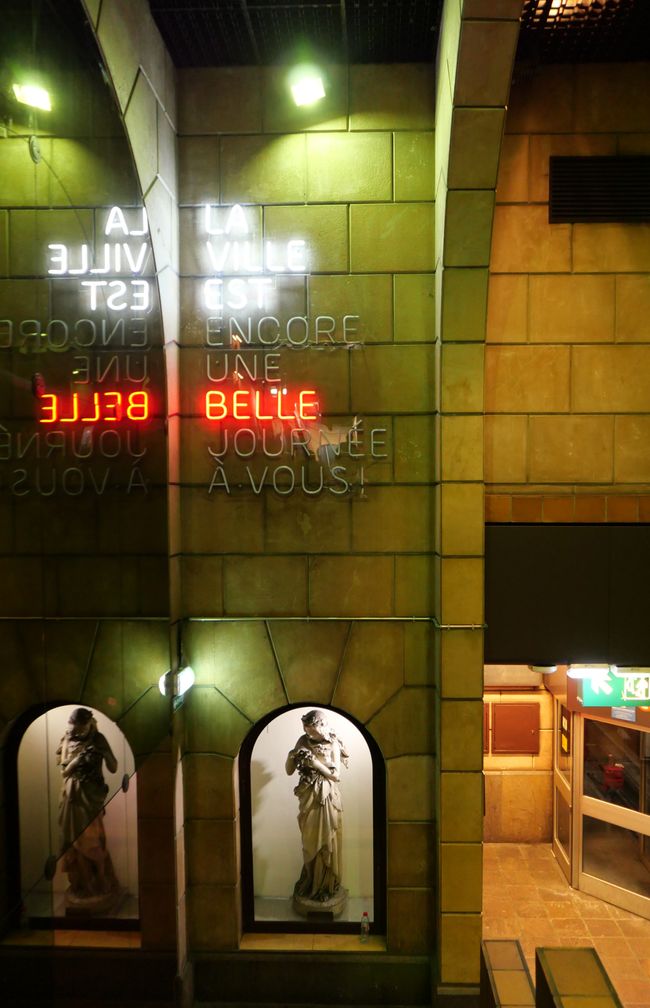
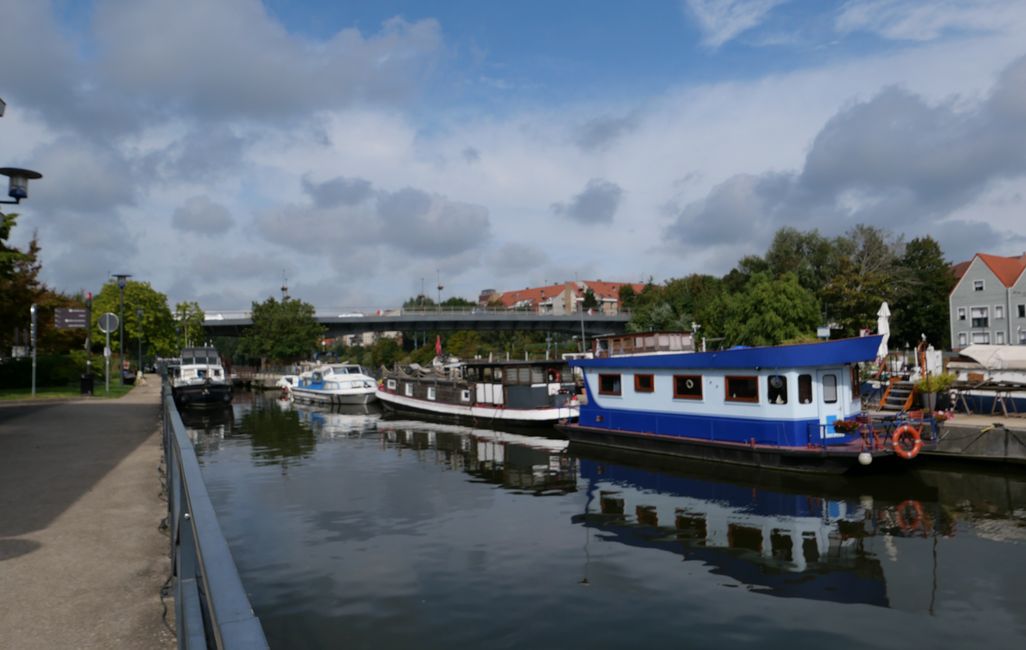
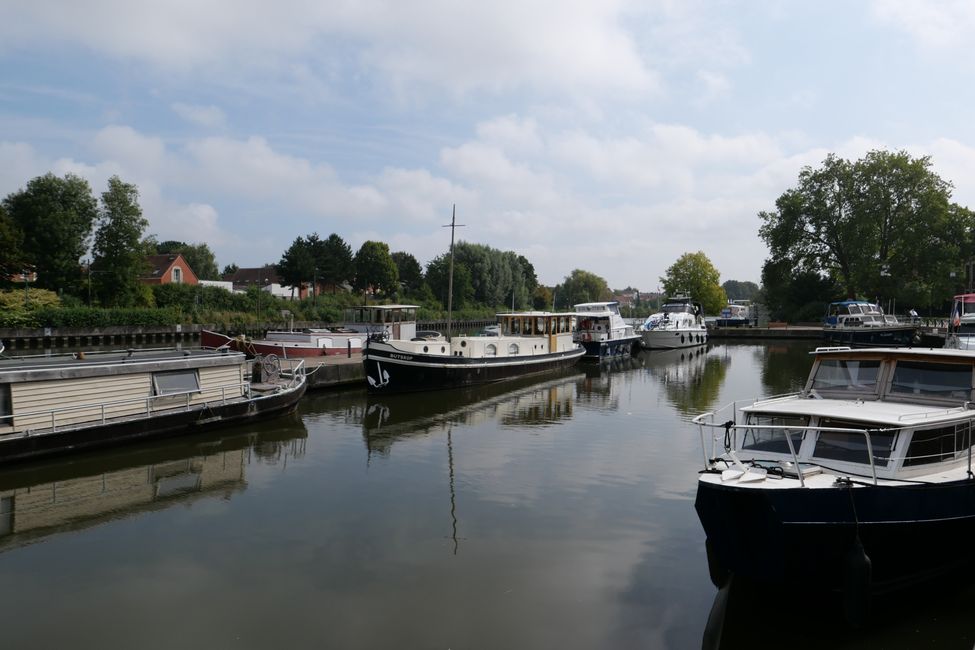
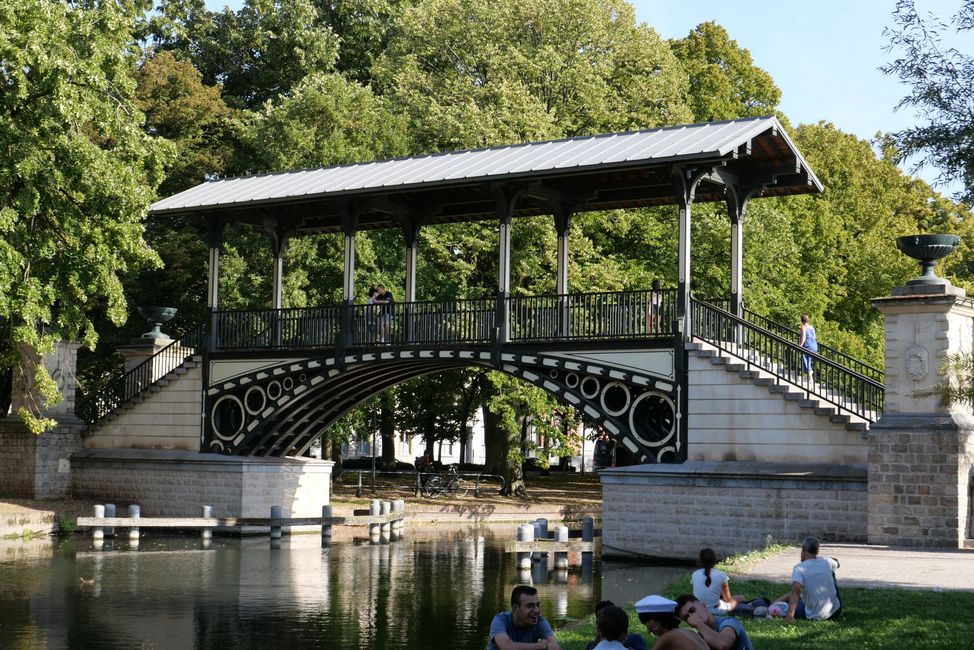
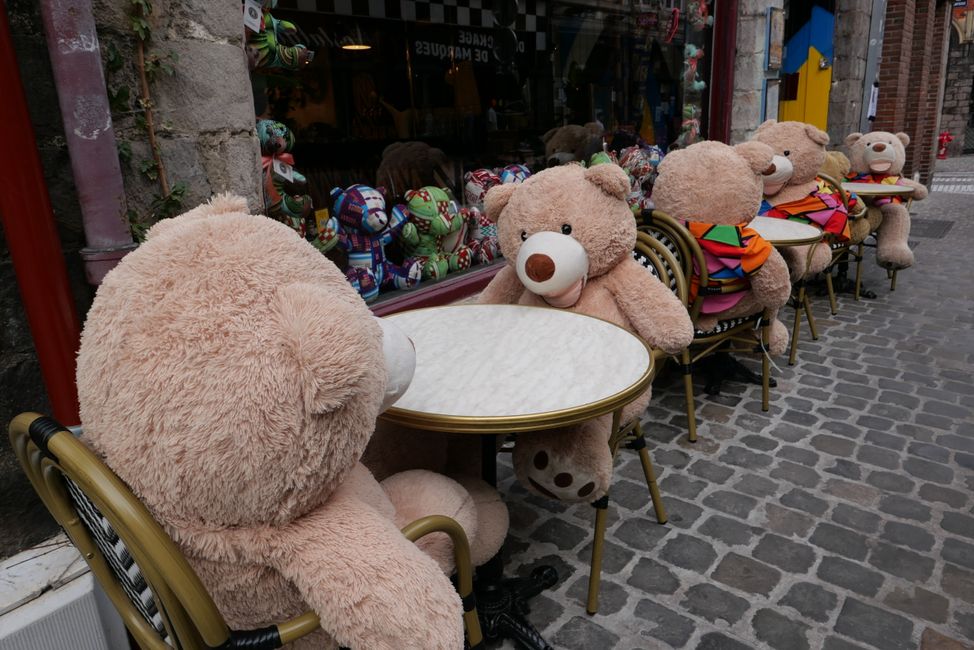
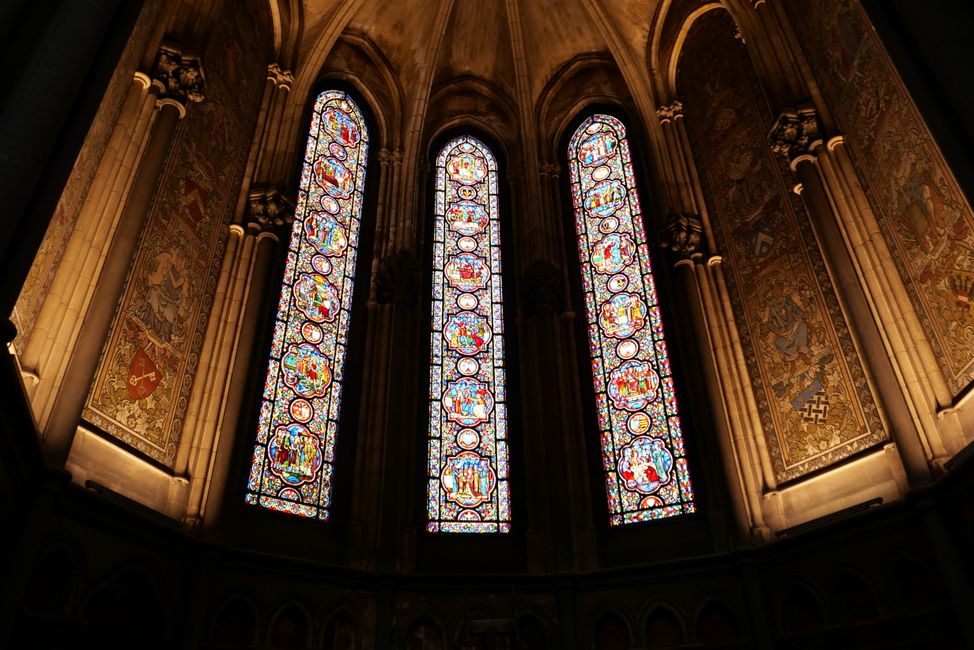
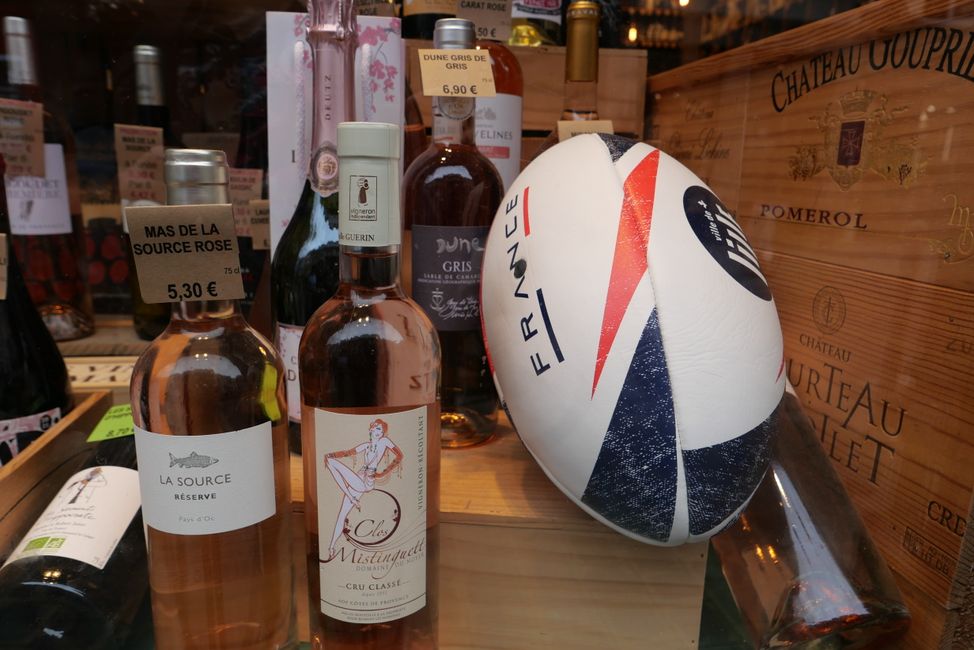
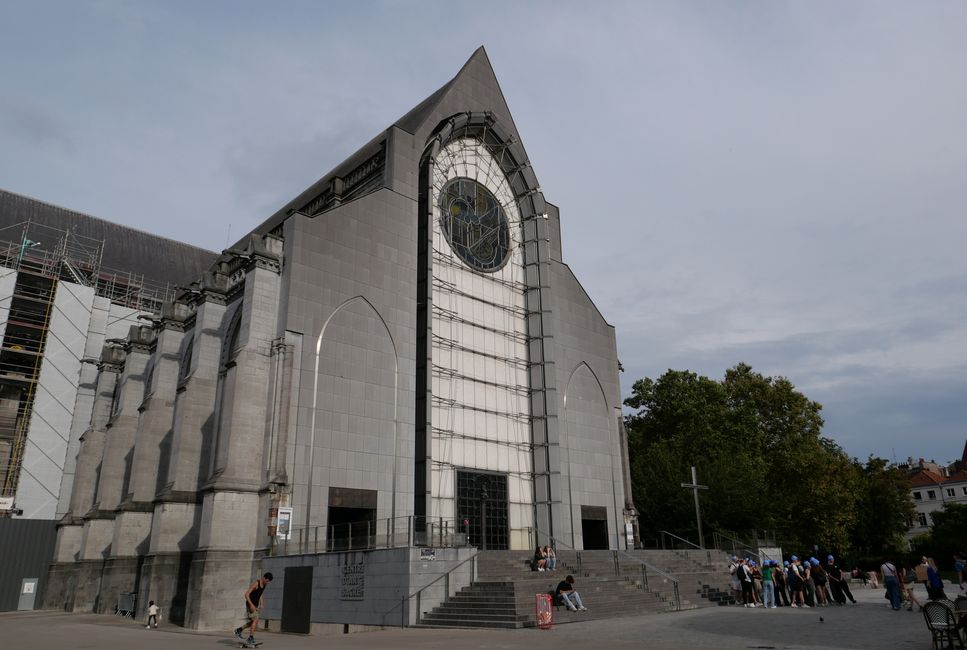
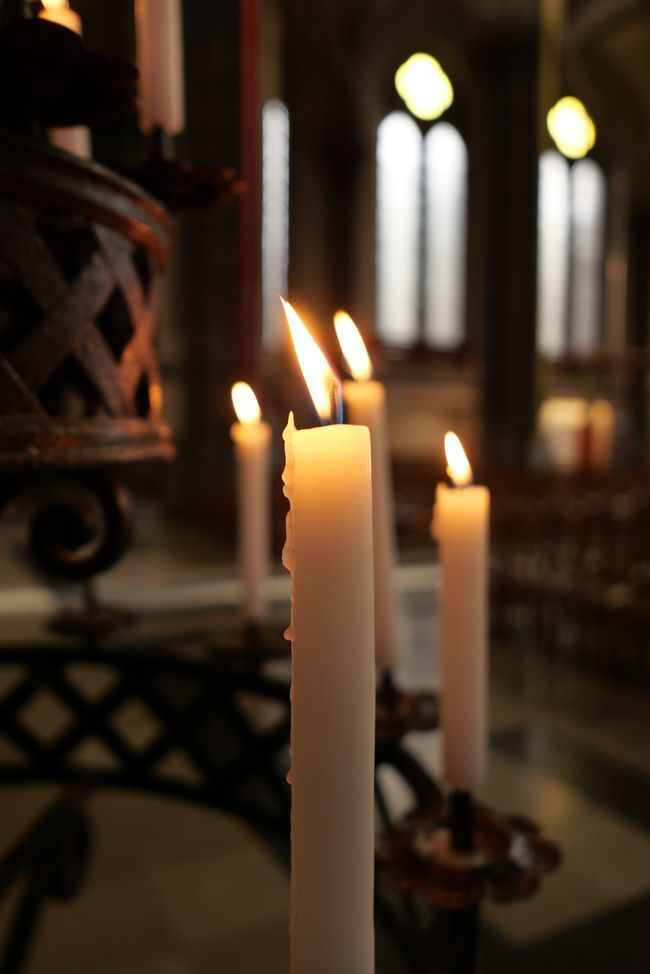
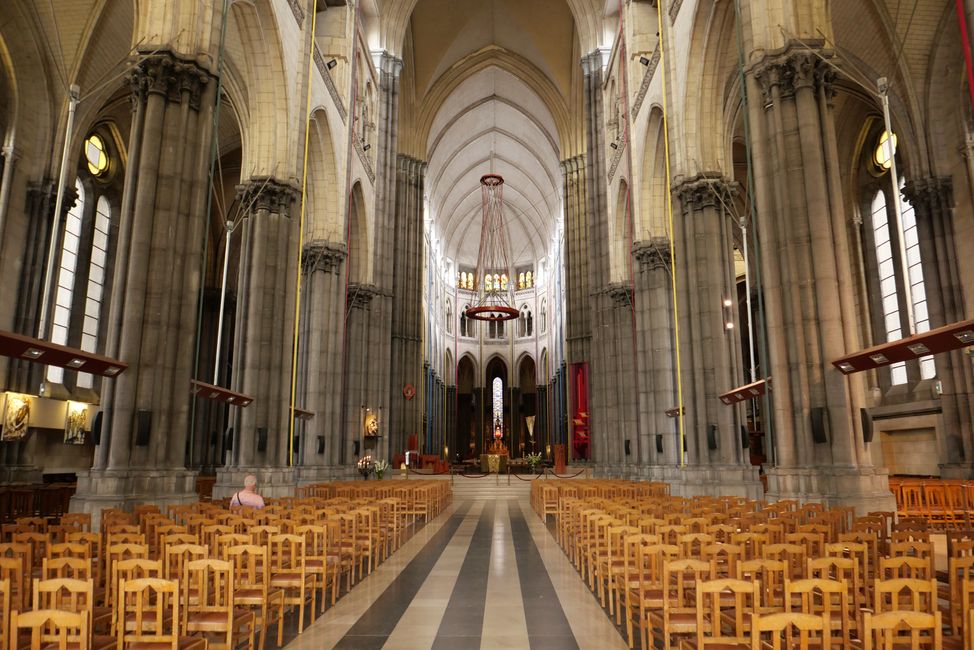
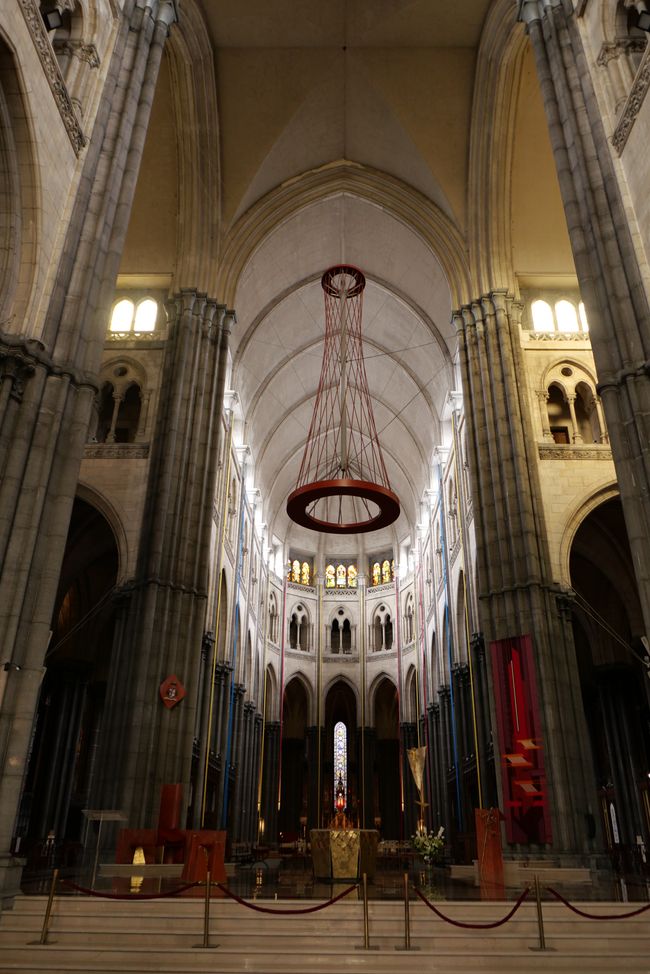
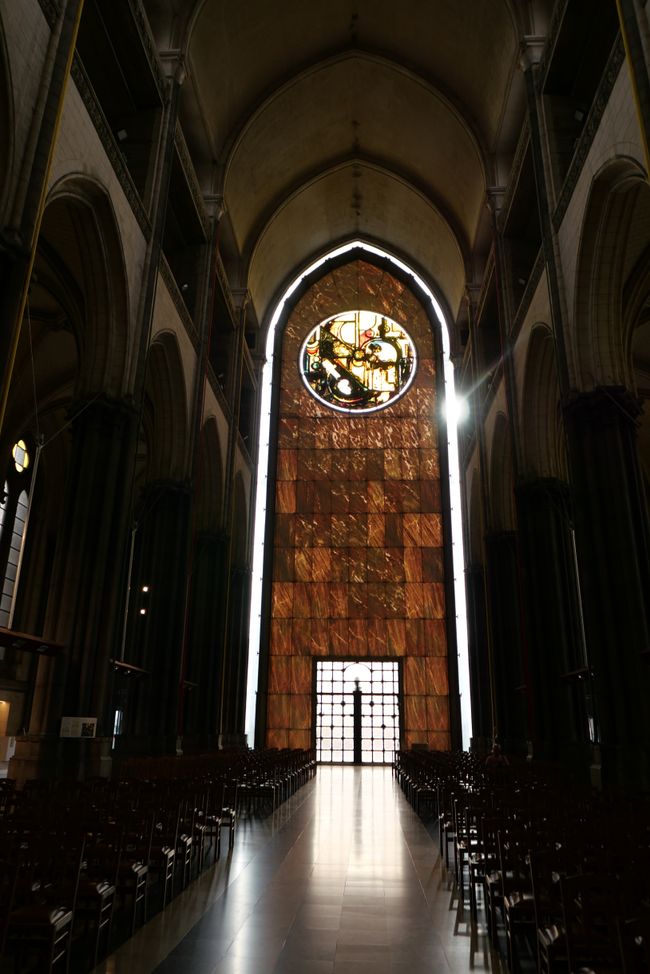
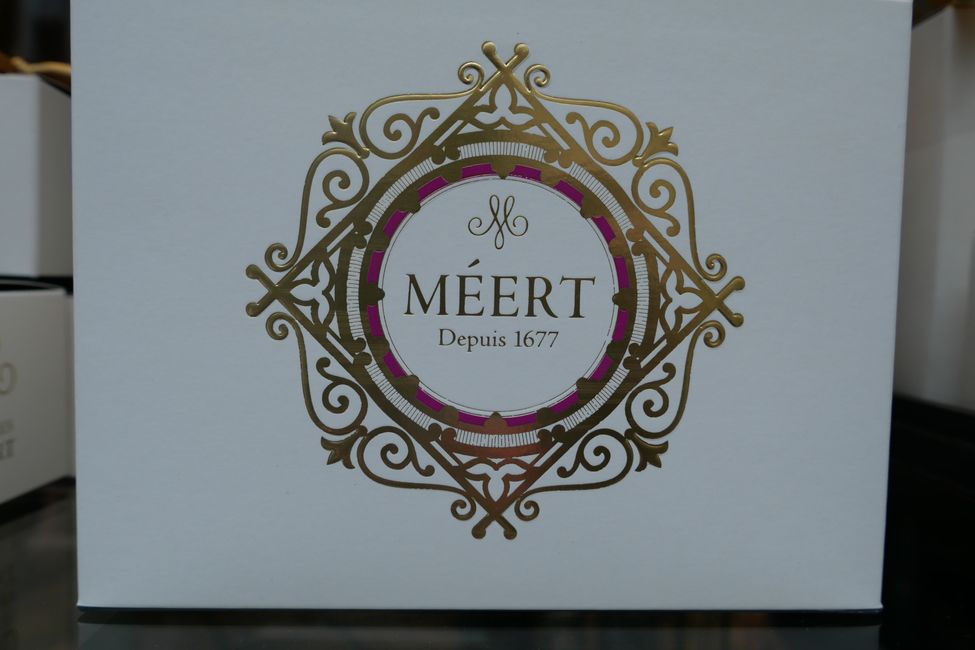
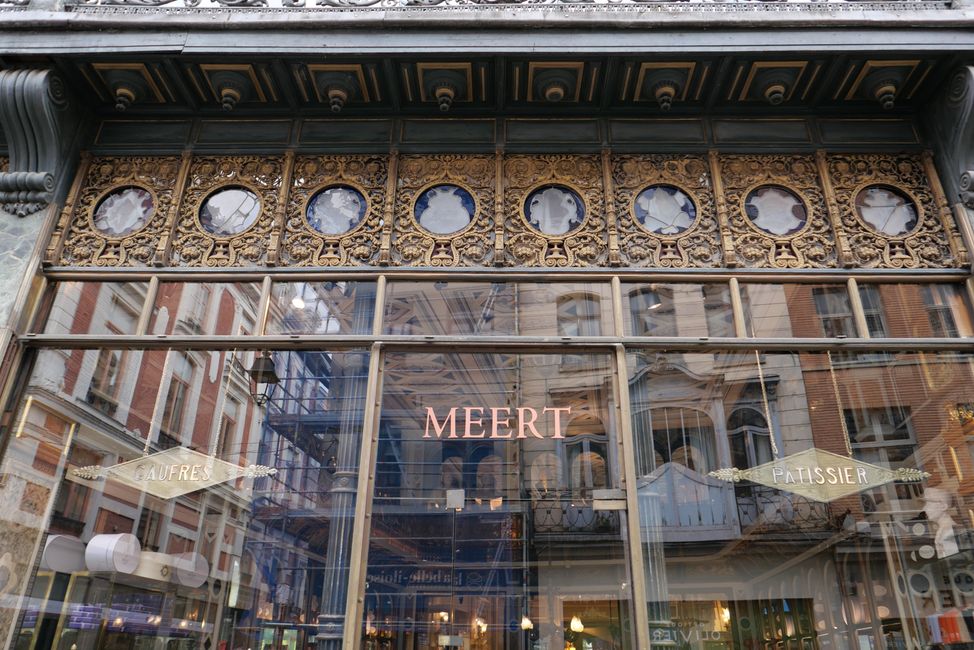
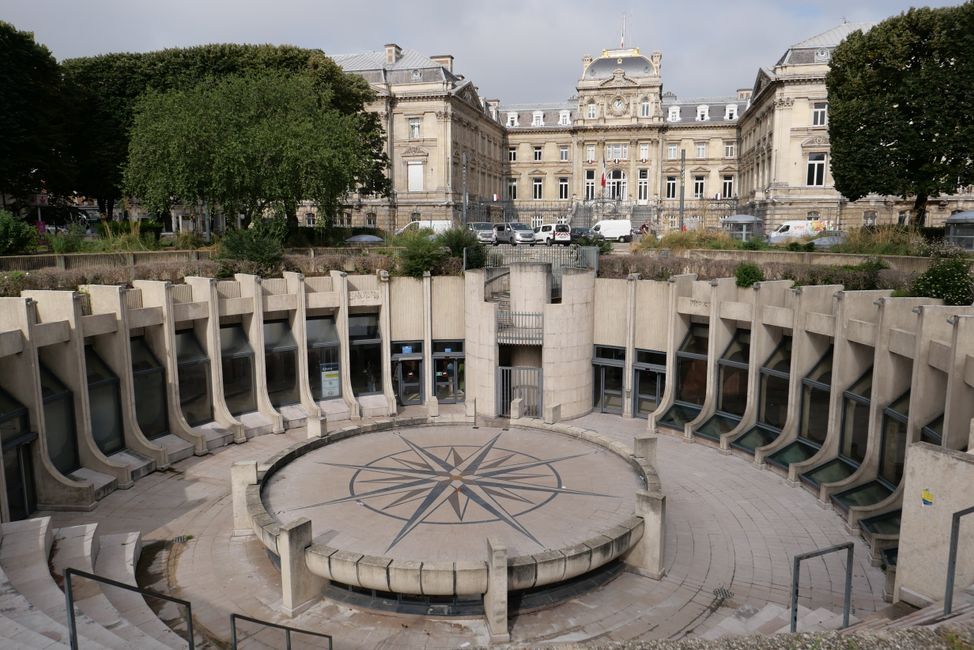
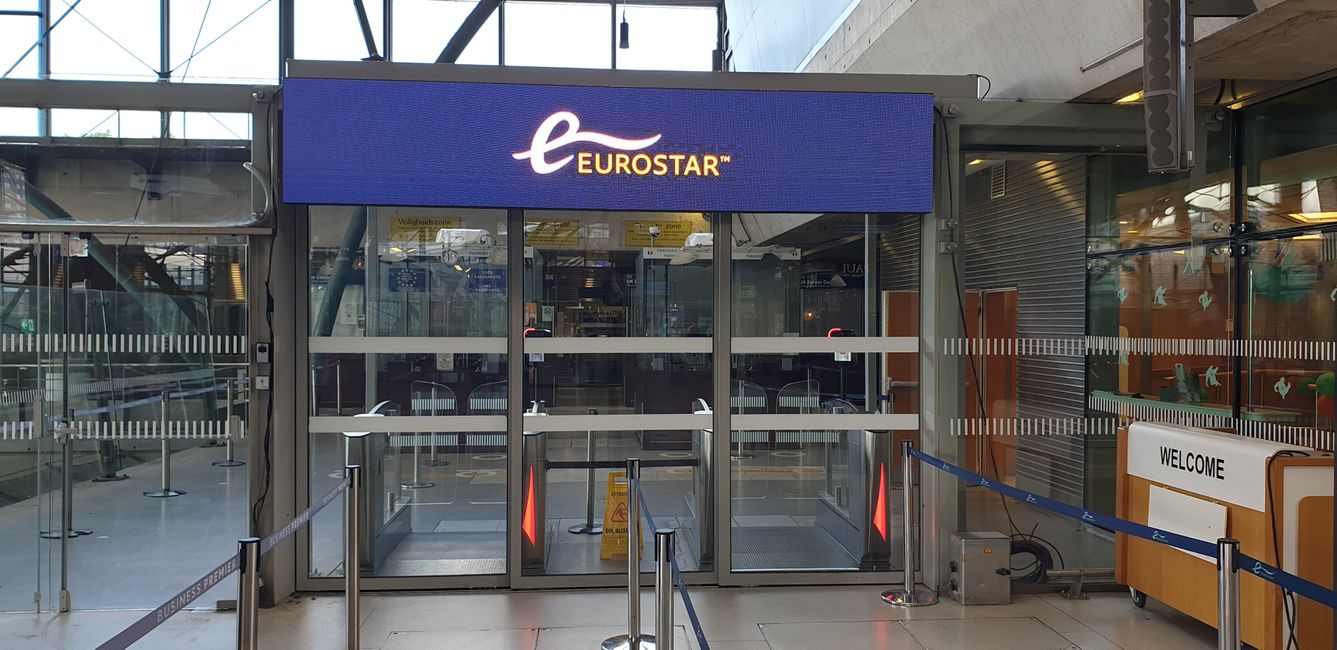
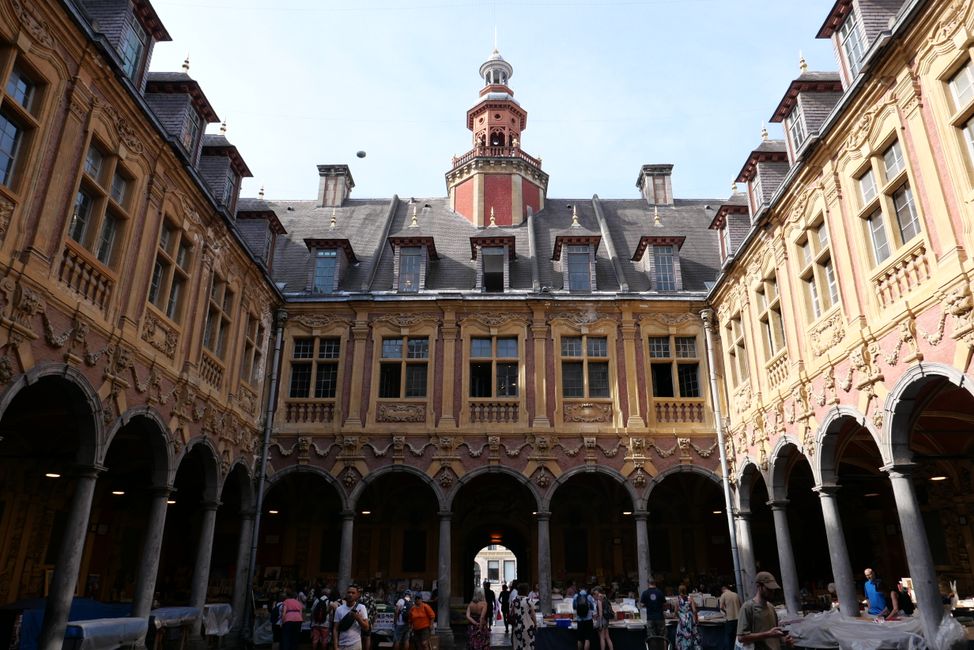
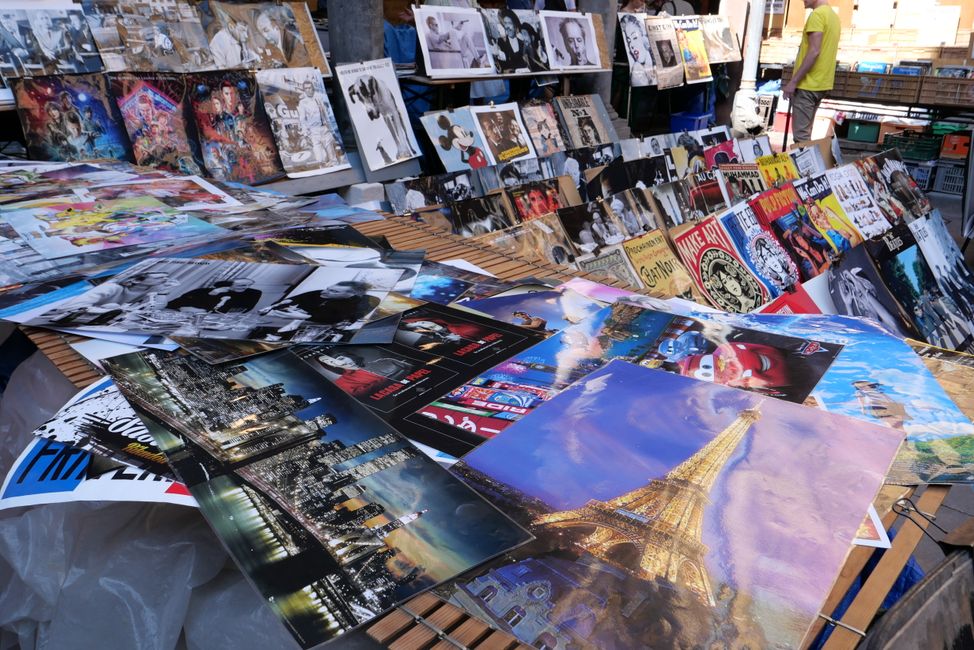
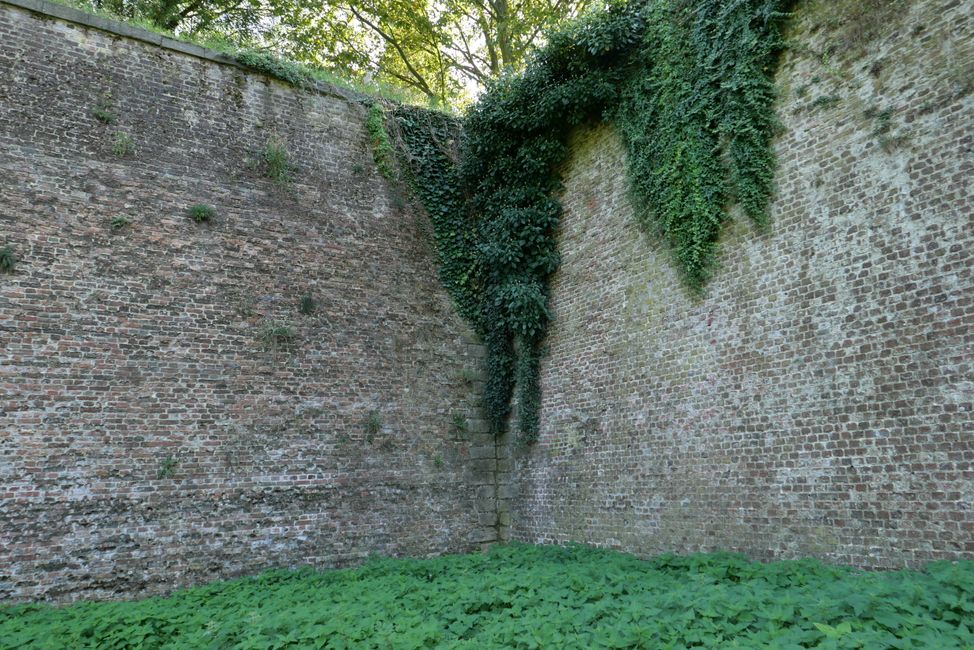
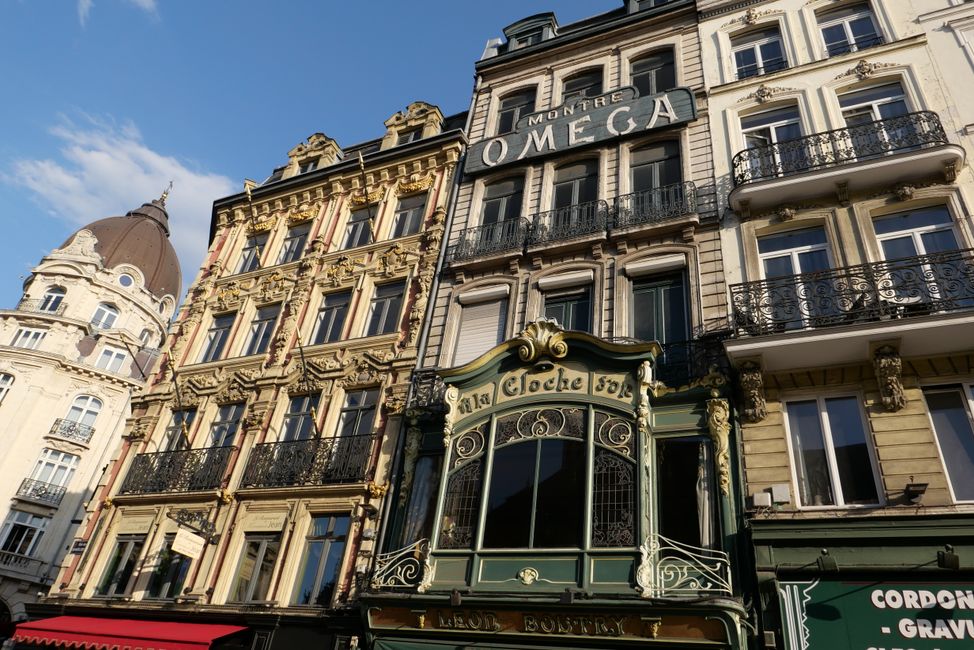
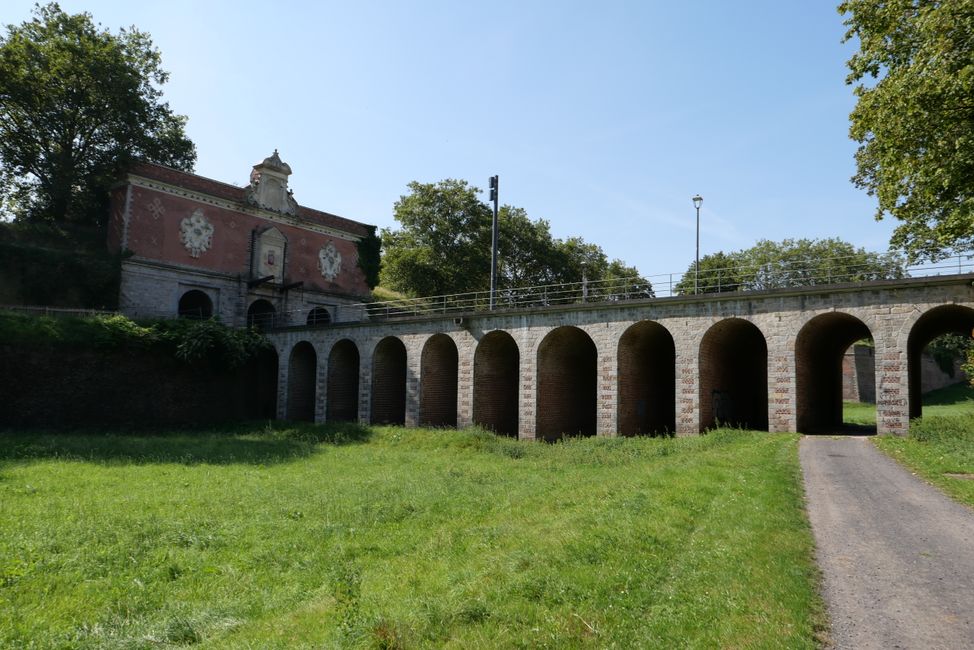
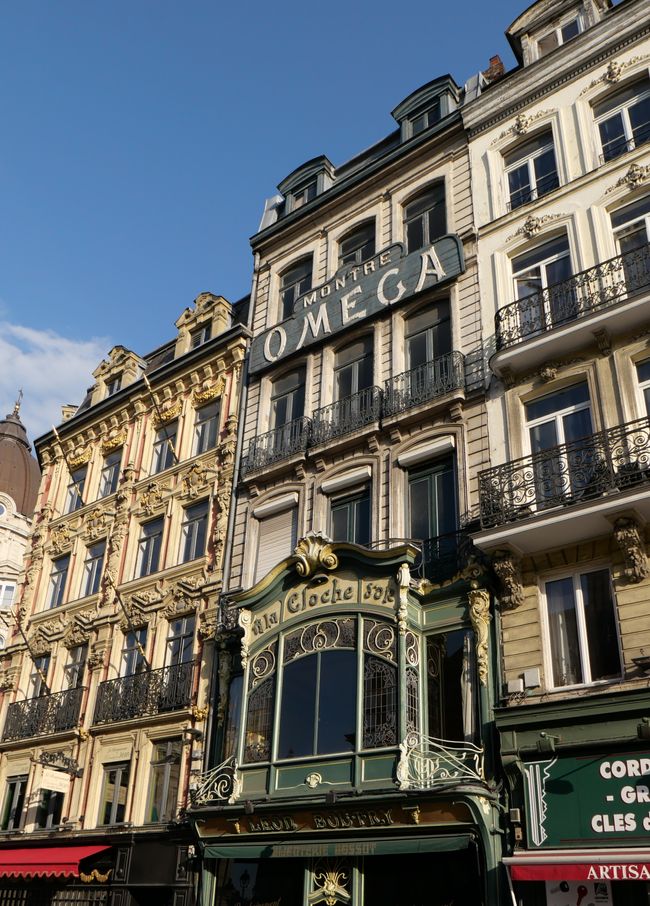
Subscribe to Newsletter
There are several beautiful cities in France, but it is obvious that many of you have not yet heard of the capital of Flanders, Lille.
In fact, that's a good thing, because who likes crowds of tourists? Life here in Lille is colorful enough anyway. The city is primarily young; of the approximately 230,000 inhabitants, 67,000 are students. That's why there is a wide range of trendy bars and restaurants for young people who like to go out. In general, however, French people of all ages appreciate chatting with a drink outside of their own home, which is why there are many restaurants.
We also really enjoyed our time in Lille. We also had wonderful summer weather. So it's easy for me to give you a few tips in the form of a travel report.
1. Grand Place and Place du Théâtre
The city of Lille is particularly impressive because of its cityscape. The best place to start exploring Lille is at the Grand Place. Here you will find many sights in one place.
As the name Grand Place suggests, it offers a large area which was previously used for trade.
The Old Stock Exchange (Vieille Bourse) is a particularly striking reminder of this. Built in 1653, the complex consists of 24 identical buildings built around an inner courtyard. This fact initially confused me, because visually everything looks like a single building.
Either way, it's worth visiting the courtyard, which is open every day except Mondays. Trading still takes place here, albeit in an incongruous way. Old posters, books and magazines are on offer at various flea market-like stalls. Everything looks somewhat makeshift, but the sales tables are covered every evening and set up again the next day. Does anyone ever buy anything here? It's interesting that chess games often take place between or in the middle of all this junk, which are then watched with interest by onlookers.
But now back to the Grand Garde: The Column of the Goddess (Colonne de la Déesse) is unmissable. When we visited, she was holding a large rugby ball under her arm. Rugby does indeed seem to have a very high status here. The Rugby World Cup is currently taking place here. That's why many shops have the typical balls with their rotationally elliptical shape in their shop windows.
Not quite as conspicuous, however, is the Théâtre du Nord, which stands somewhat crouched down next to the much more prominent building with the inscription "La Voix du Nord" on the Grand Place.
You will find many other beautiful buildings on the square, and it would take too long to list them all. But you might spot a small plaque on the ground with the image of Charles de Gaulle. In fact, after the Second World War, the Grand Place was renamed Place du Général-de-Gaulle. Charles de Gaulle, who later became President of France, was one of the key contributors to the liberation from Nazi Germany. This makes the people of Lille particularly proud, as he was also born in Lille in 1890.
After this excursion into political history, back to the Grand Place or the Place du Théâtre behind it: Here you will find the very striking Opéra de Lille and the equally impressive Chamber of Commerce (CCI de Lille) with its high tower. This is not accessible, but the building's reception hall is (Monday to Friday). It's worth it!
2. The Old Town
At first, we felt like we were in a historical open-air museum when we walked through the old town of Lille. No building here seems to be new. There are many beautiful alleys and nooks to discover and of course they are all great photo spots.
It is best to go to the Porte de Gand or through it. Behind the gate you will find a well-preserved city wall that is nice to walk along.
It is also worth taking a look at the citadel. You cannot enter it, however, because the military is housed inside, but you can walk around it or stroll along the water.
3. The Hotel de Ville and a ride in the elevator
The belfry of the town hall of Lille (Beffroi de l'Hôtel de Ville de Lille) is an attraction due to its height and is even a UNESCO World Heritage Site along with other belfries in the region.
In various descriptions of sights, a ride up in the elevator is recommended. What was really confusing, however, was that in many cases the wrong tower, namely the CCI tower, was shown in these tips.
In fact, the slender, tall shape of the towers is quite similar. However, the CCI was completed between 1909 and 1921 and is 76 m high. The town hall (Hotel de Ville), on the other hand, is located a little outside the bustling city center, between newer buildings. The belfry, i.e. the tower, was built in record time between 1929 and 1931. And the height here is 104 m.
What is interesting is that an internal elevator was used for the construction work, which was continually extended as the work progressed.
But how we got the tickets is an adventure in itself. First of all, the tower is not open every day, but only Tuesday to Sunday. The somewhat faded sign on the door did not tell us that the tickets had to be bought at least 24 hours in advance. We only found out about this from another sign that was there in front of the door on Tuesday.
To put it briefly: phone calls later, we were fortunately in the building and one registration later, we were on our way up. Where "way" here means that you have to walk up to the 4th floor. But then the elevator (finally) comes into use.
The view from above makes up for everything, even if the fun cost 6 euros per person.
4. The Churches
While walking through the old town, you should have come across the Cathedral of Lille (Cathédrale Notre-Dame de la Treille) on your own. Its exterior is so extraordinary that you won't be able to miss it.
The construction period lasted almost 150 years, so it is clear that there were various builders during this time and concepts were repeatedly thrown out the window. What began in 1854 as a neo-Gothic church was completed in 1999 with a modern façade. The bell tower on the south side was built provisionally as a free-standing structure. It has remained that way to this day.
You can experience another surprise in the Église Sainte-Marie-Madeleine in Lille. We discovered it when it was 33°C in Lille, making the walk a little more strenuous. Since every church always provides cooling, we were happy to enter and then experienced something completely unexpected: Suboth Gupta's "God Hungry" installation. Hundreds of cooking pots, milk jugs and other cooking utensils seem to have poured into the church. It's completely crazy, but also absolutely worth seeing.
5. A little break in the marina - Le Port de Wambrechies
If you've seen so much of the city and need some peace and quiet, a trip to Le Port de Wambrechies might help. It's about a 30-minute bus ride from the city center to this sleepy little town.
You shouldn't expect too much, because the highlight here is the peace and quiet.
6. What we didn’t see
There are a lot of things that would have been just as worthwhile, but we missed out on because of the nice weather.
Here is a list of them:
Palace of Fine Arts
La Villa Cavrois
Museum of the Pool
The birthplace of Charles de Gaulle
Museum of the Countess's Hospice
After all this information, one final question: Is Lille an insider tip?
I think so, but don't tell anyone!
Subscribe to Newsletter
Answer
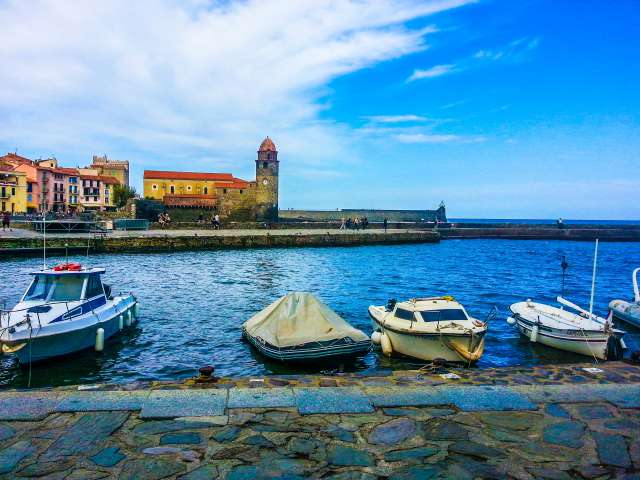
Travel reports France
